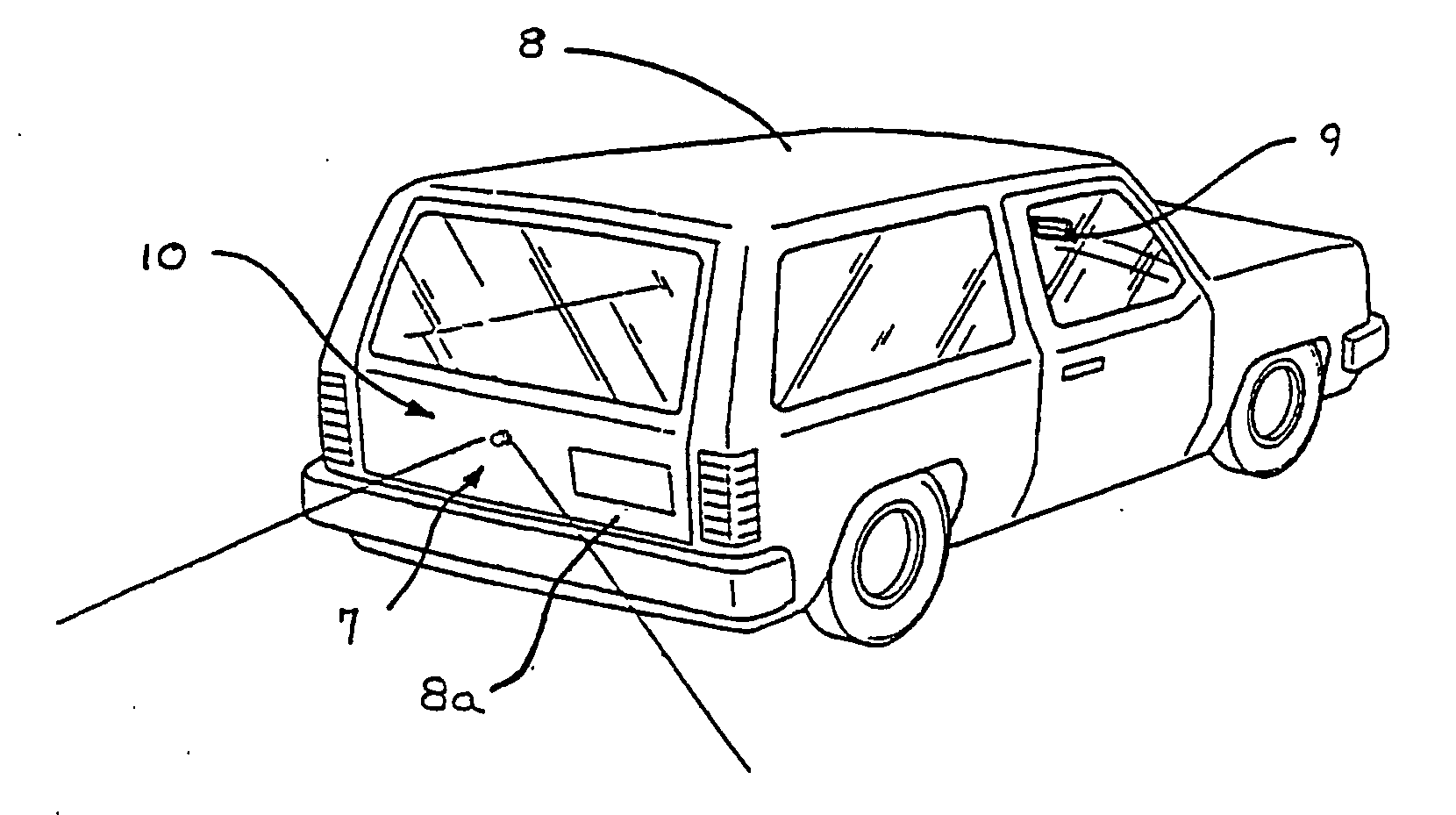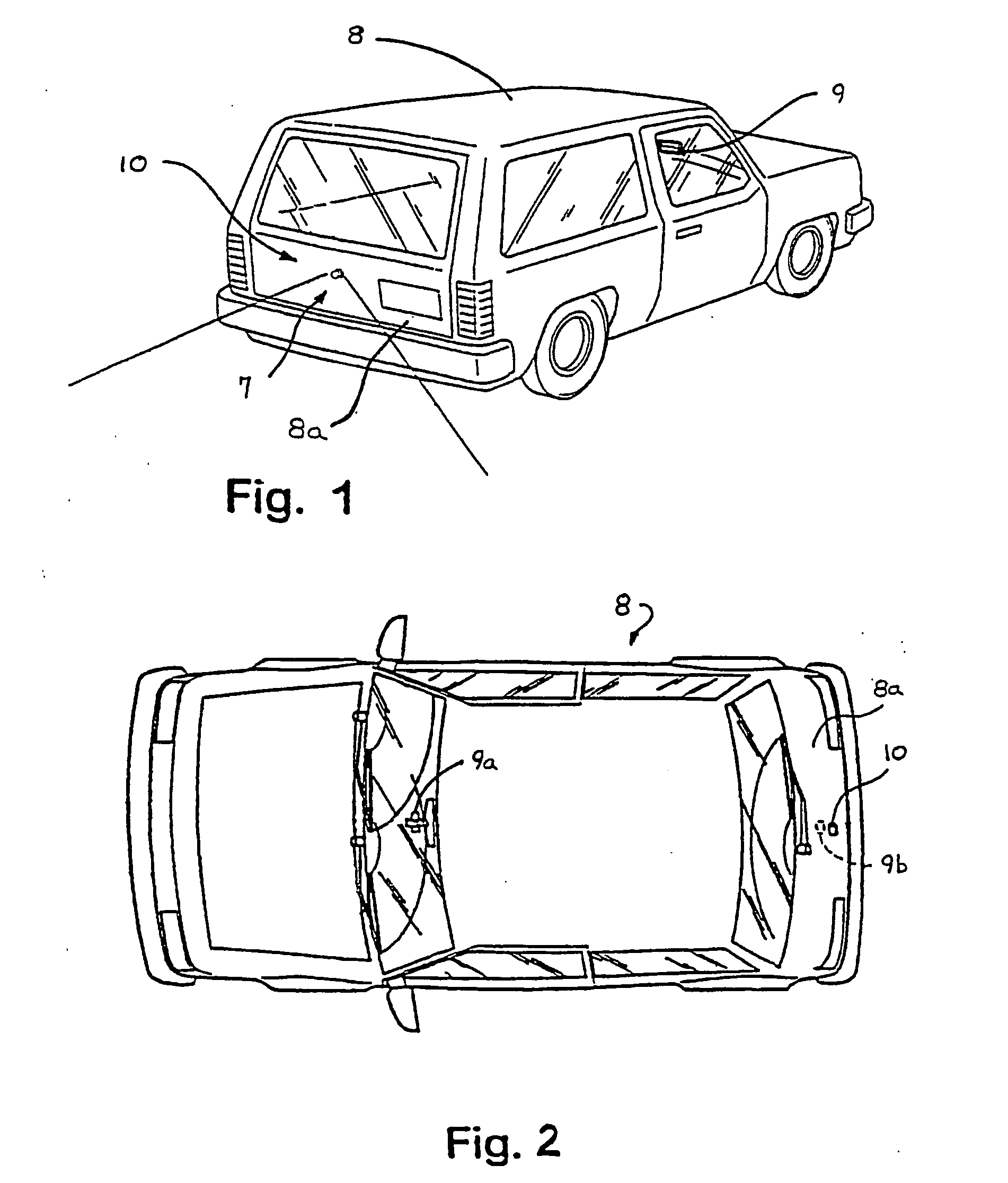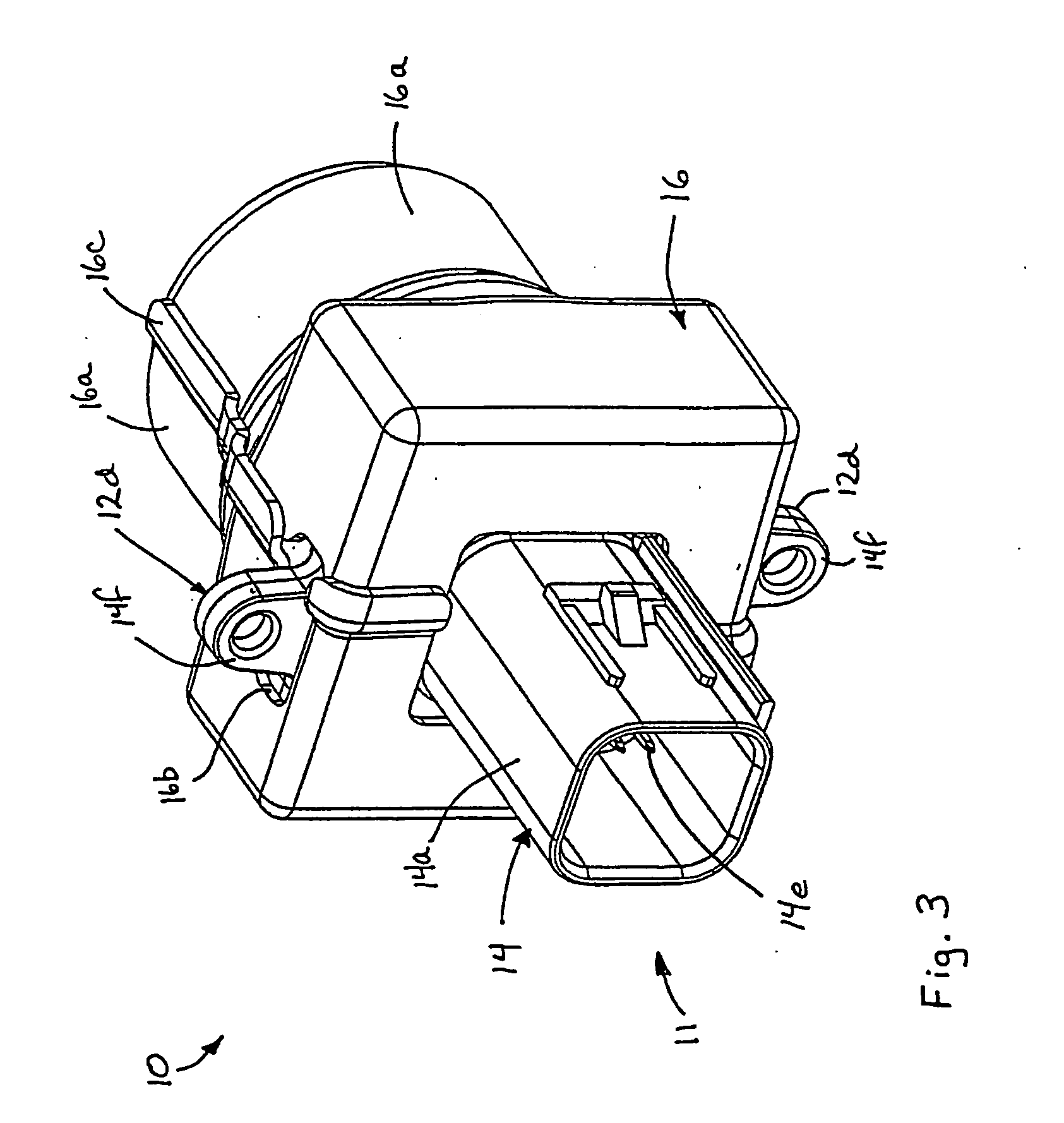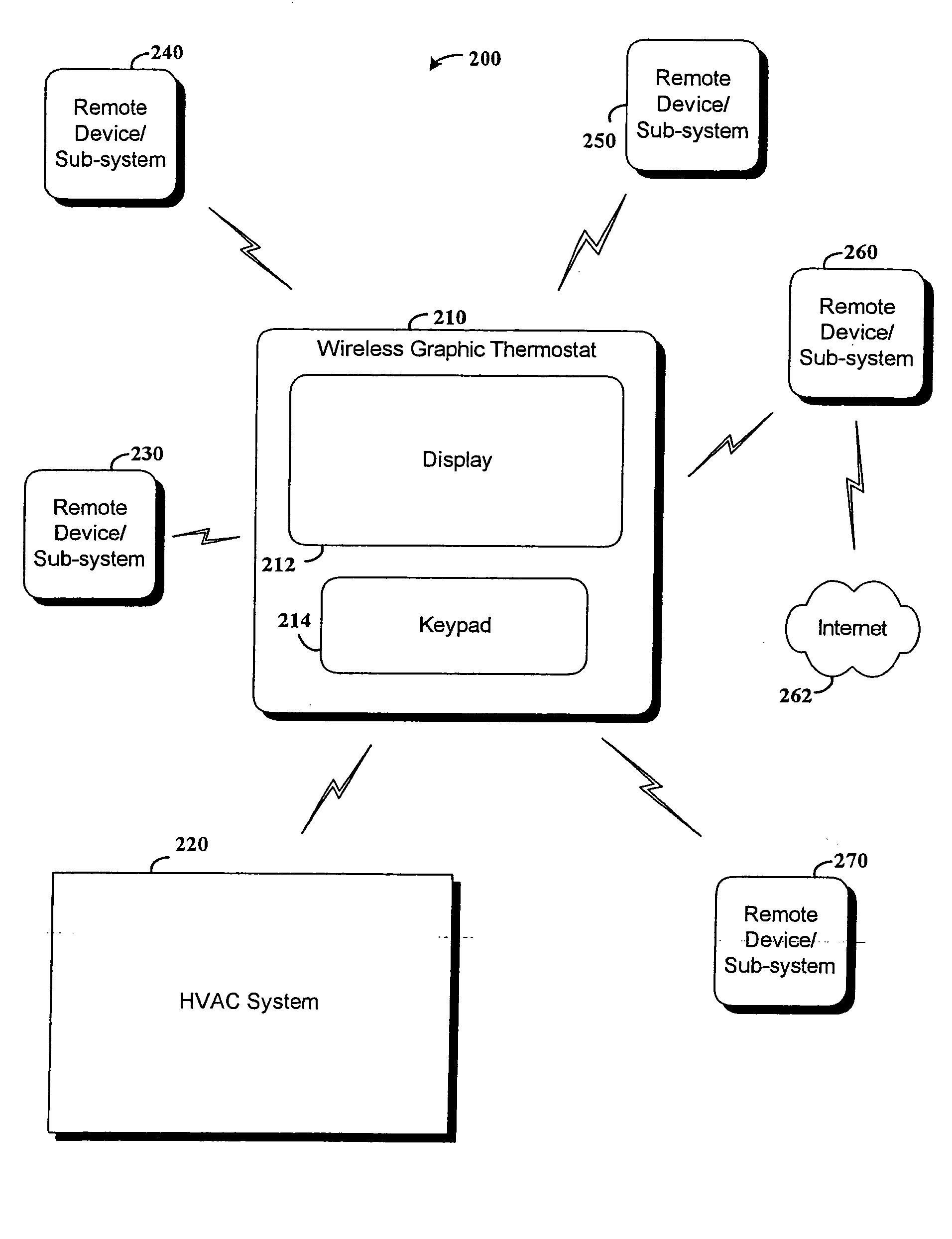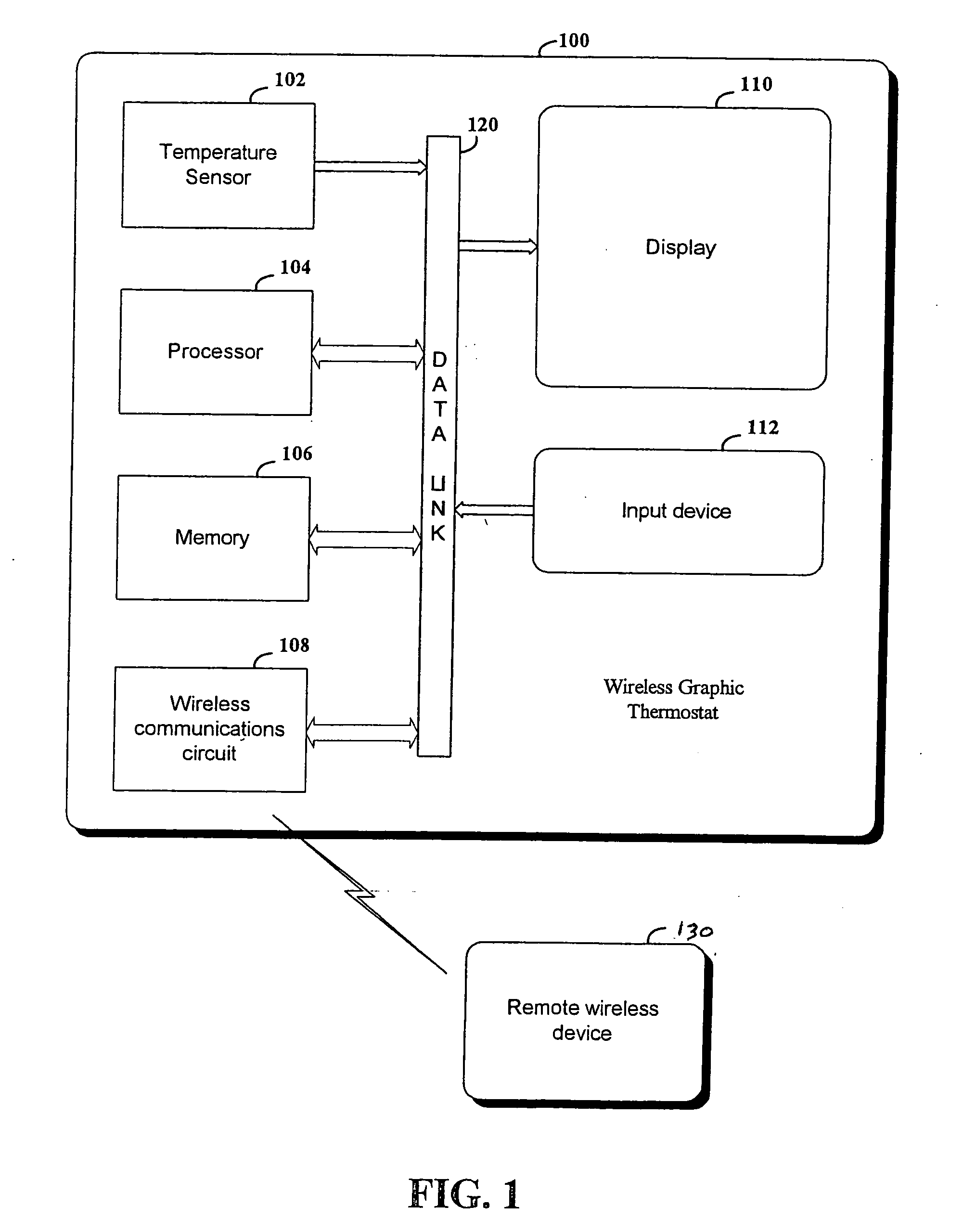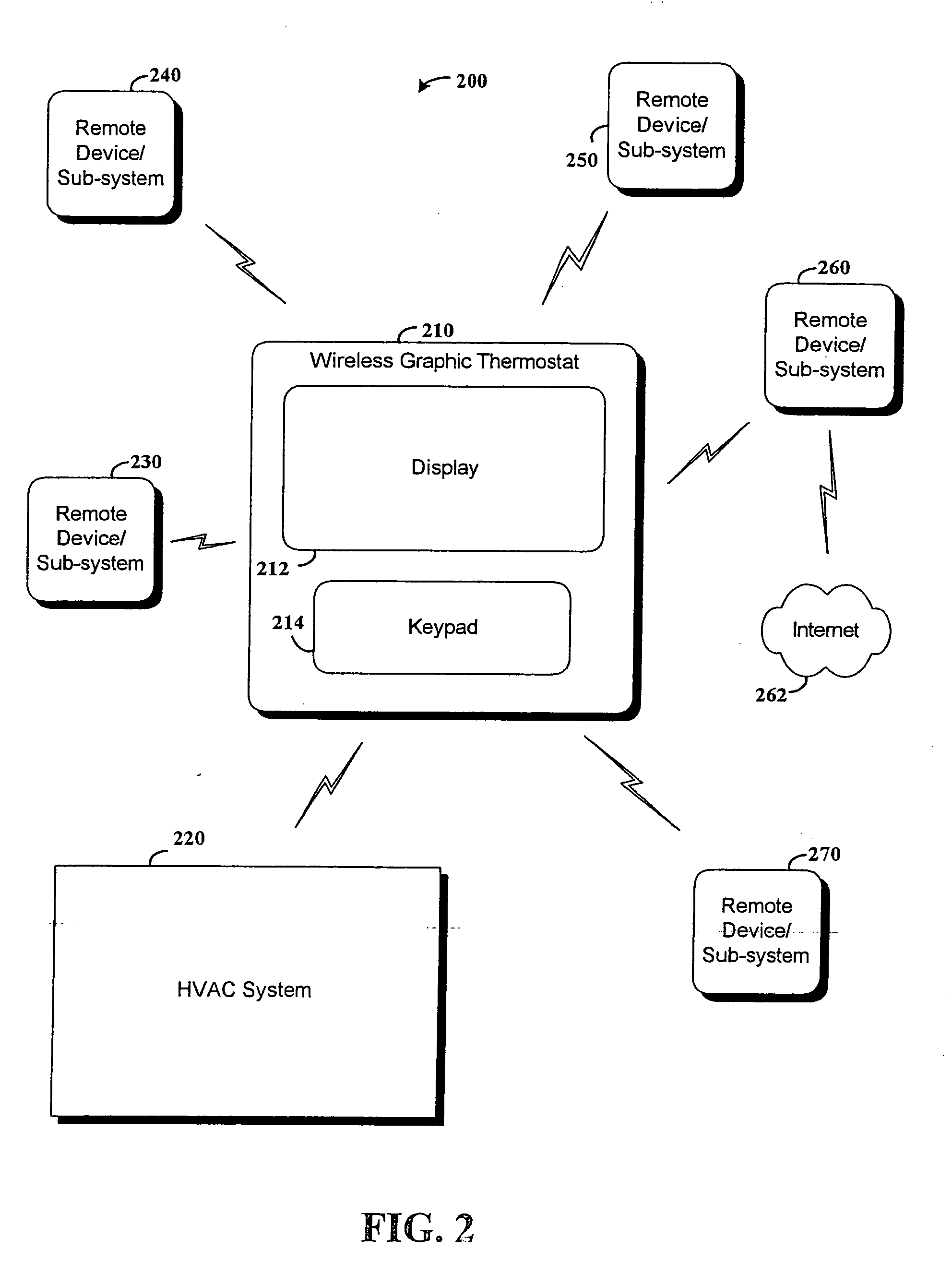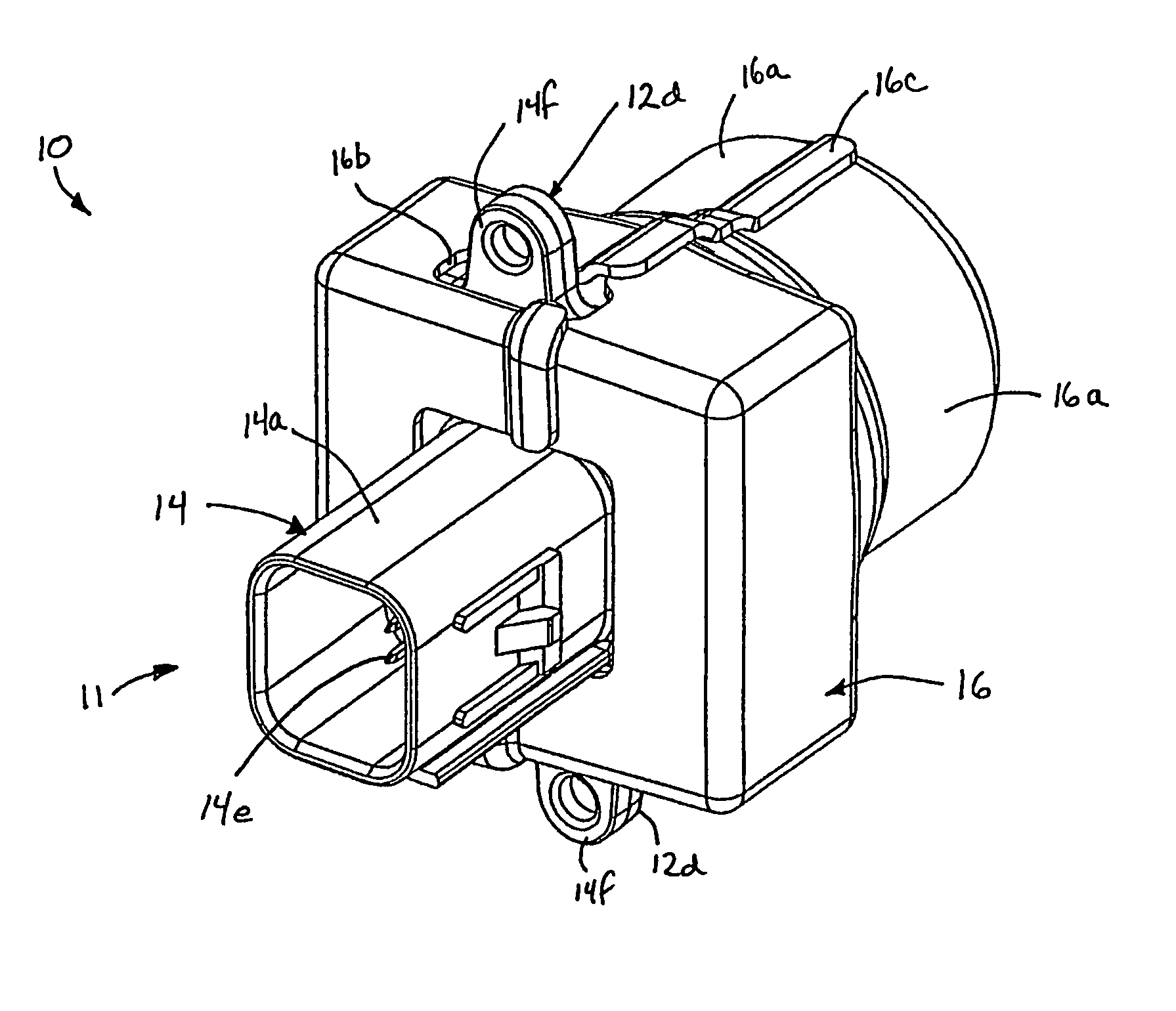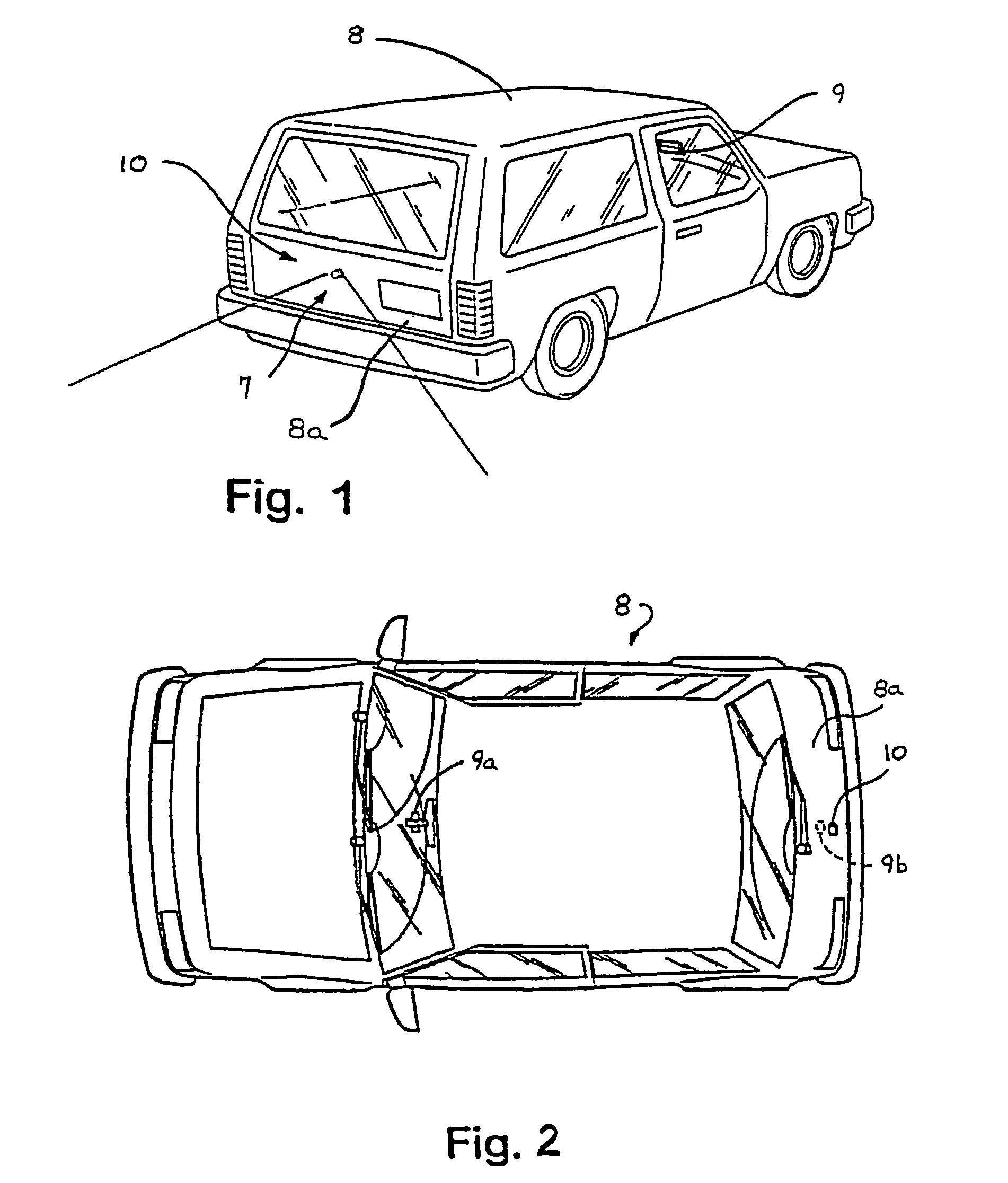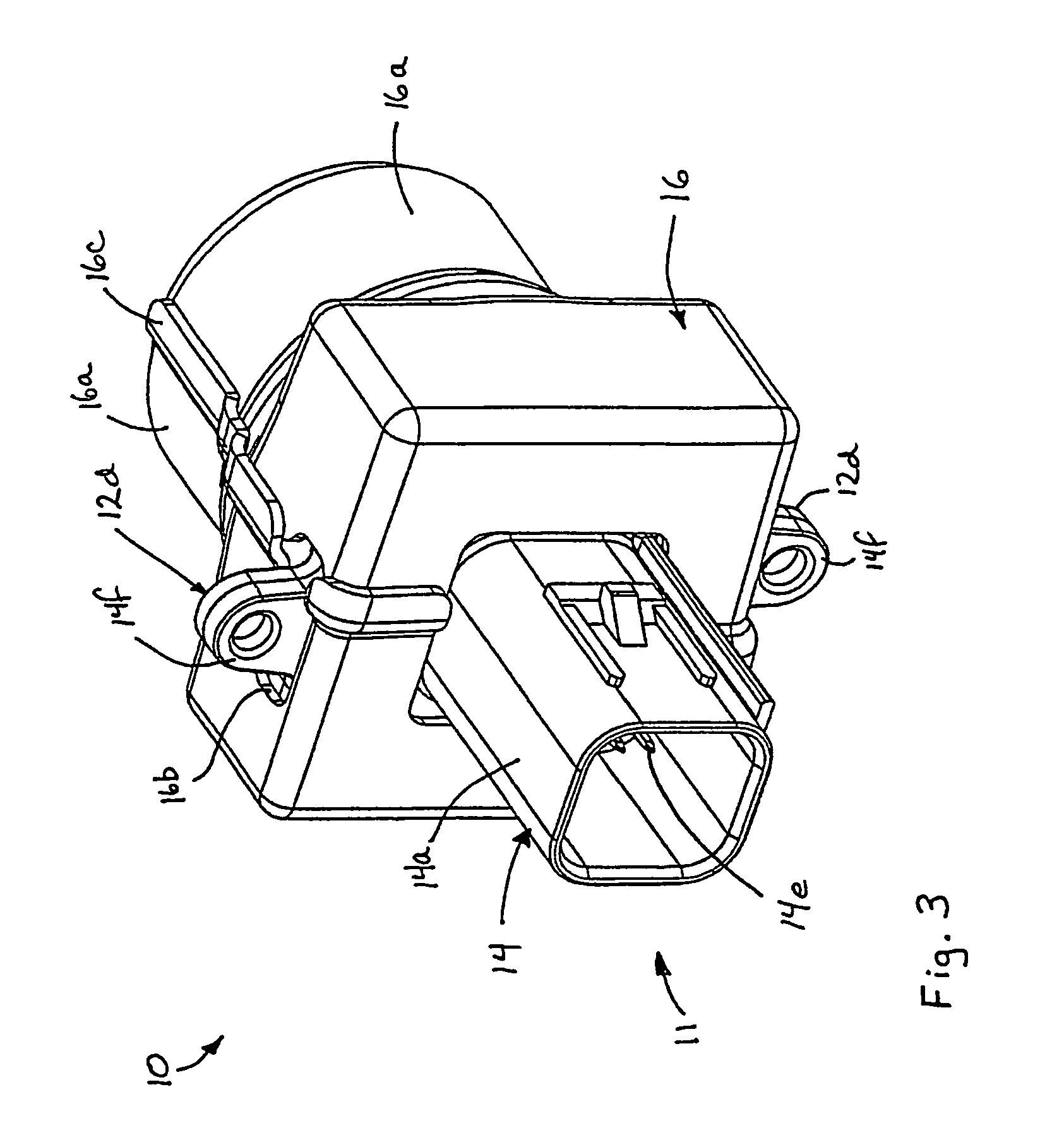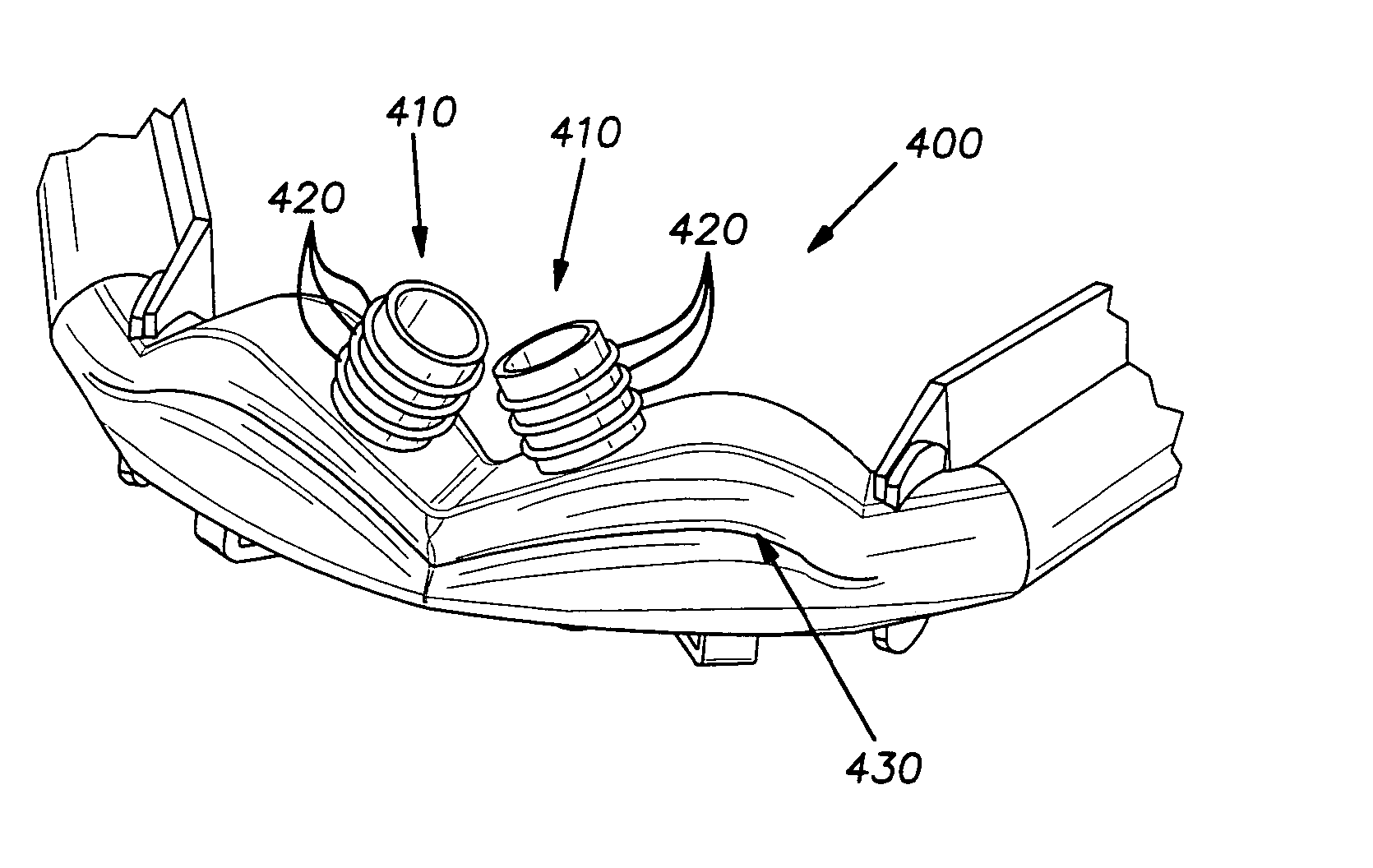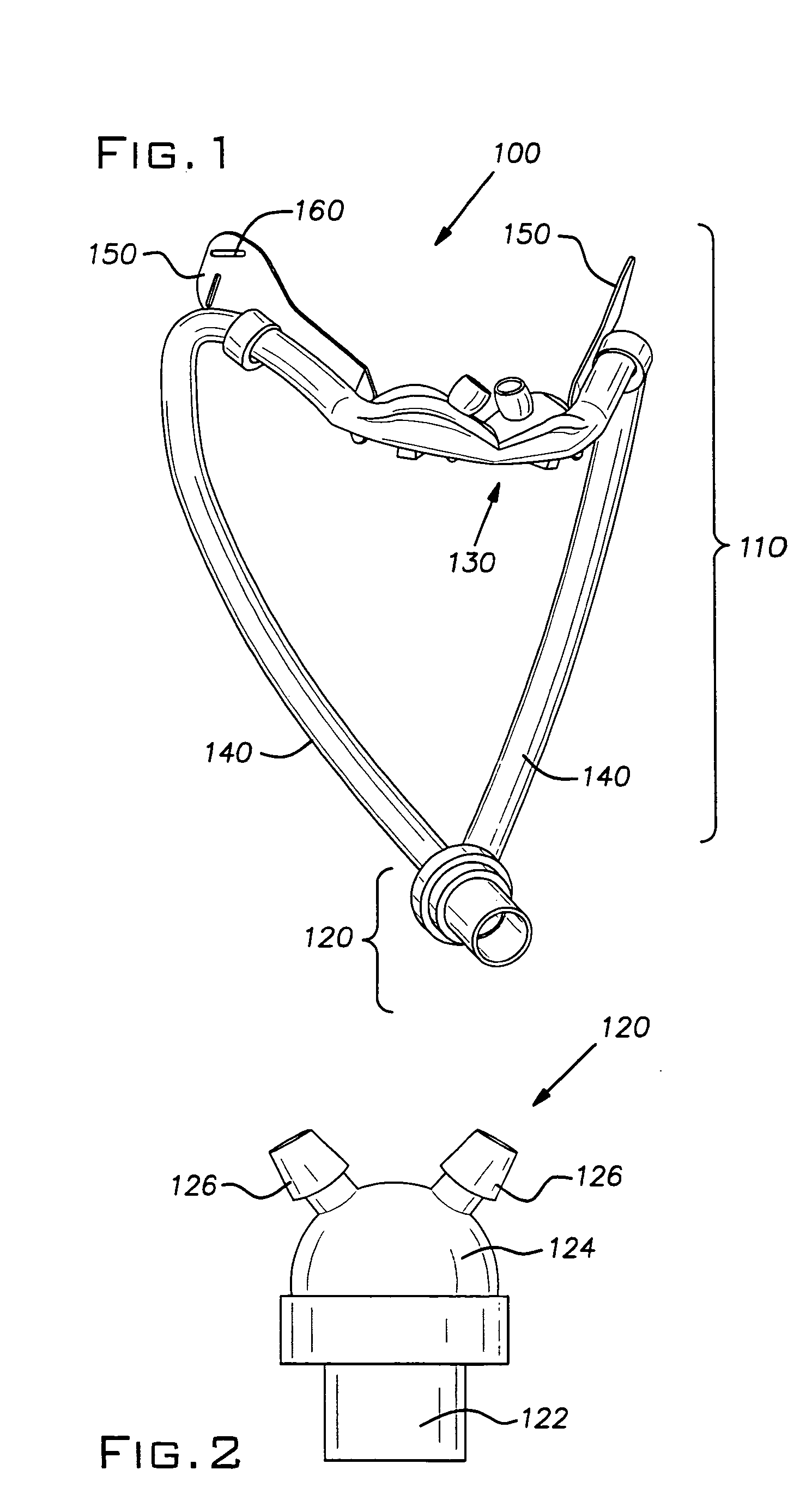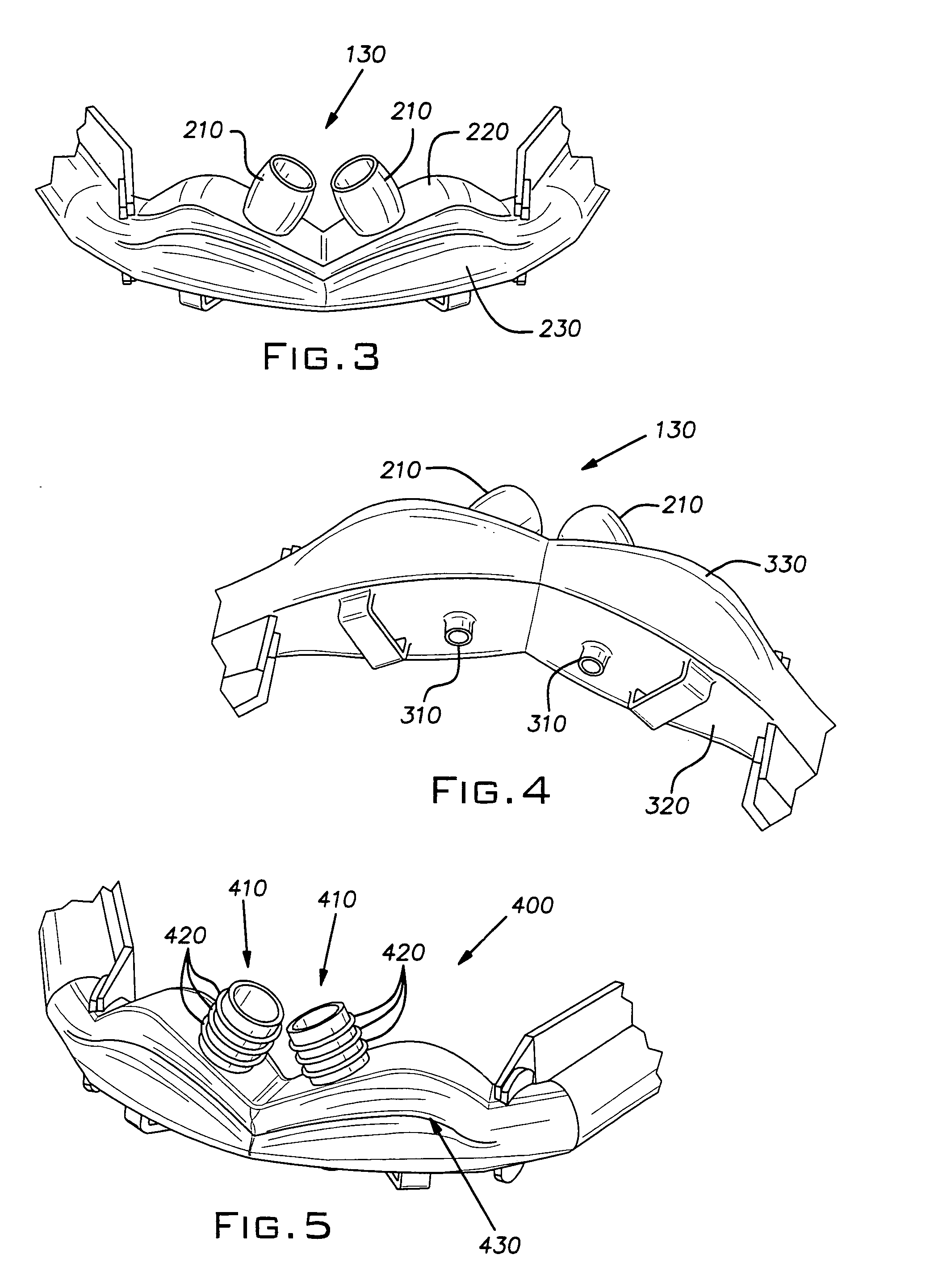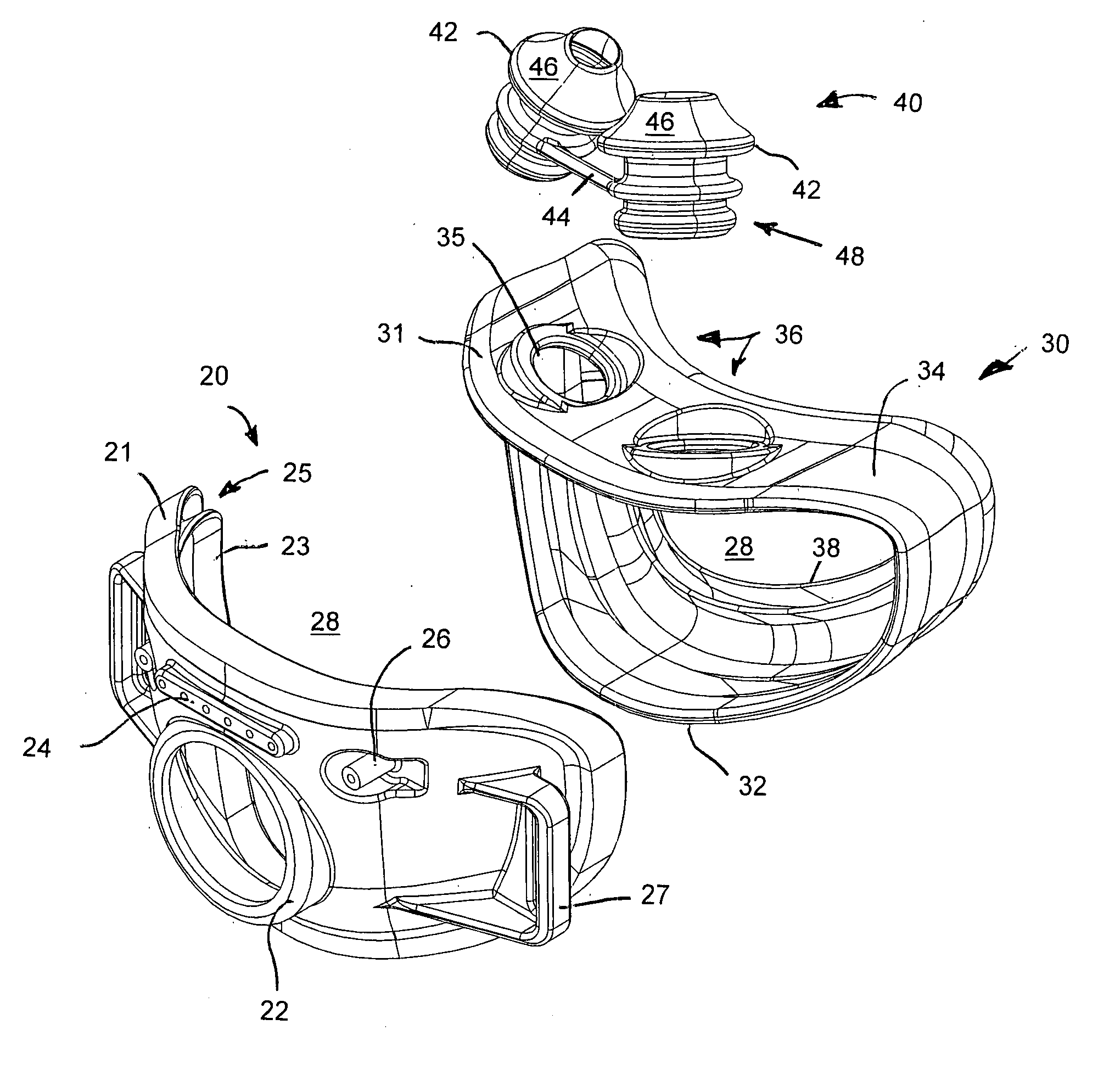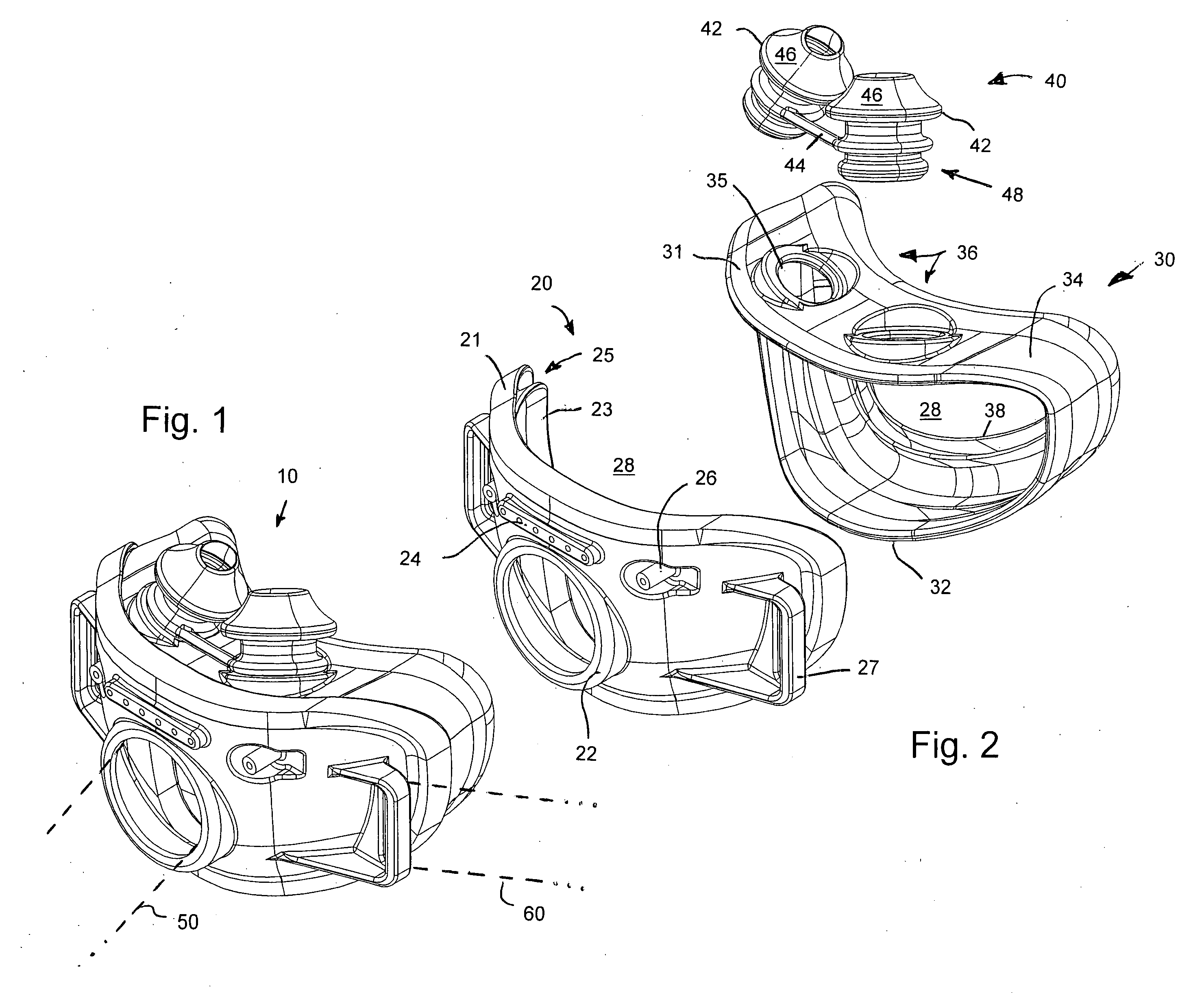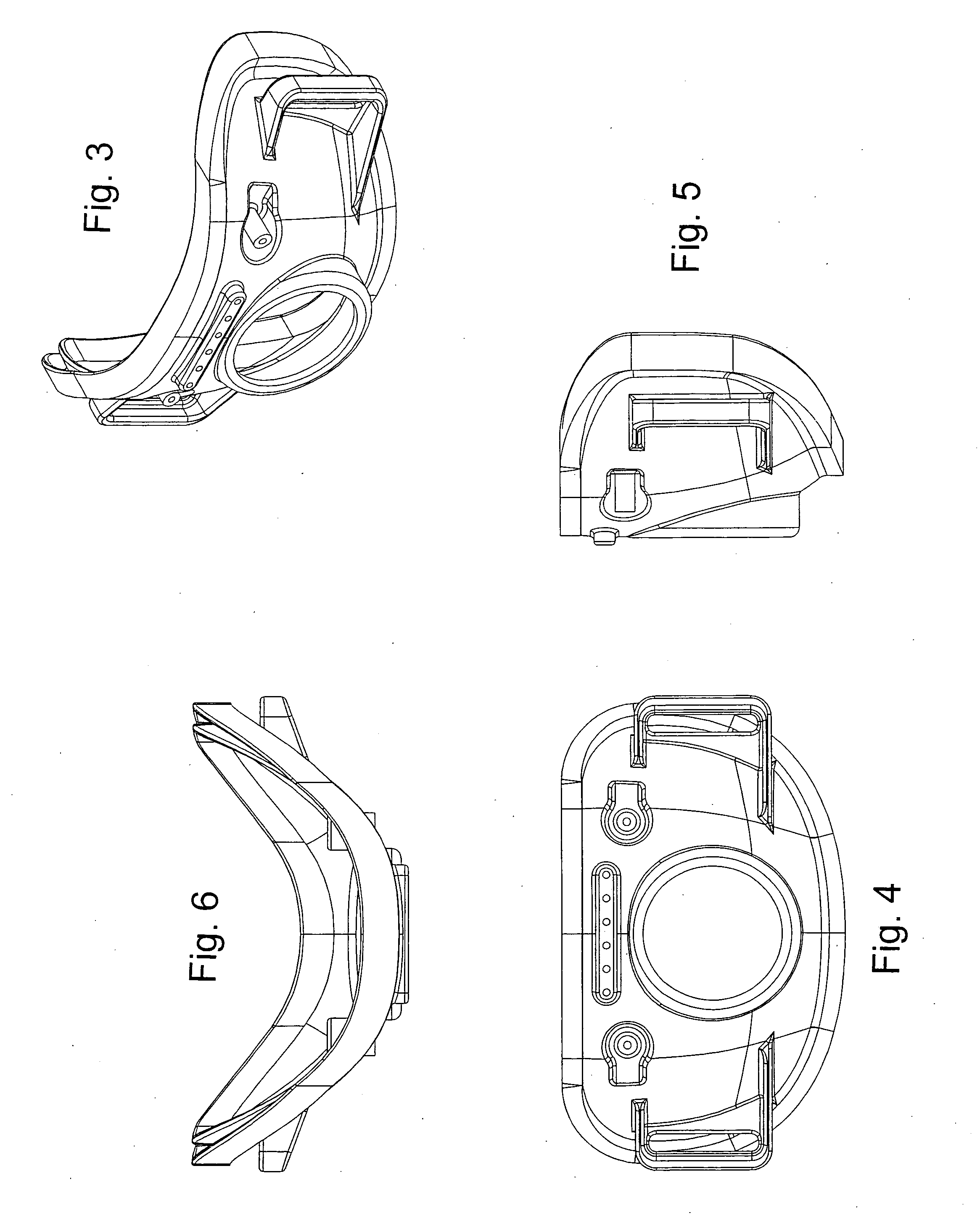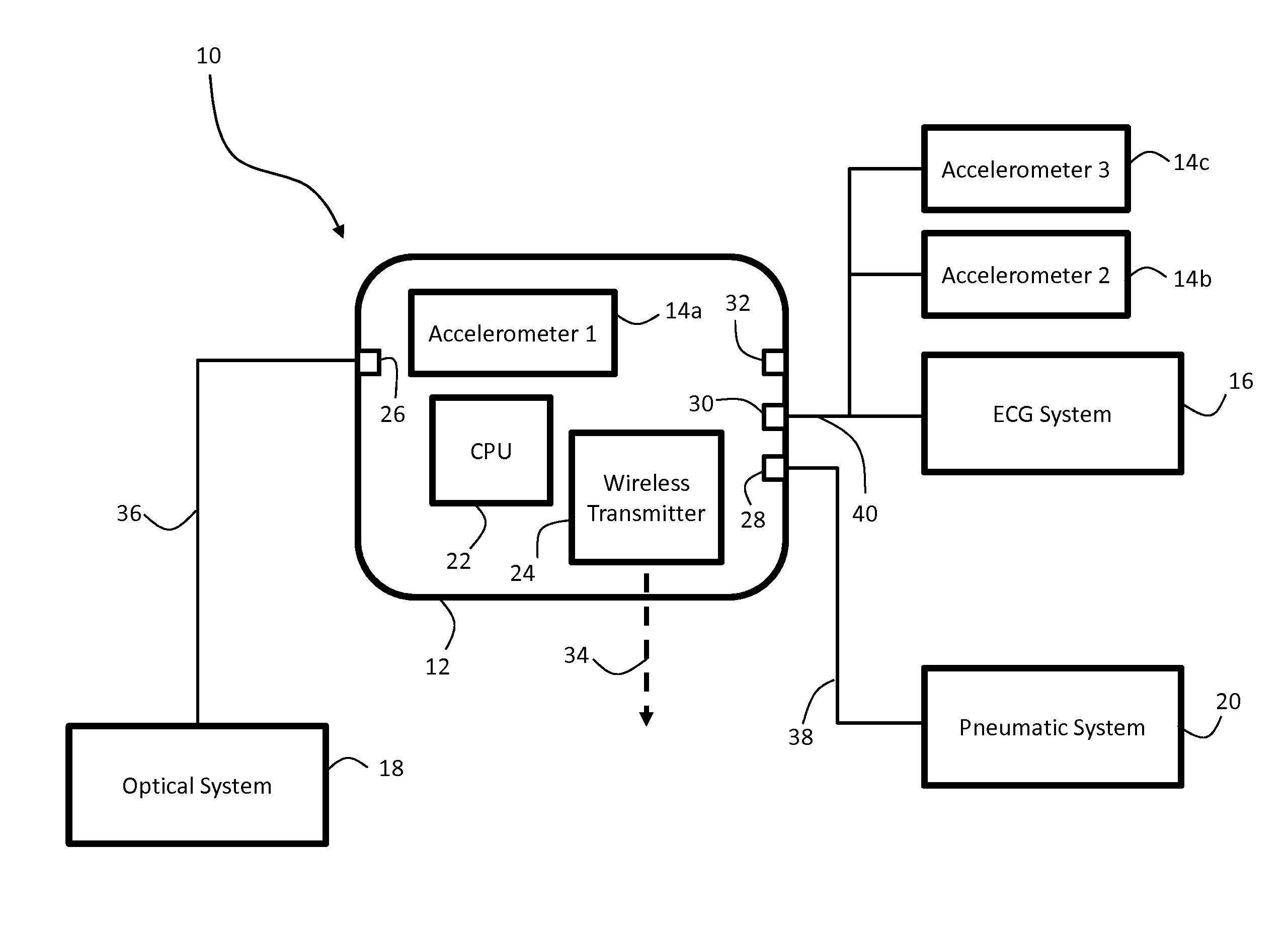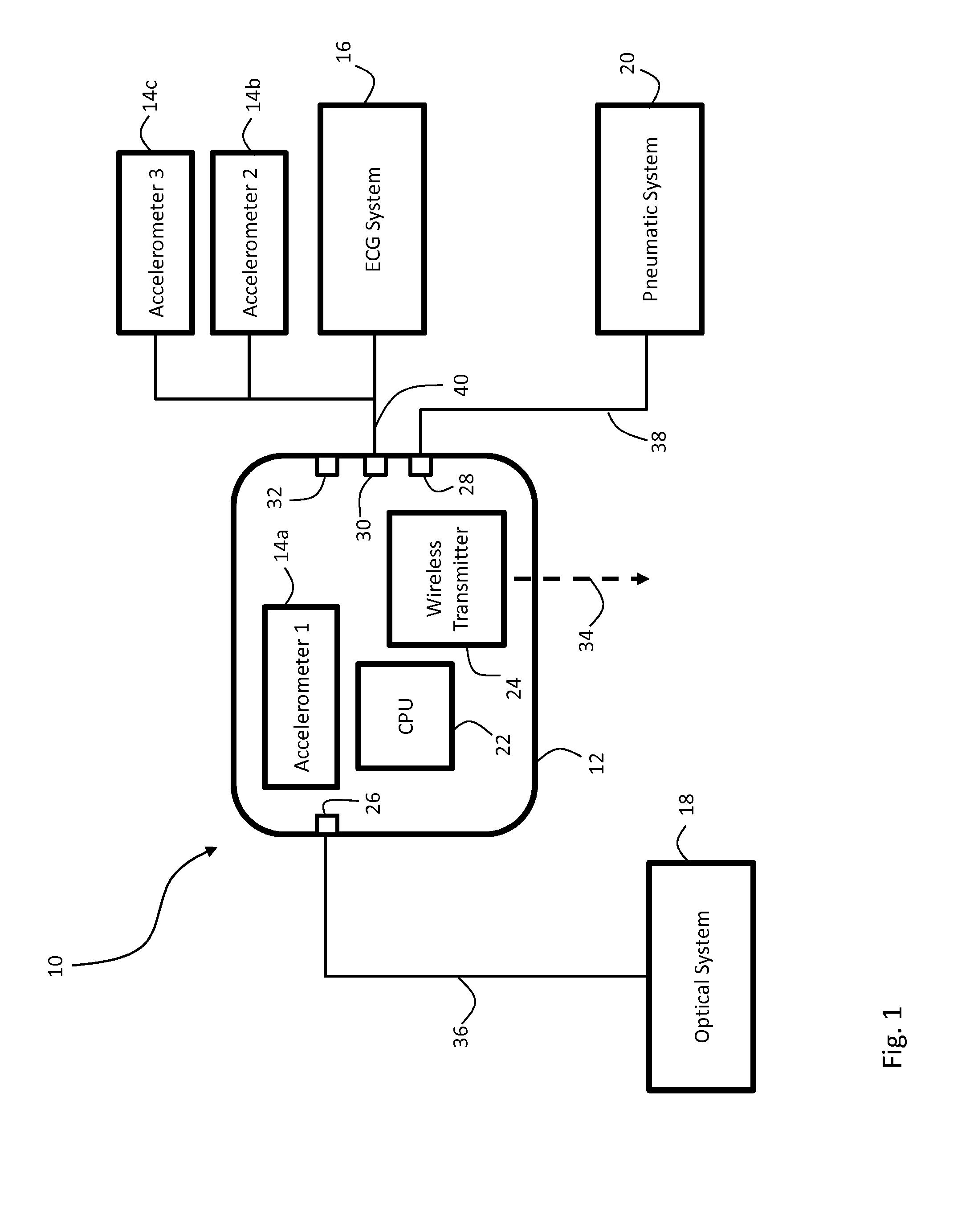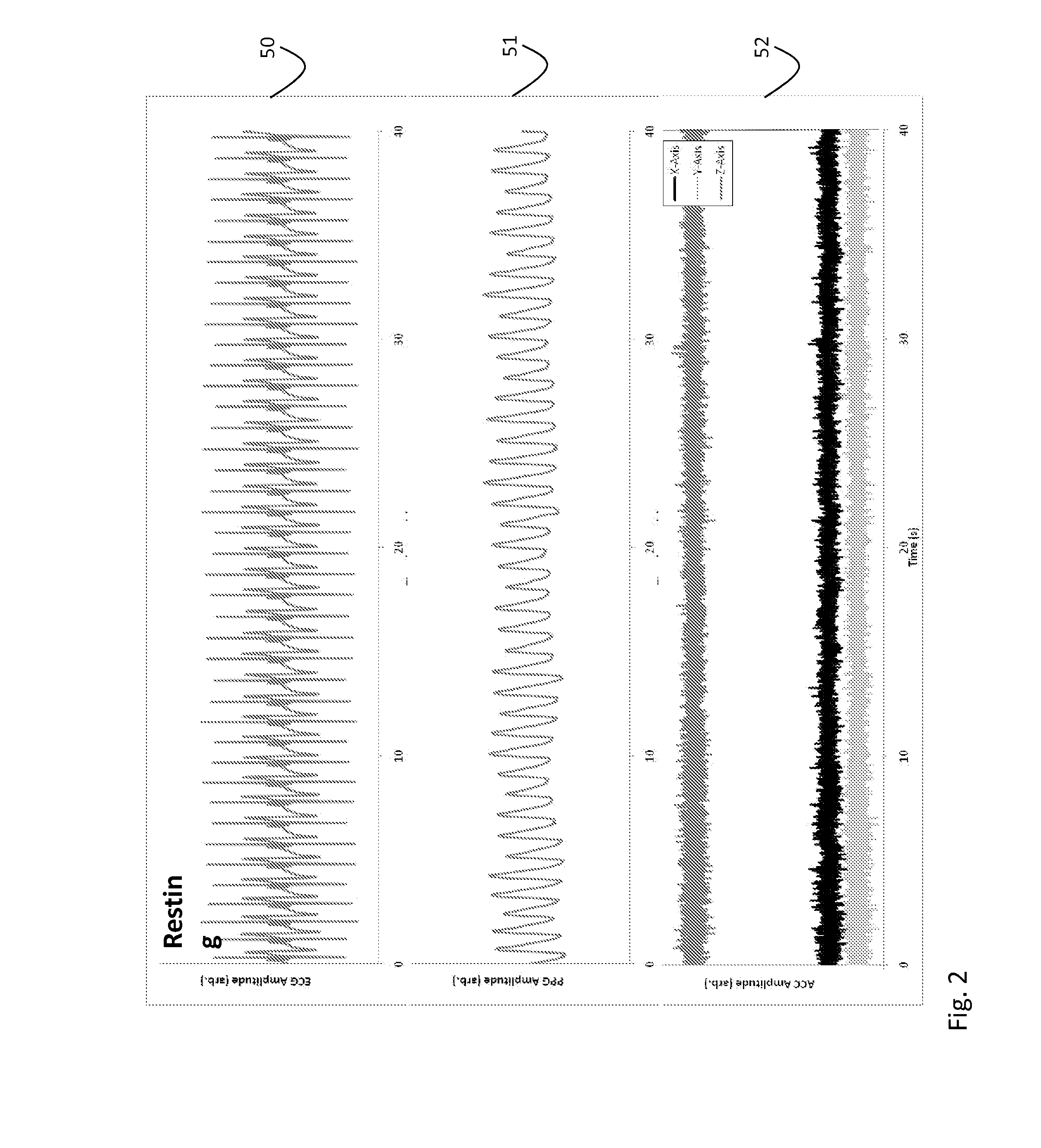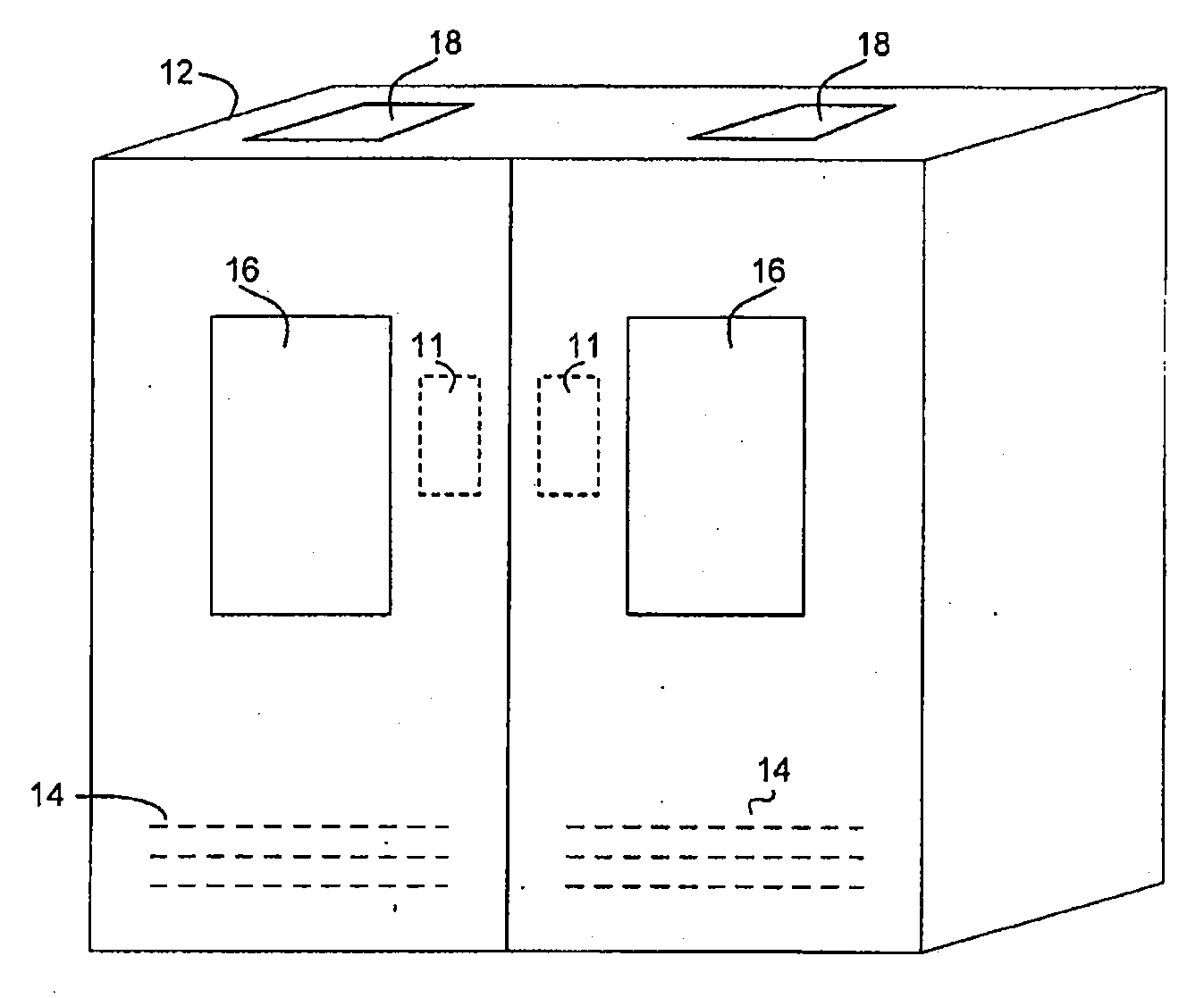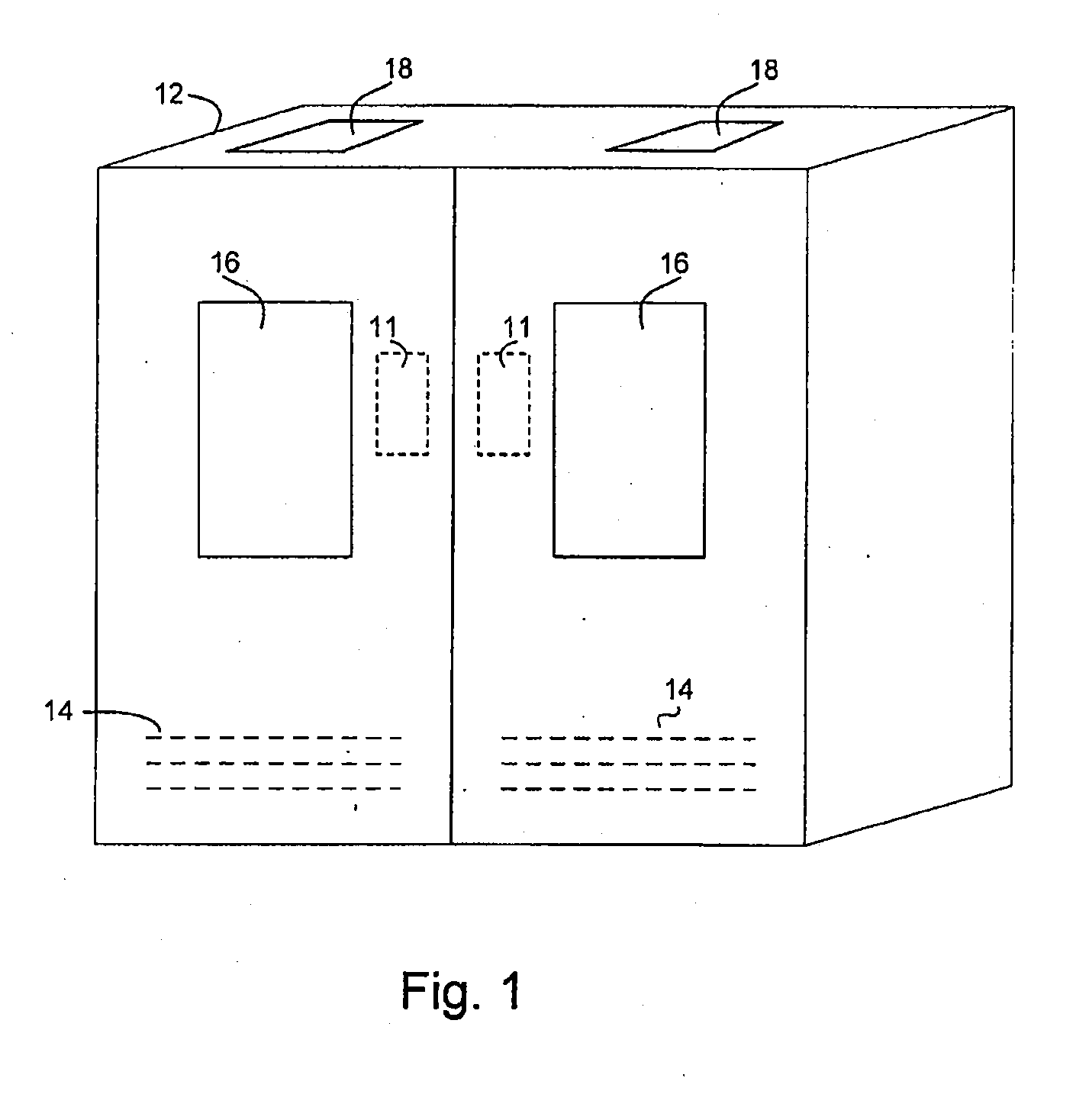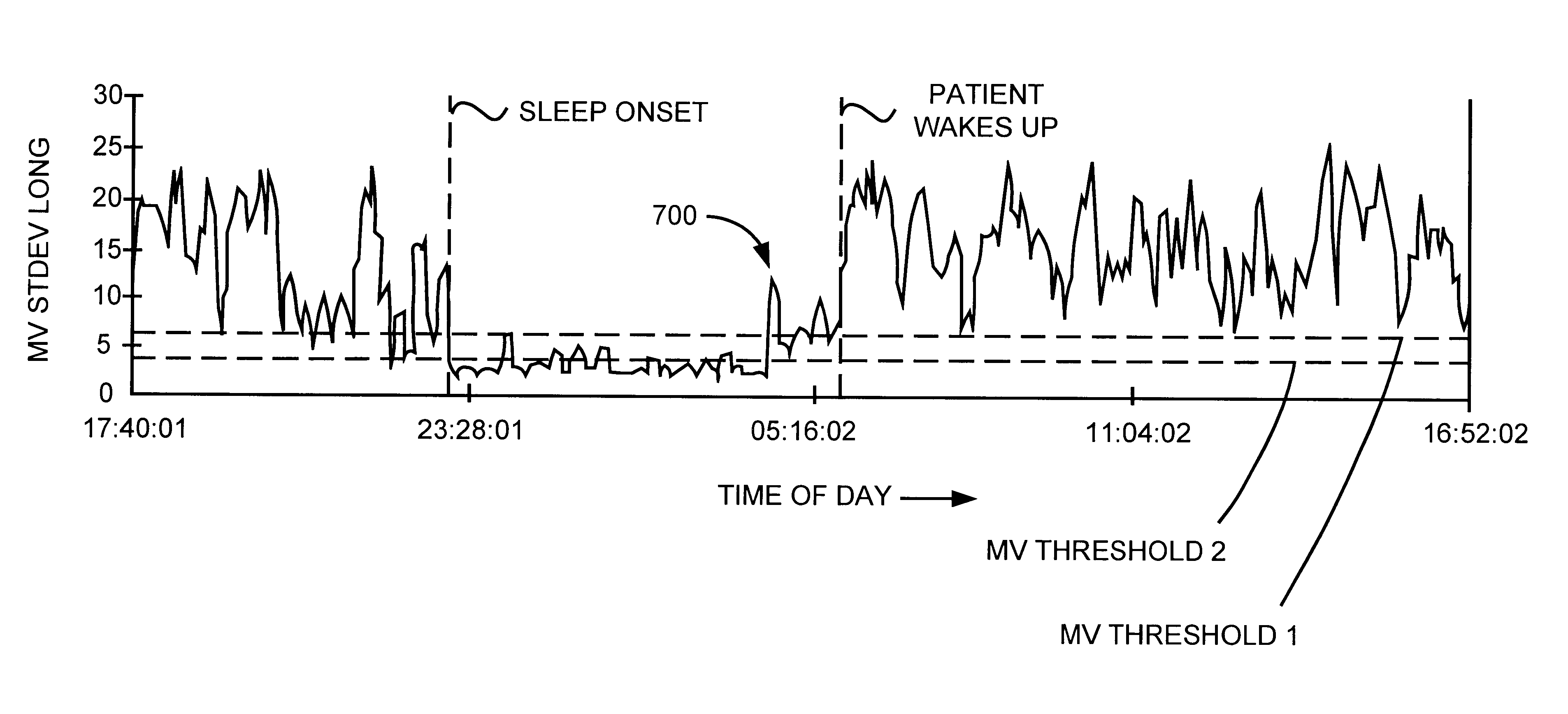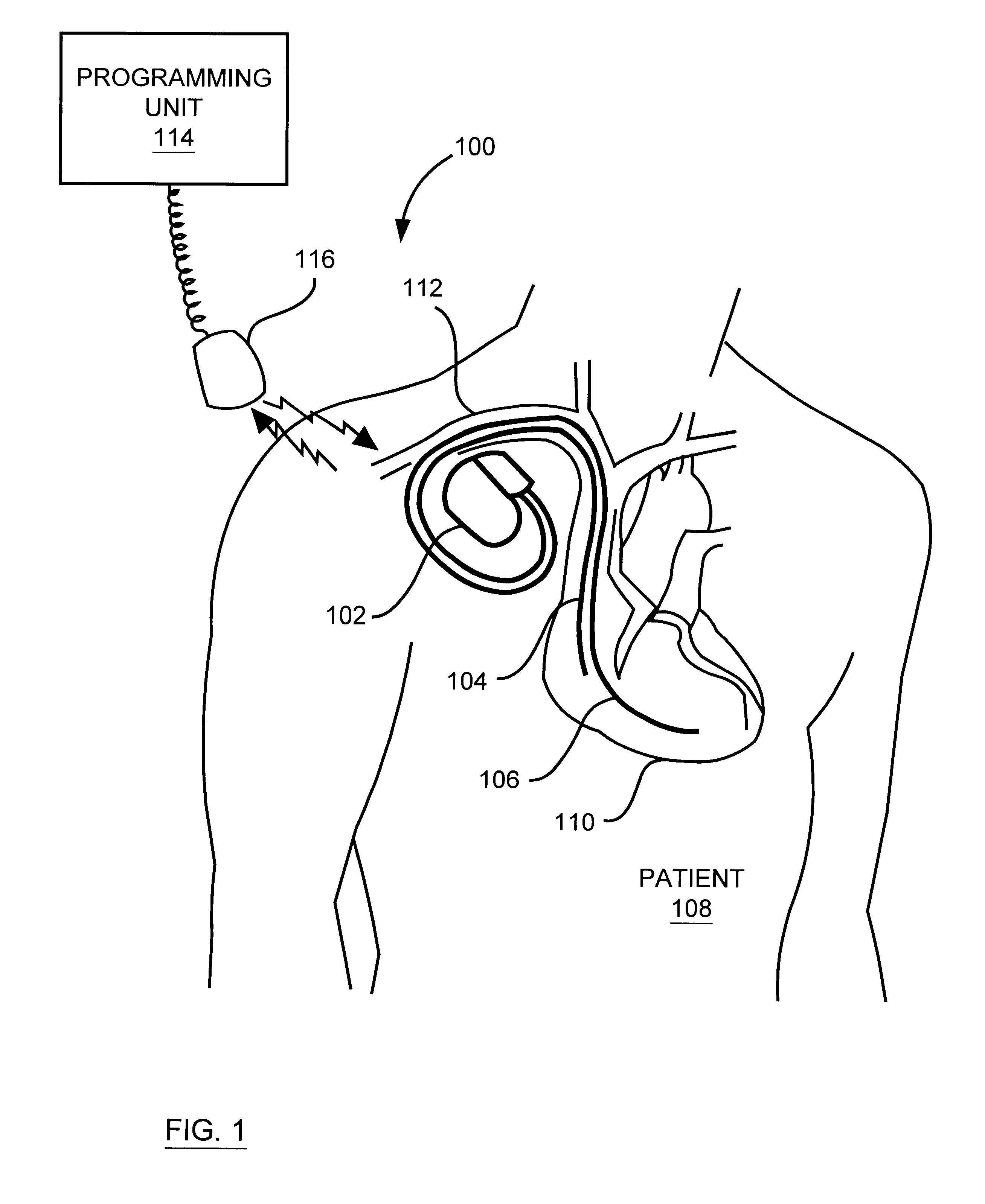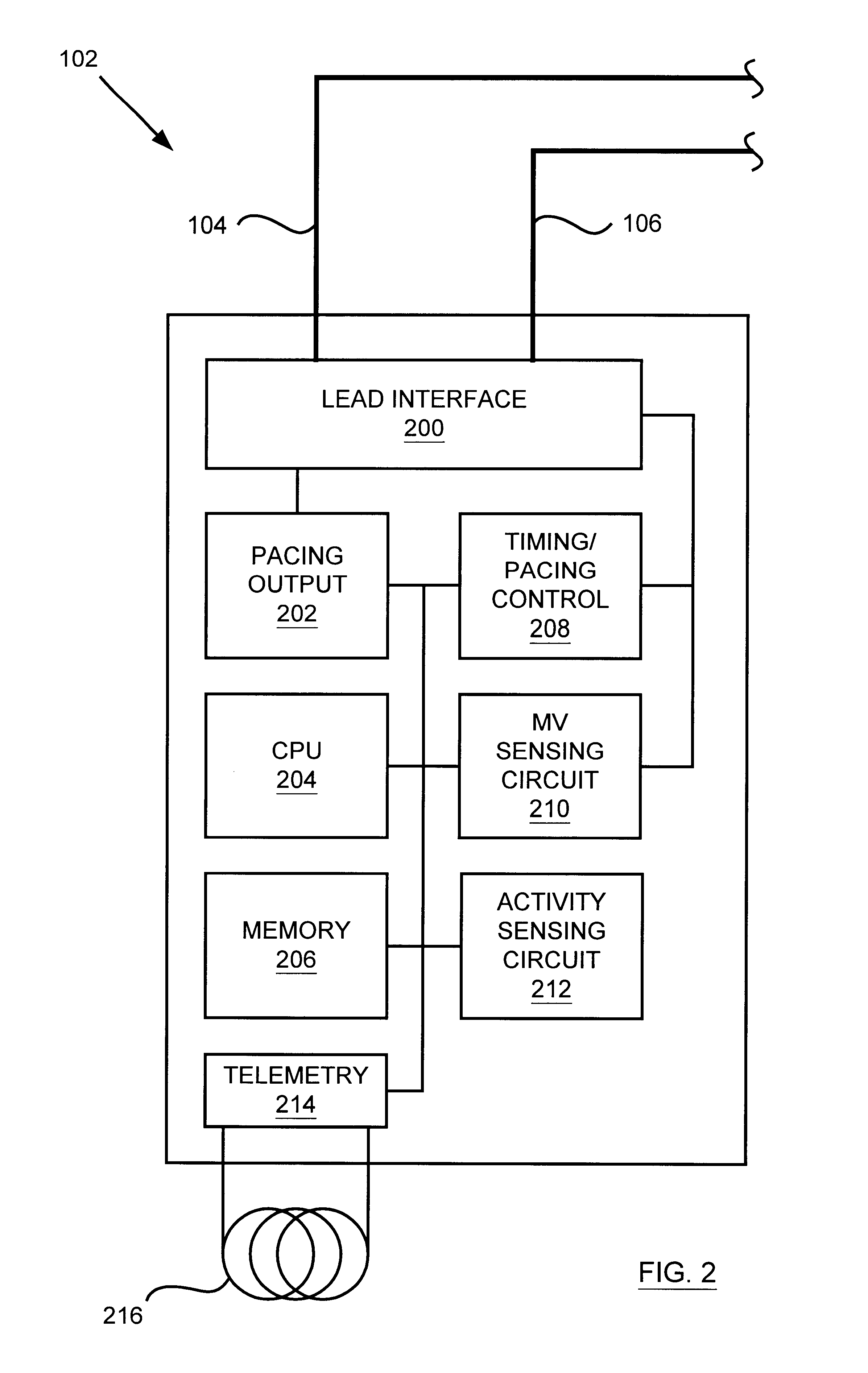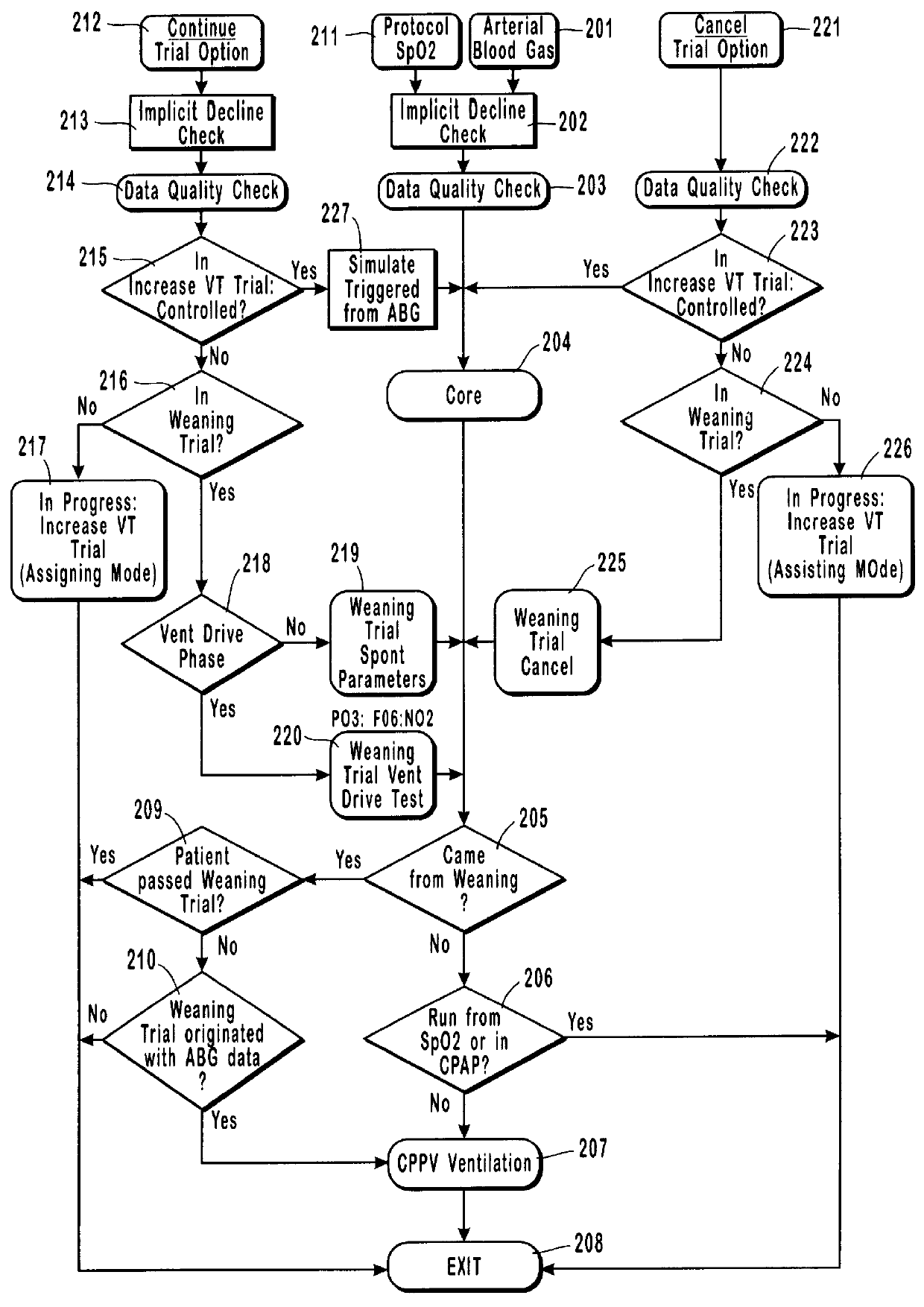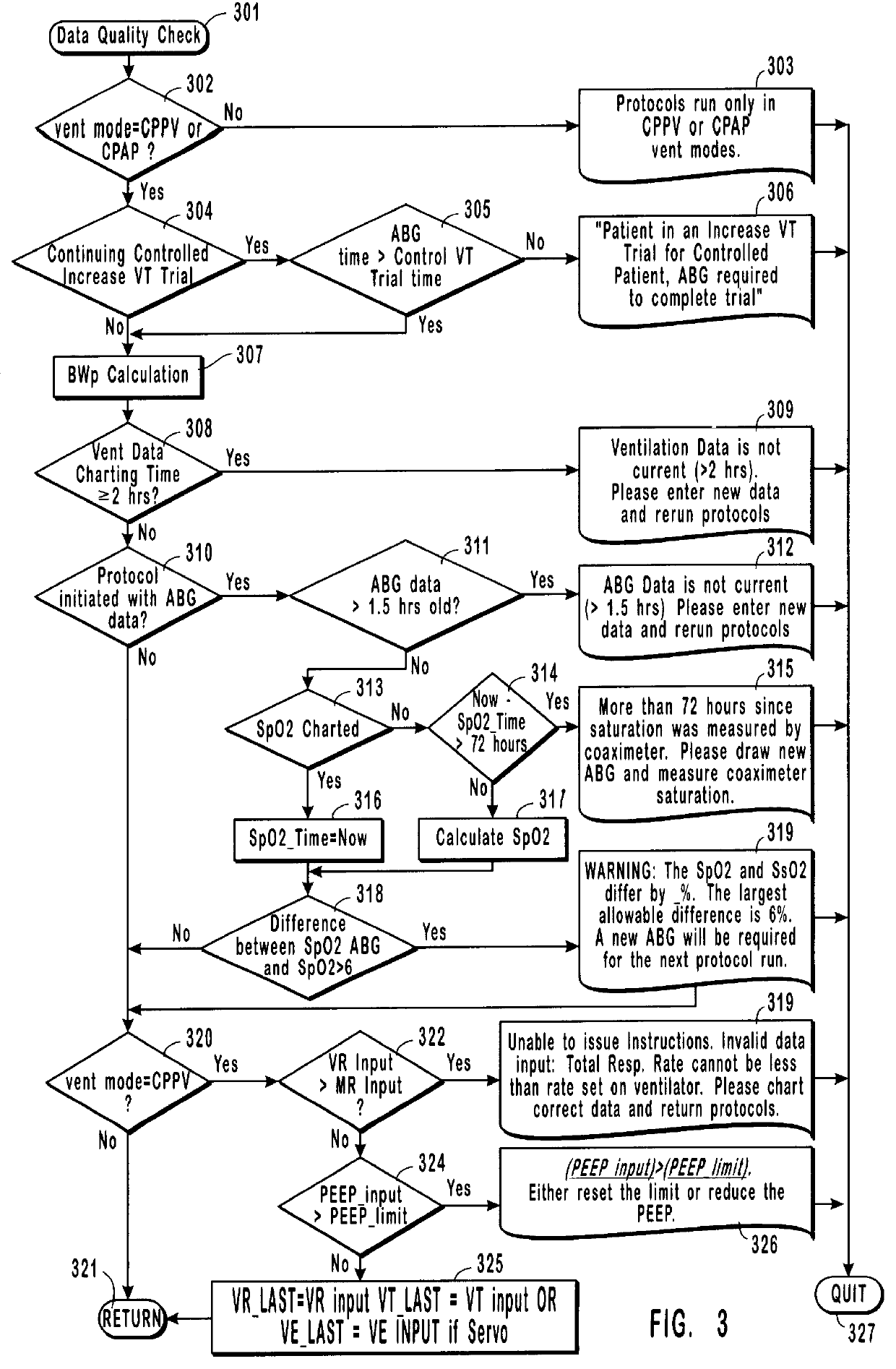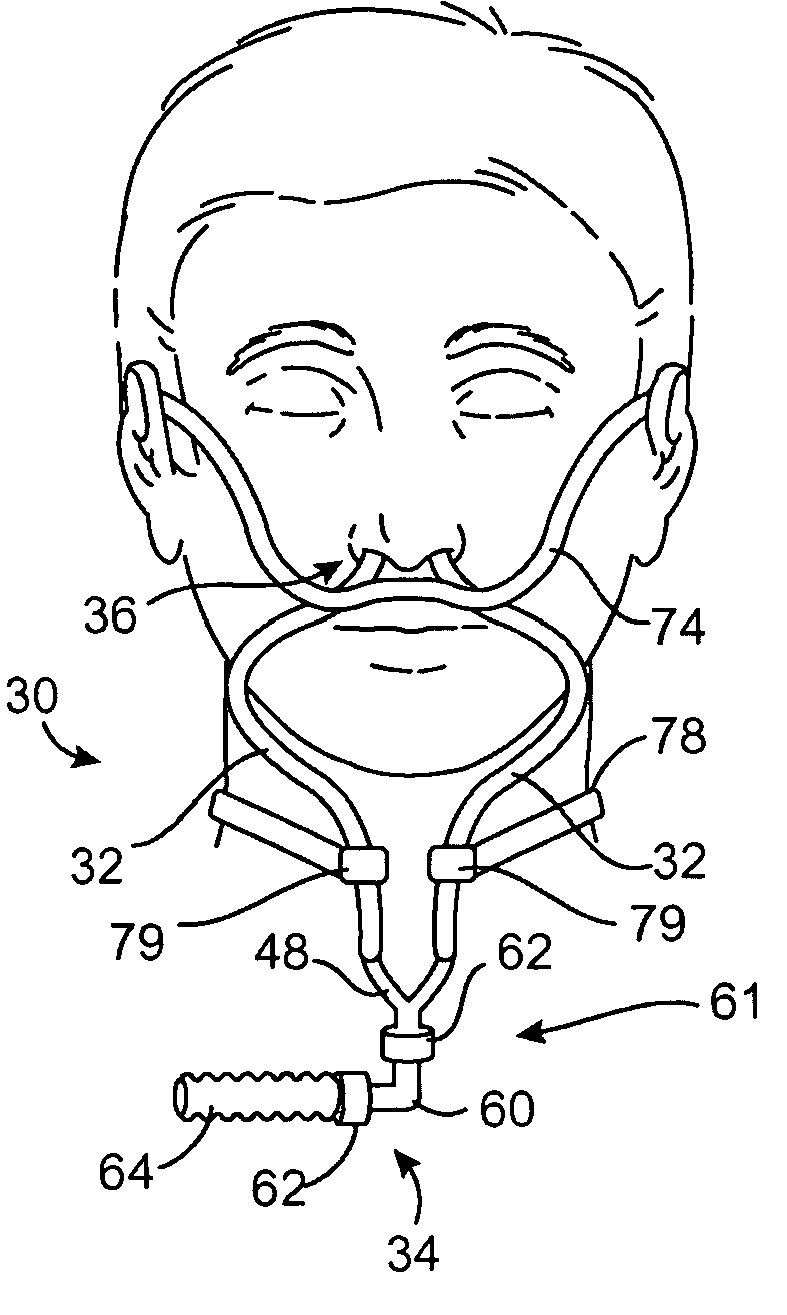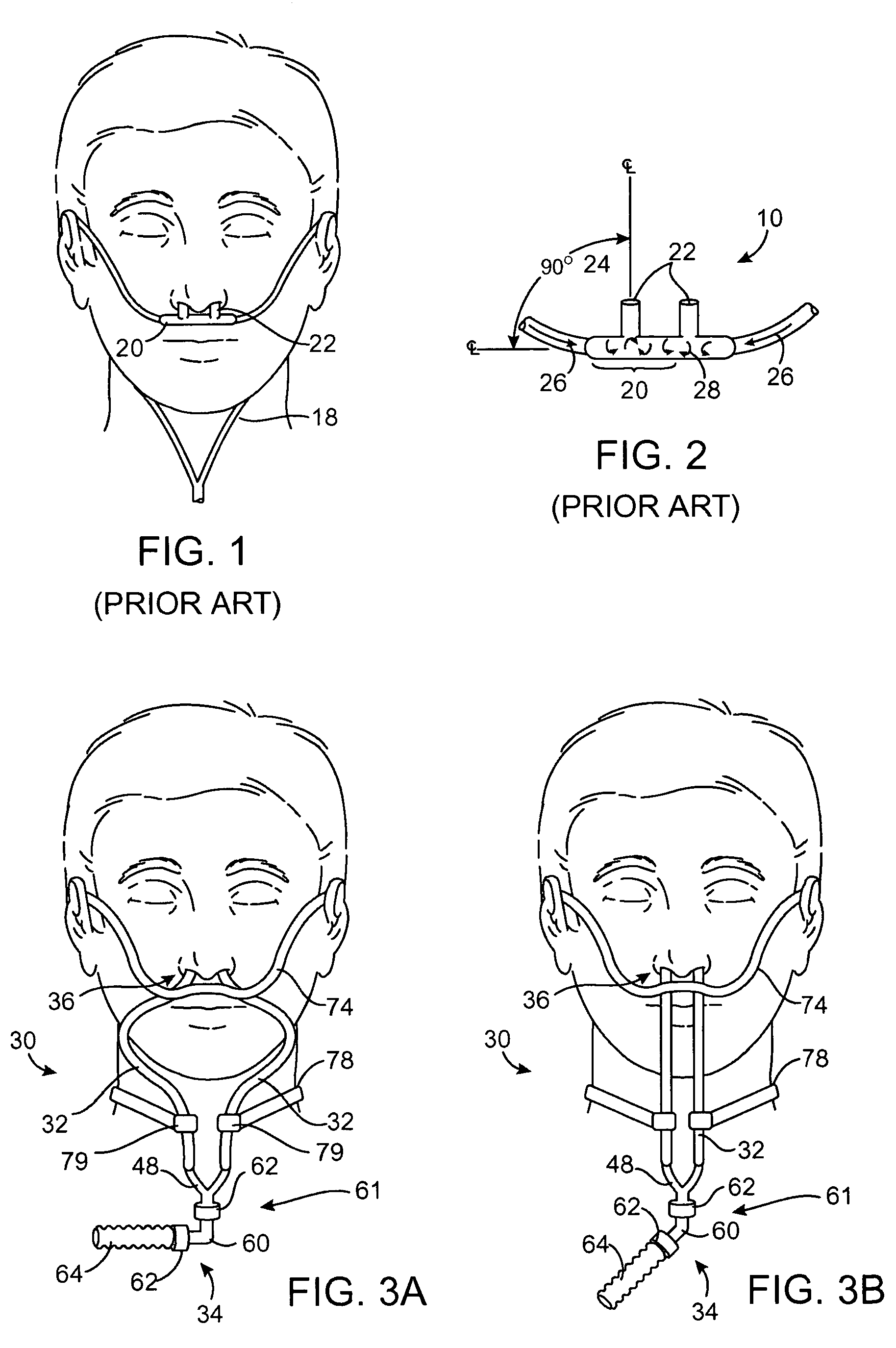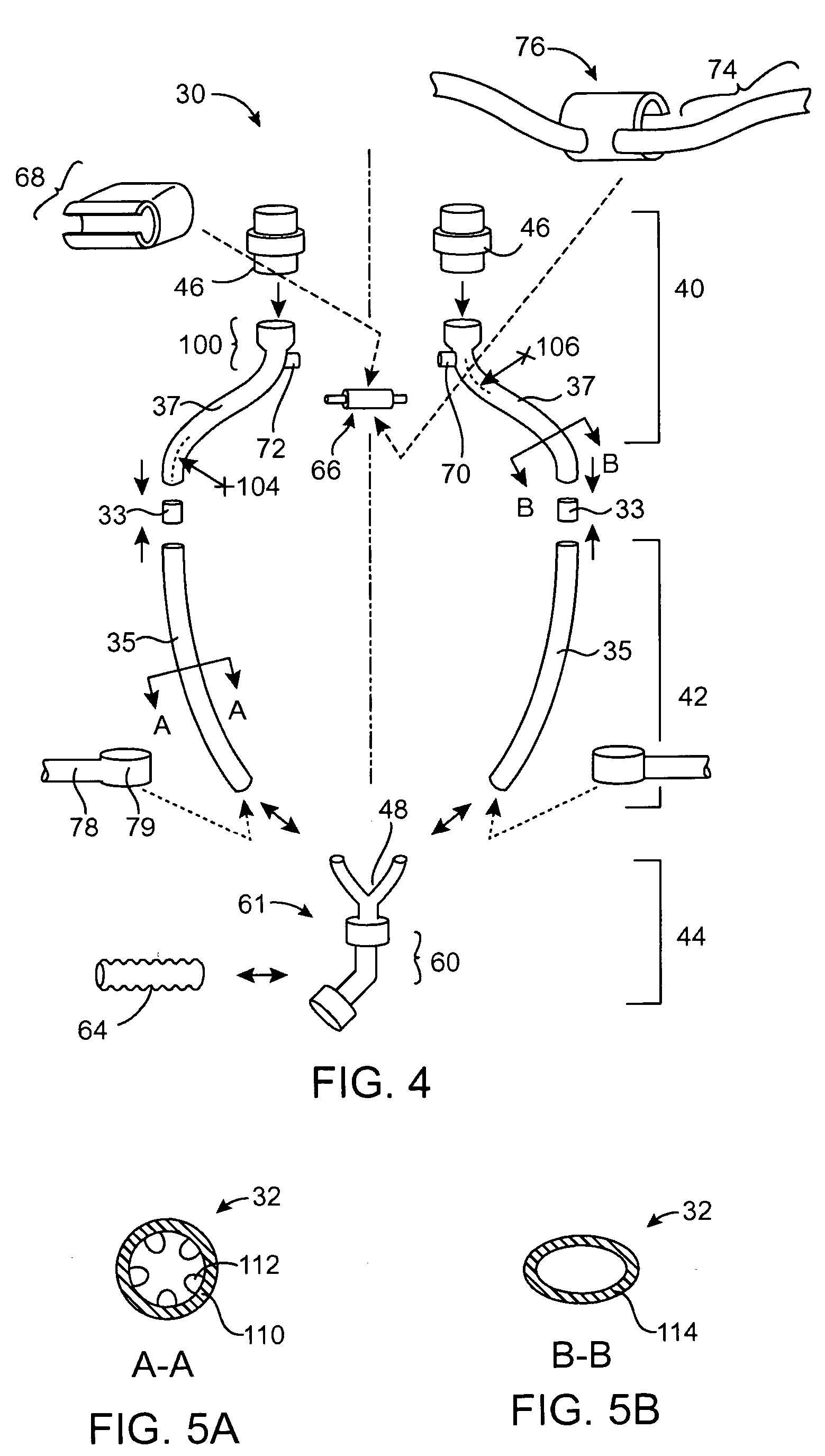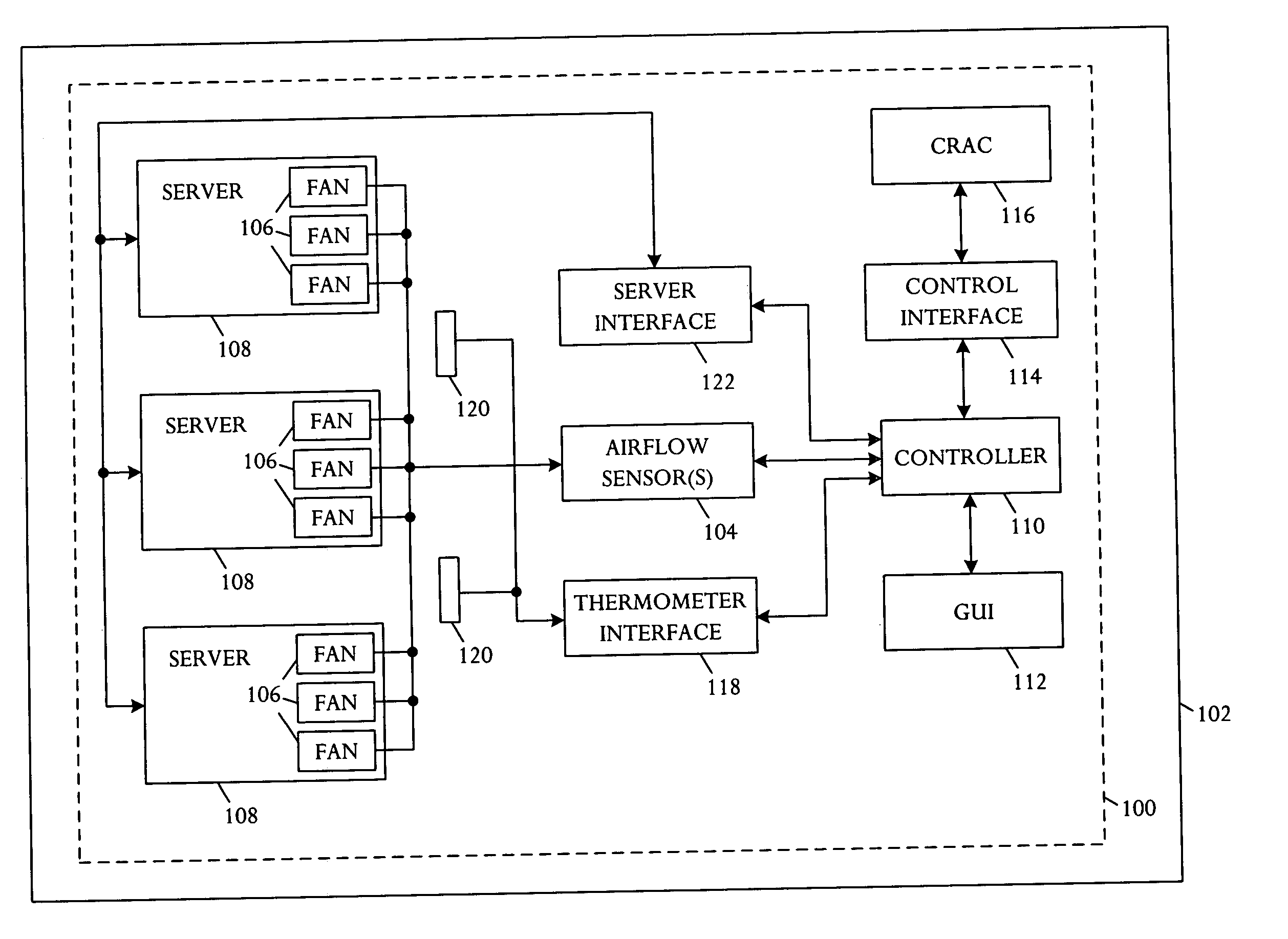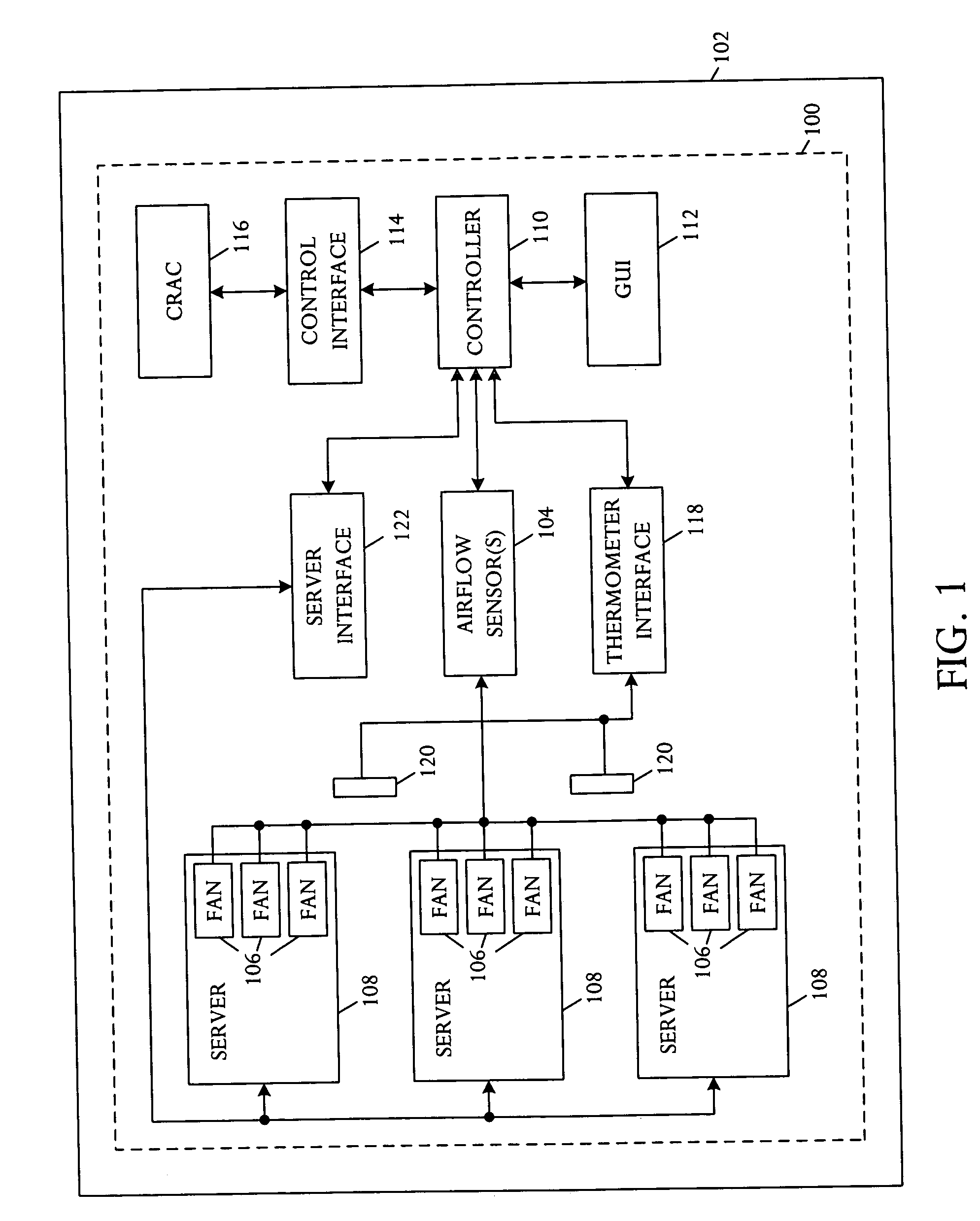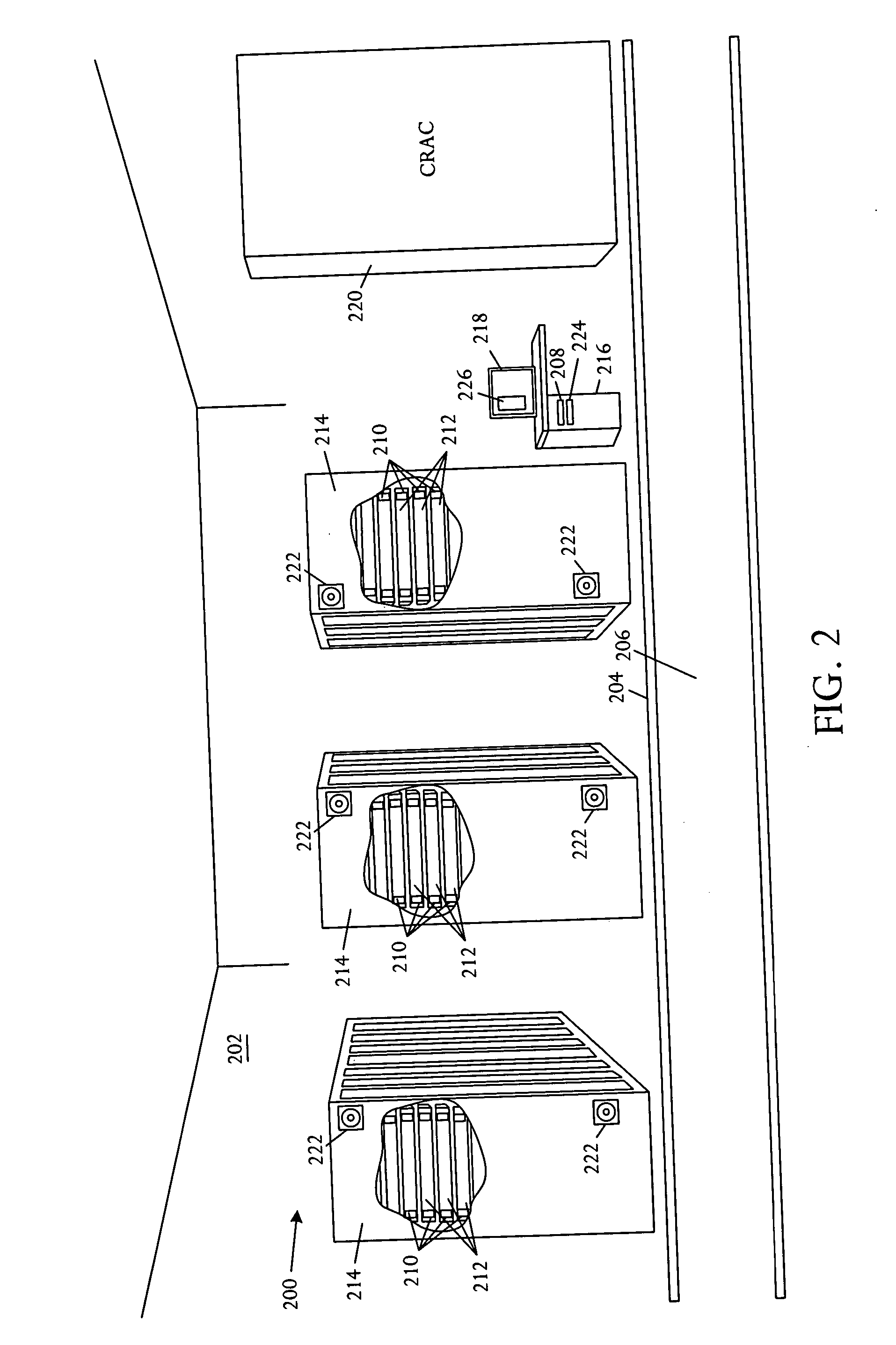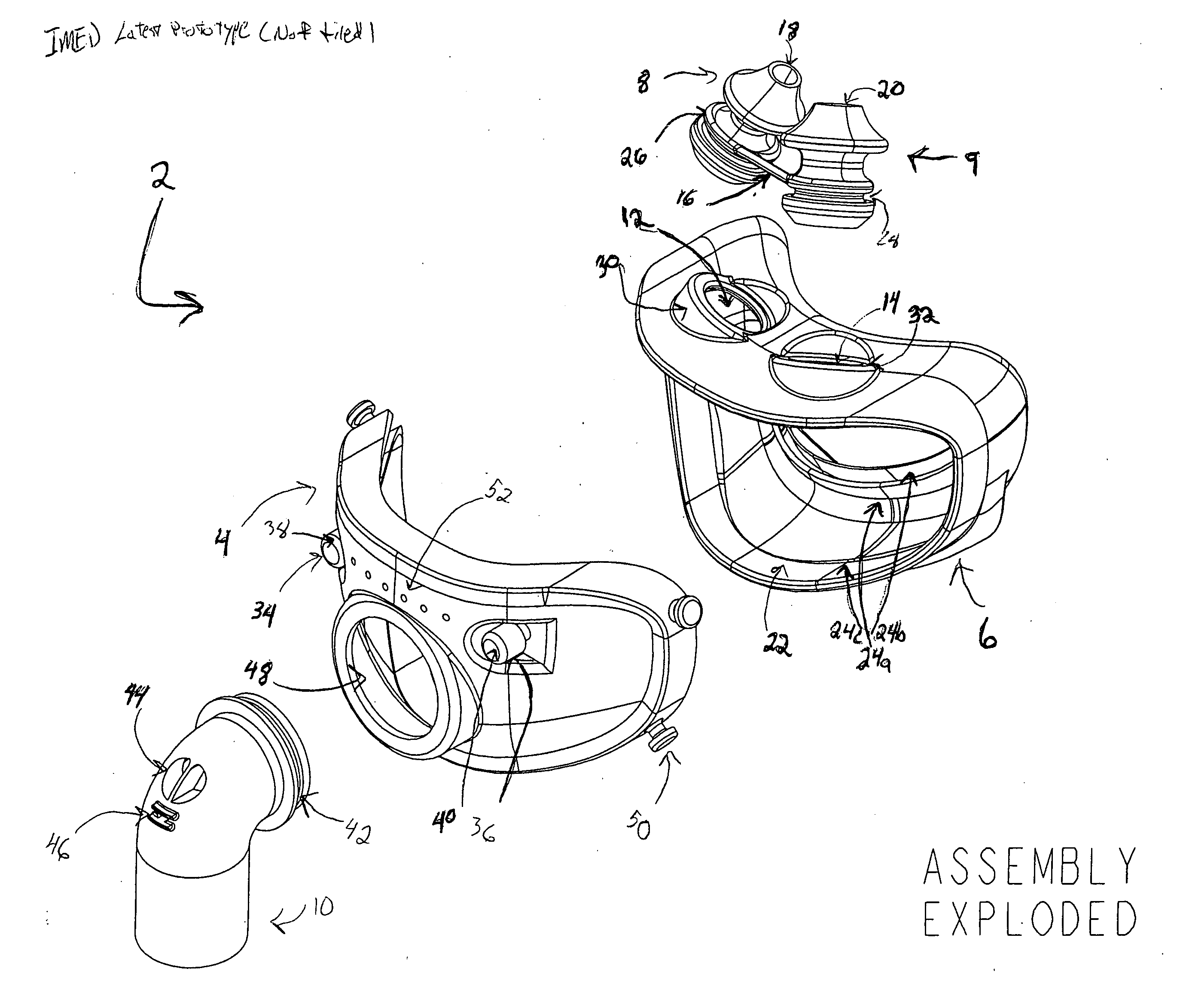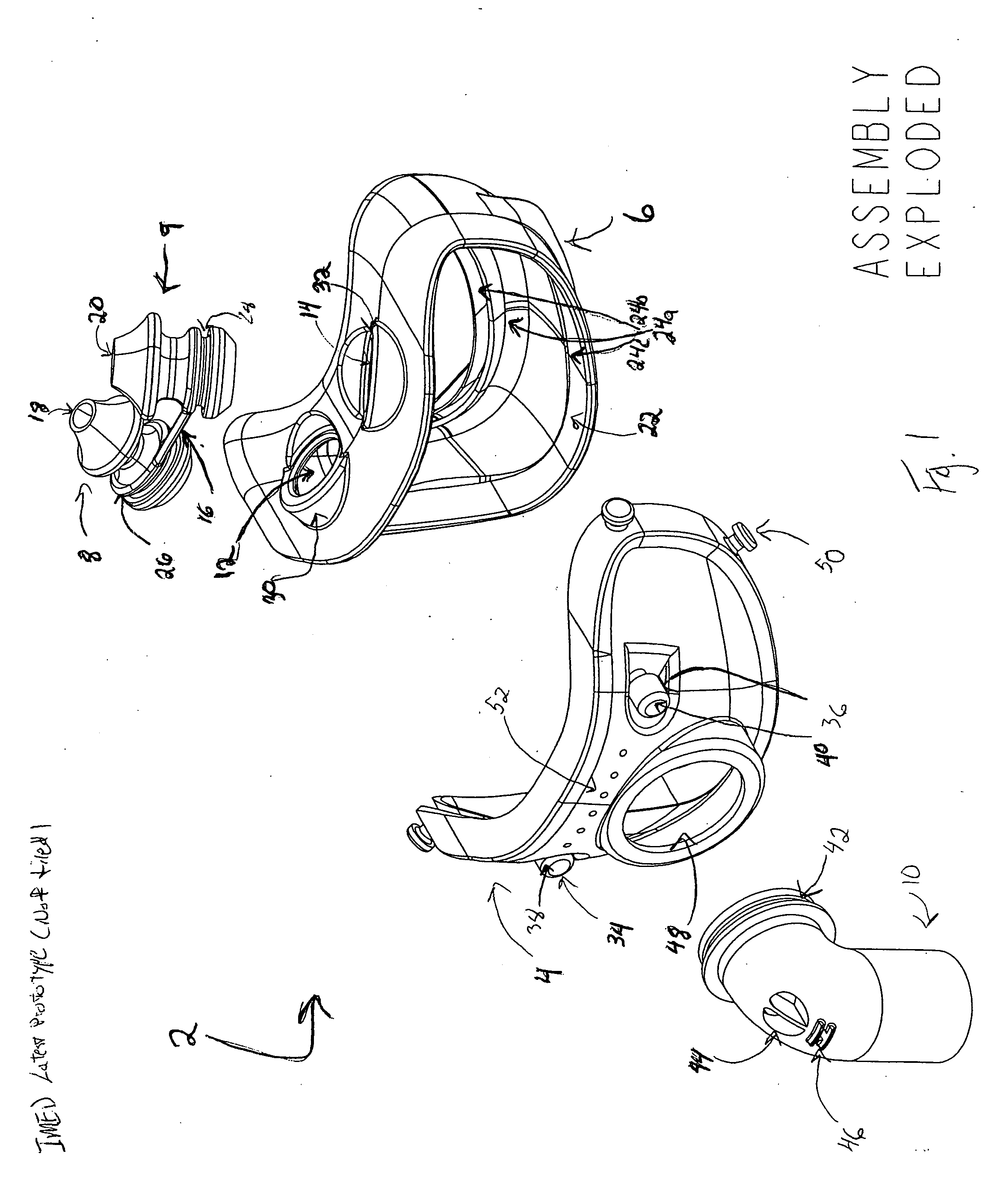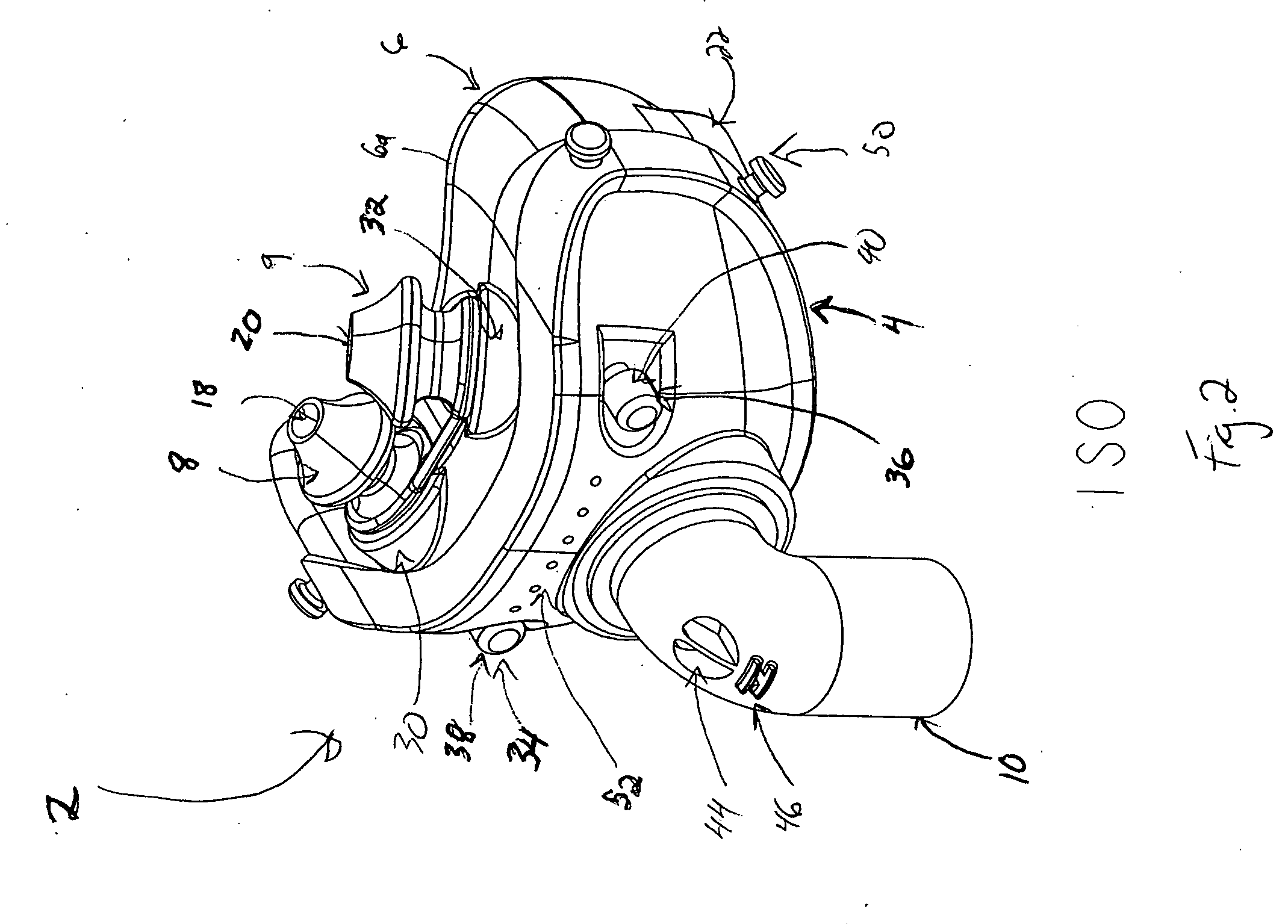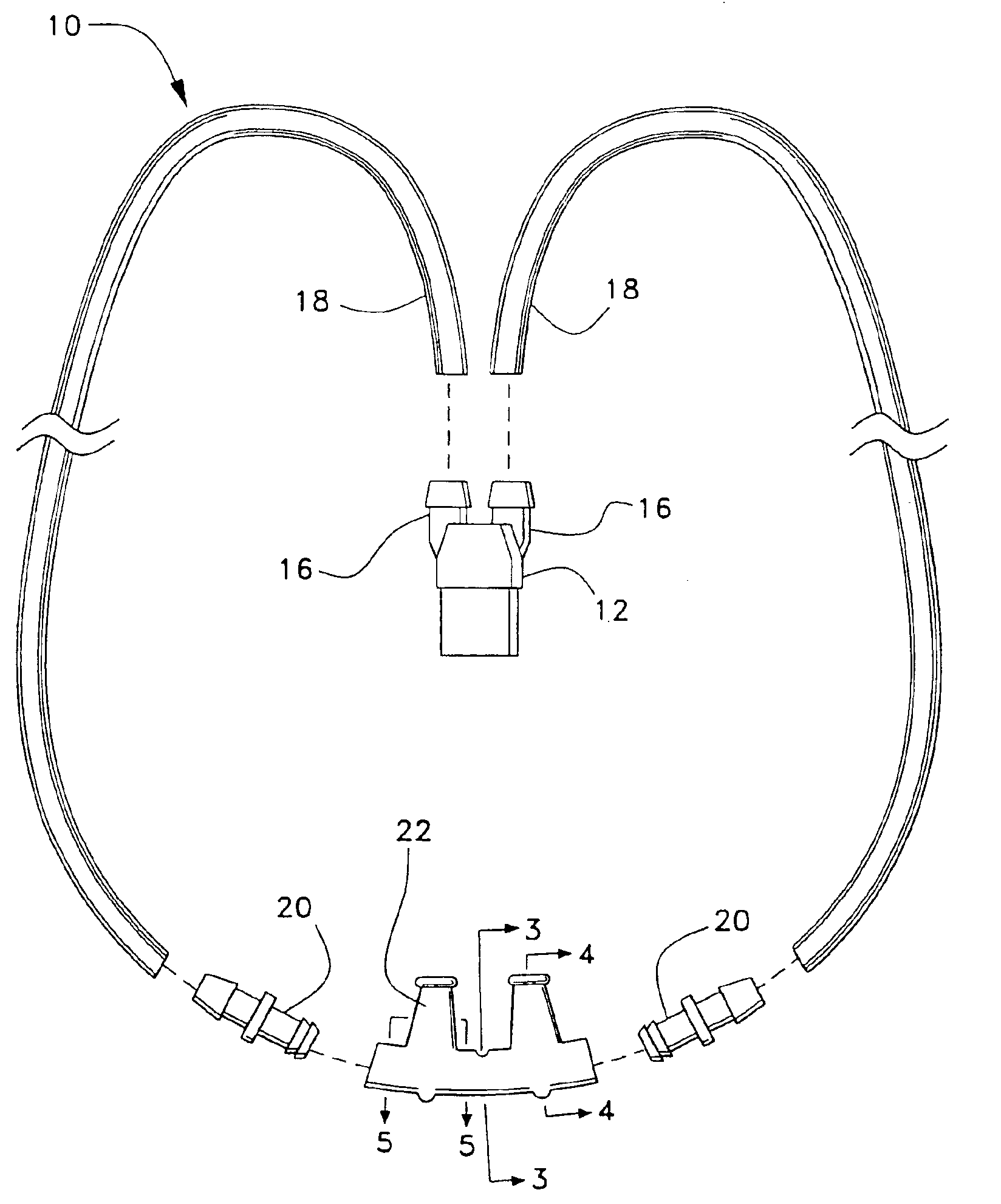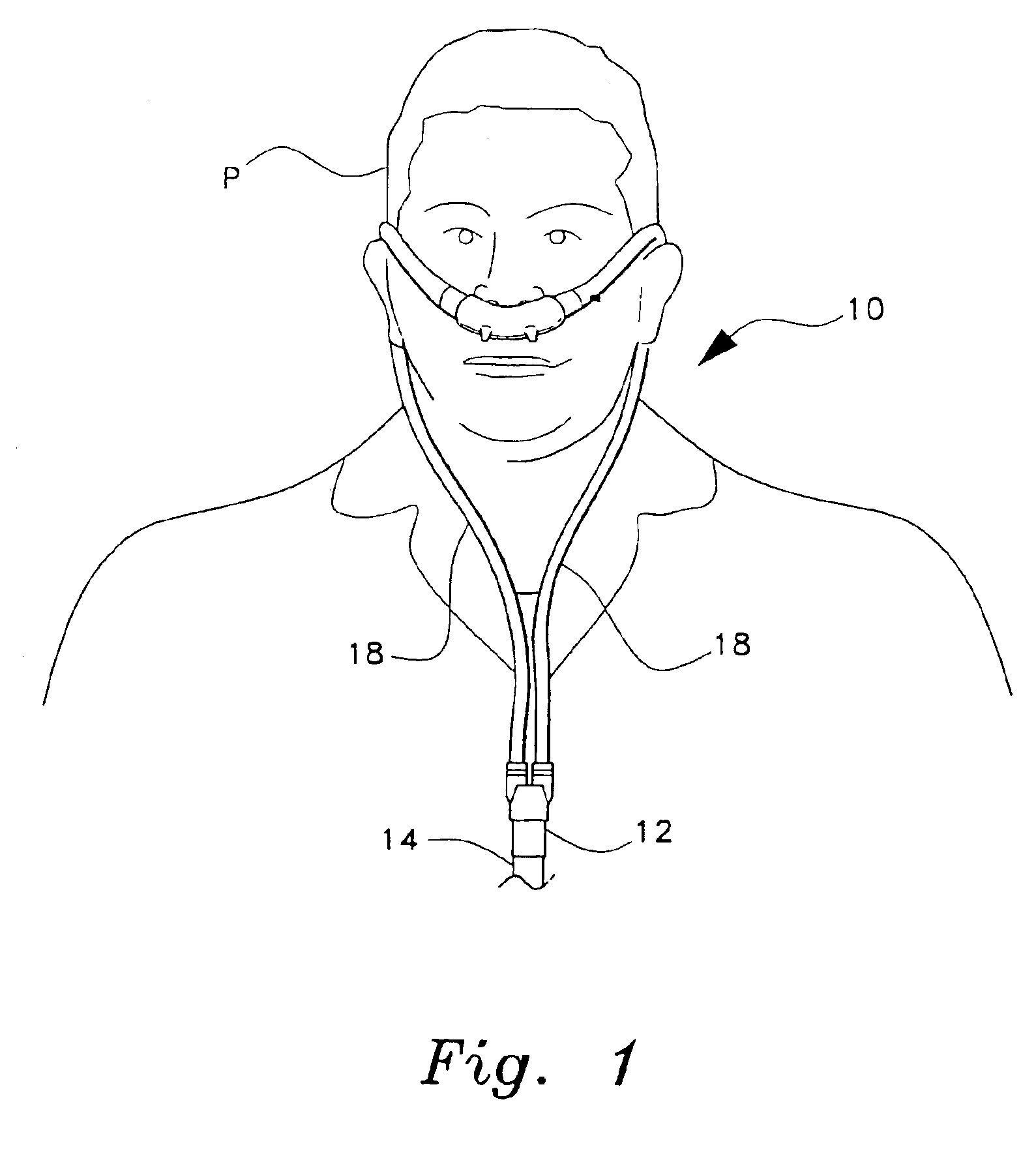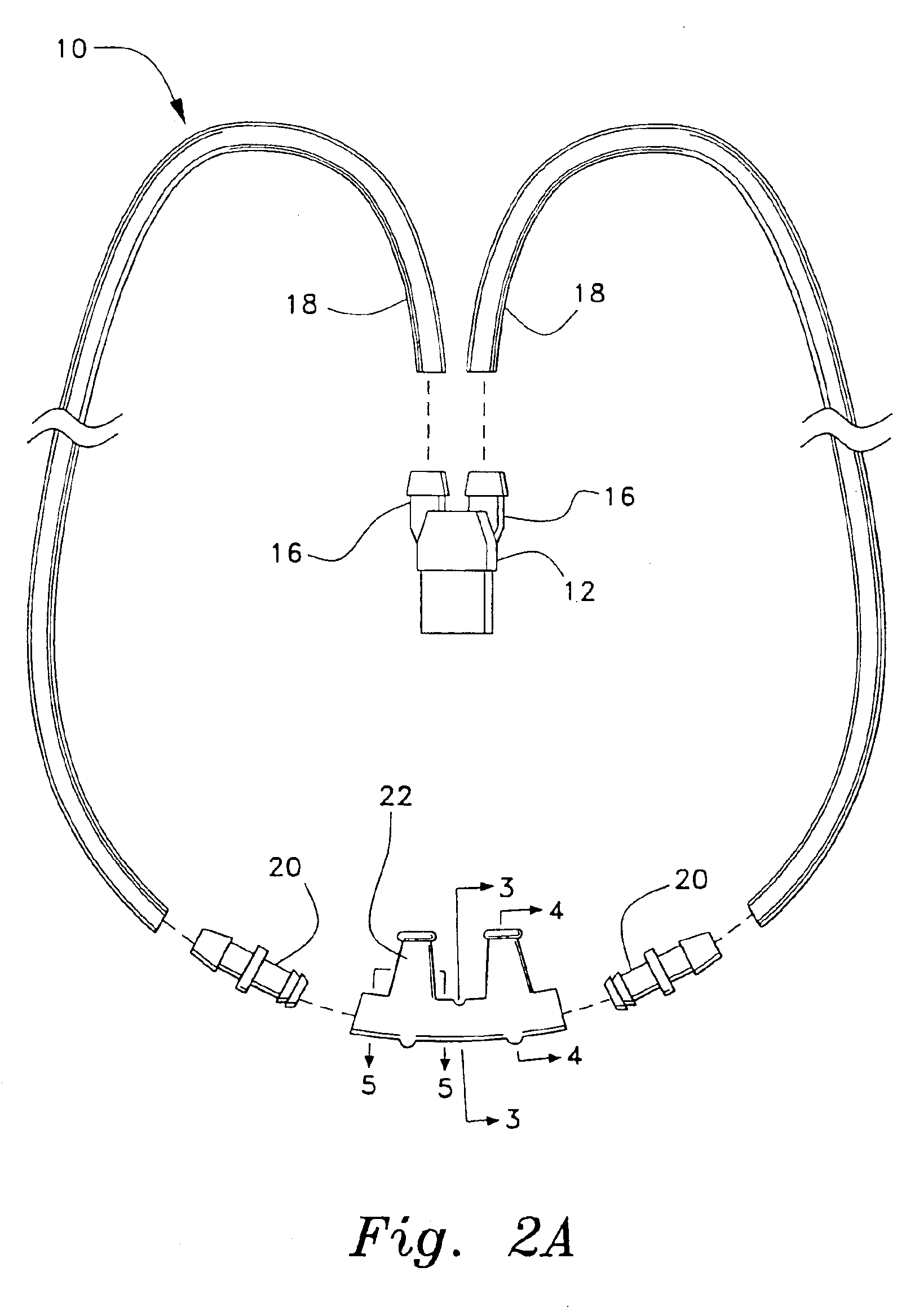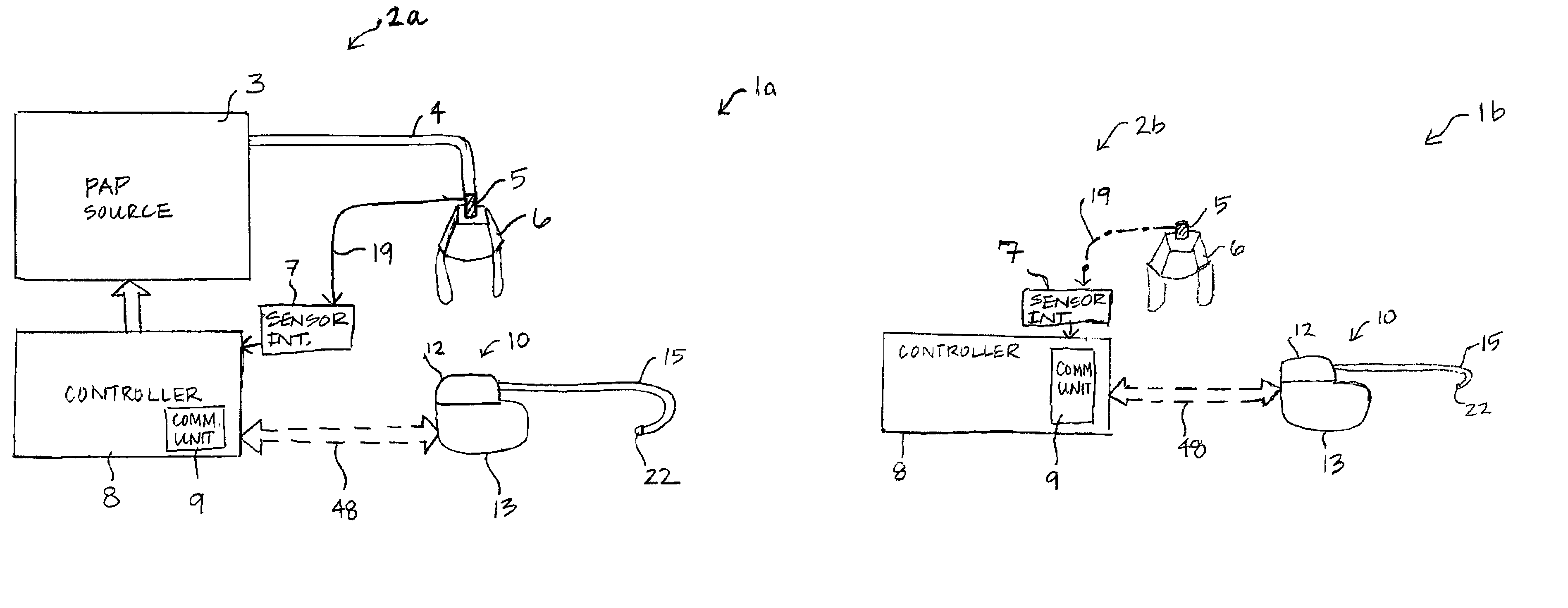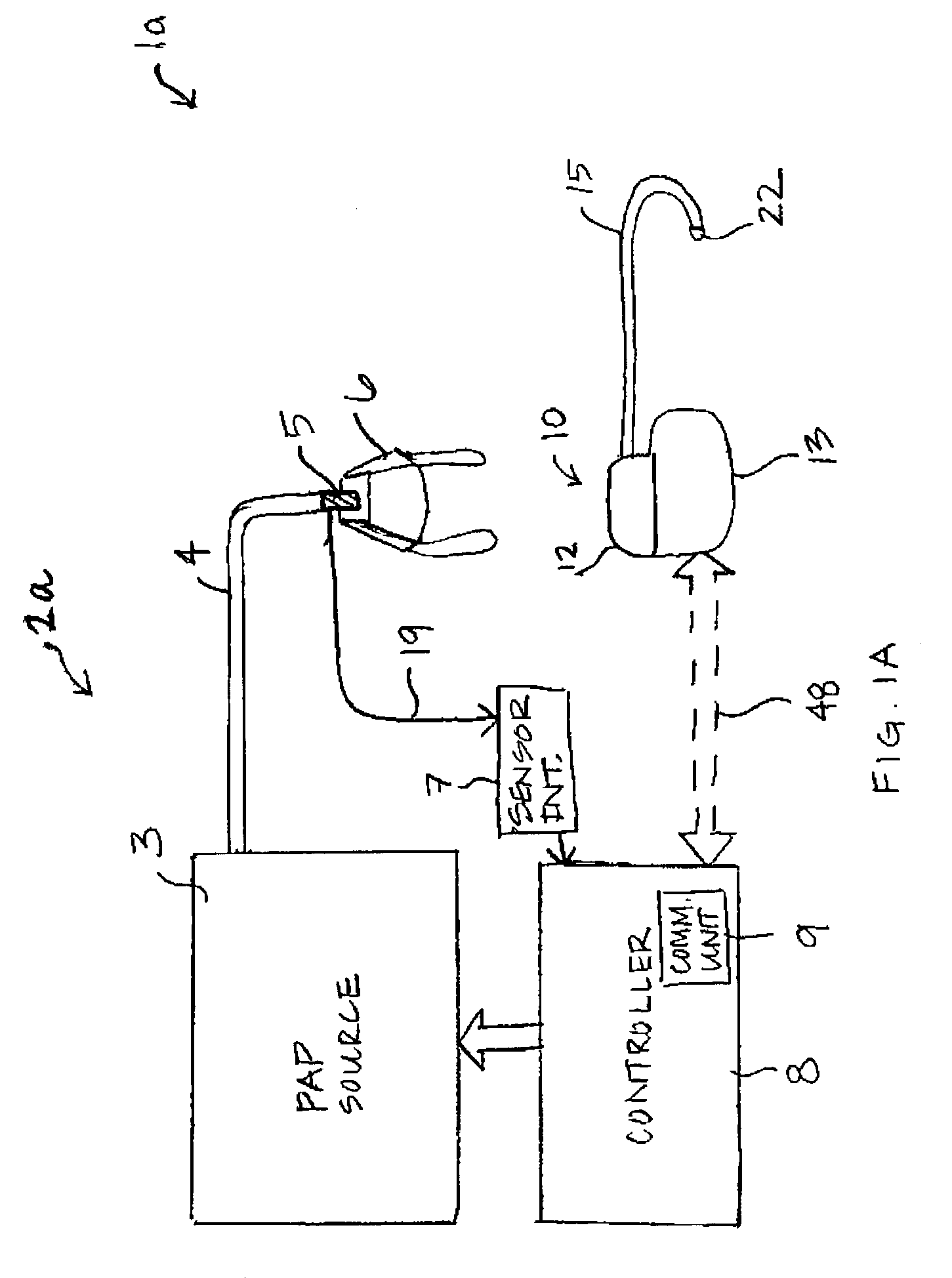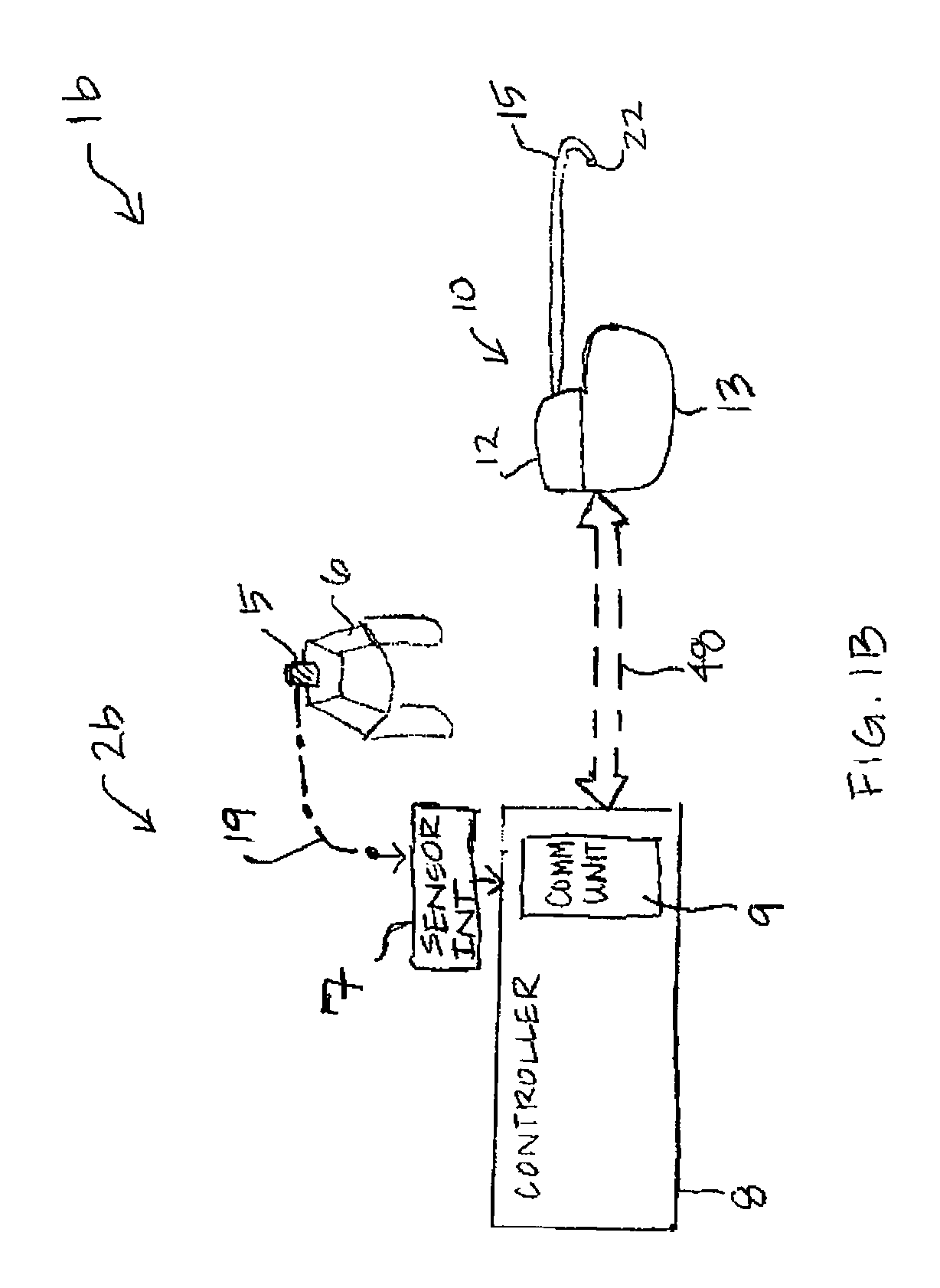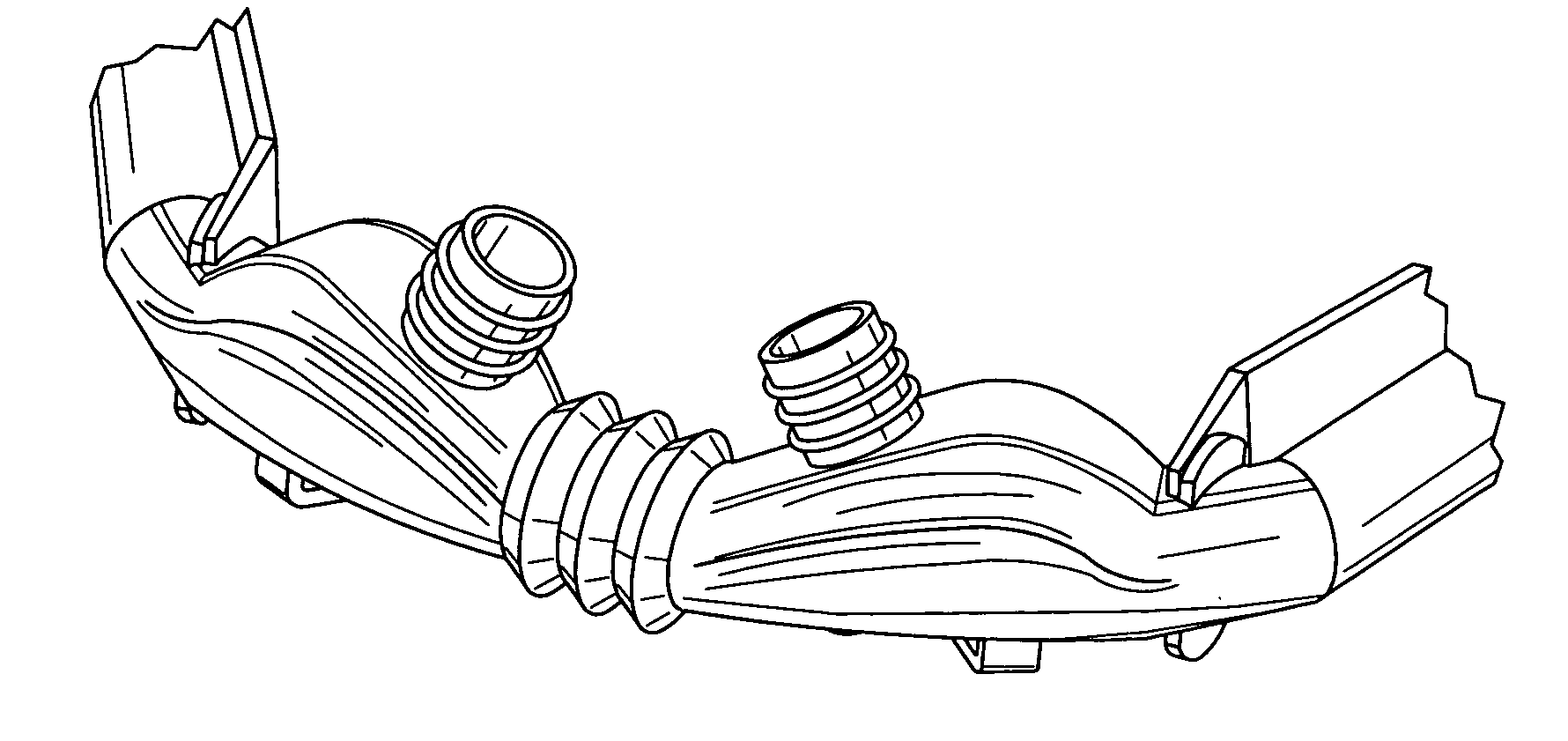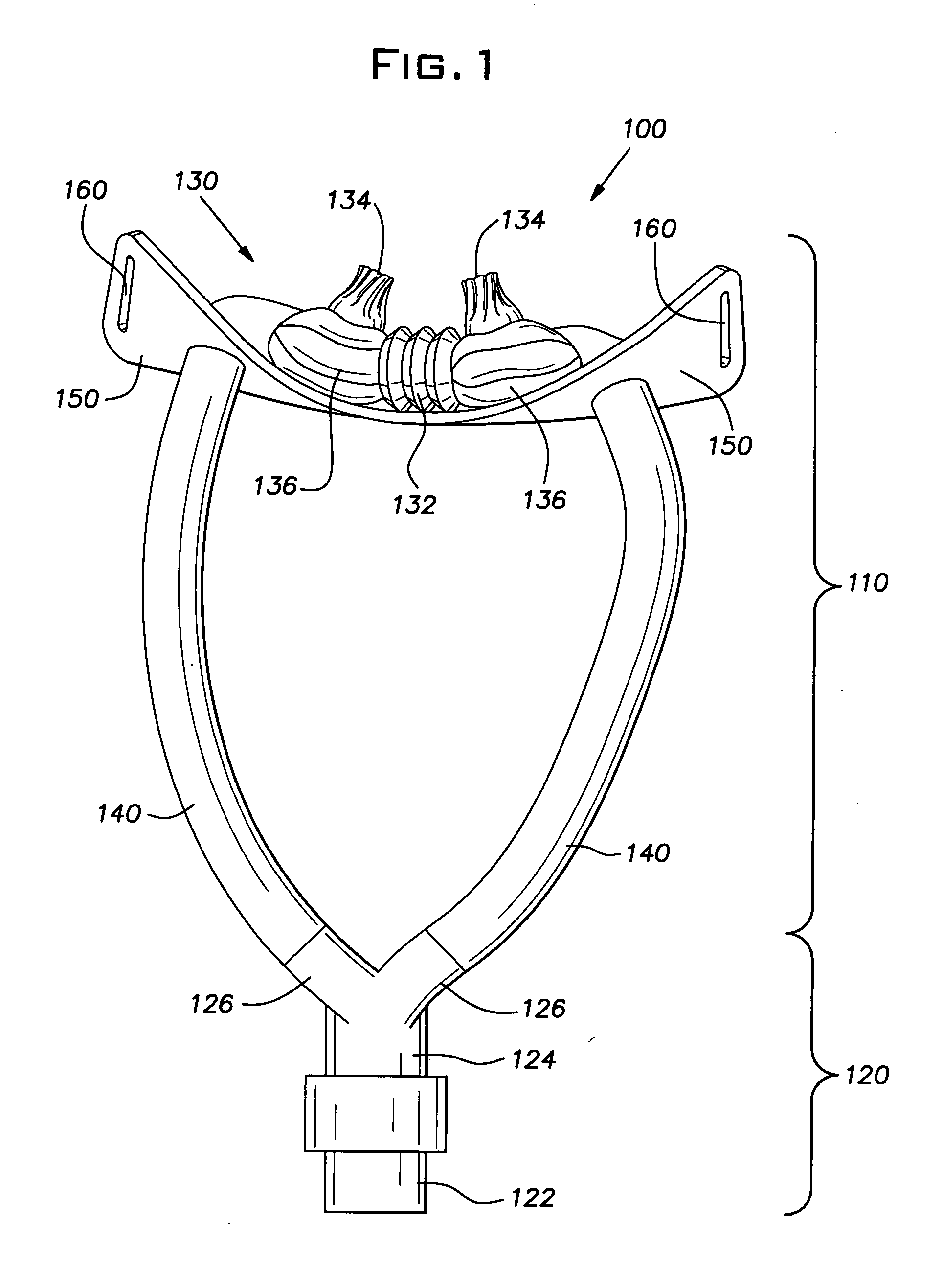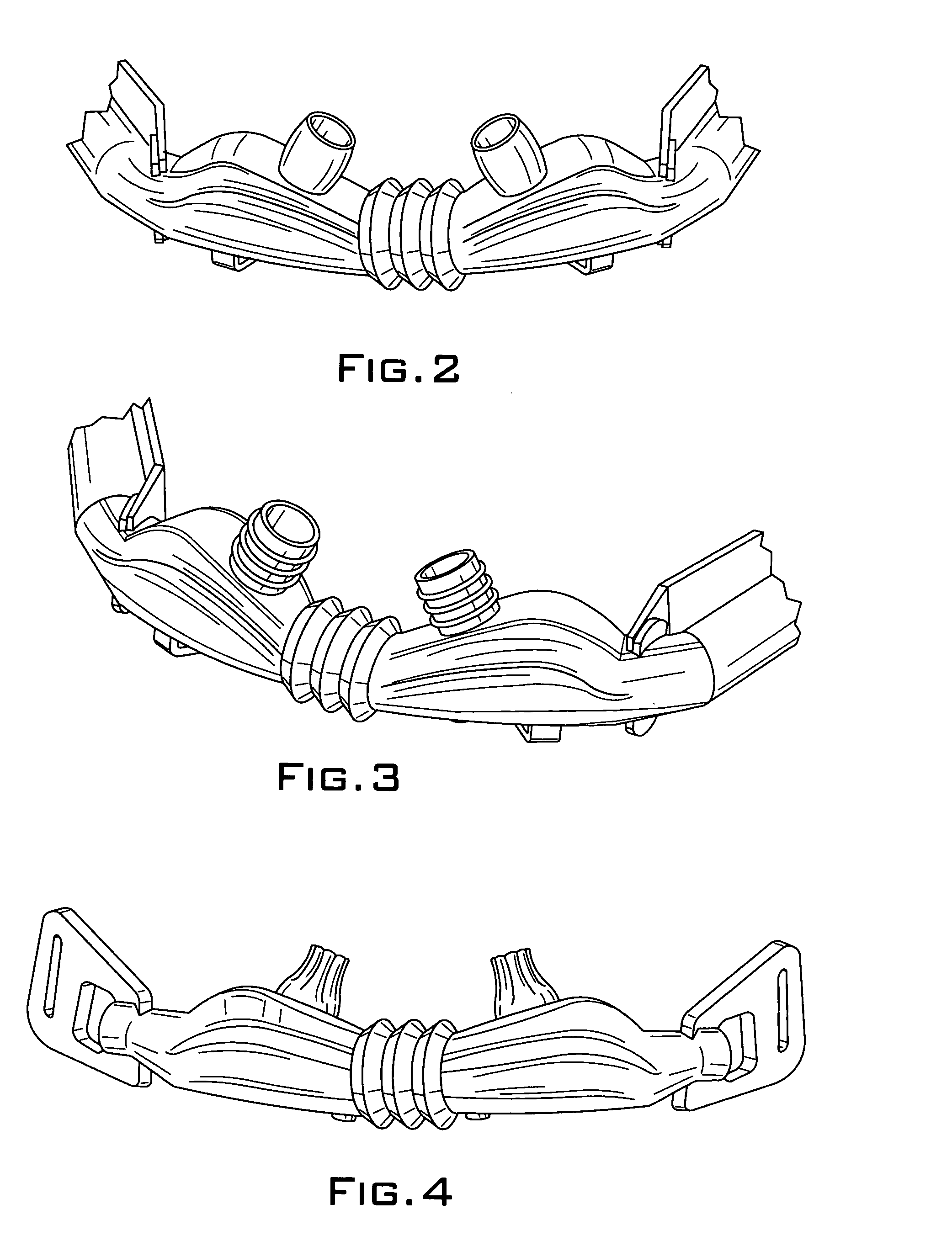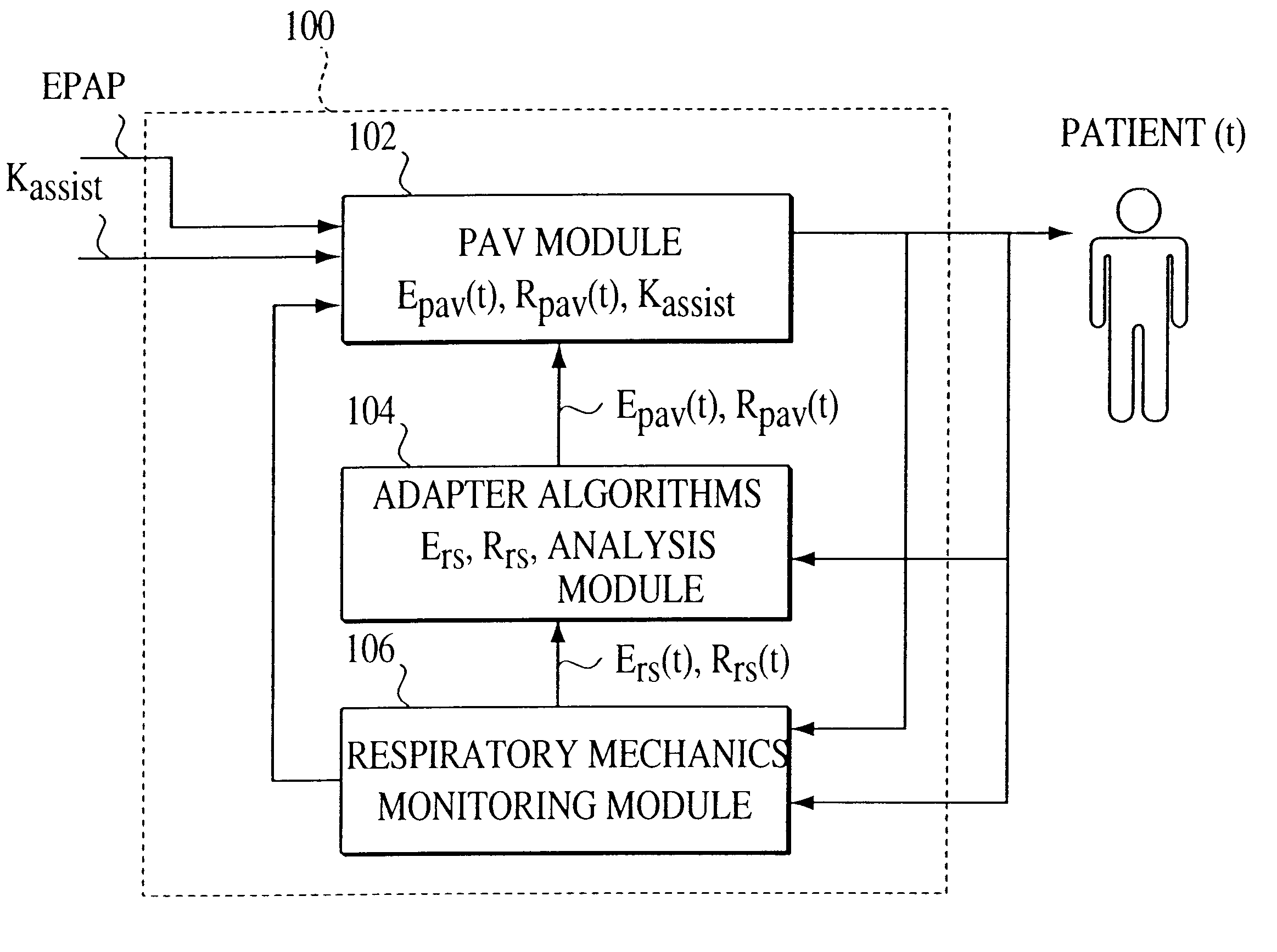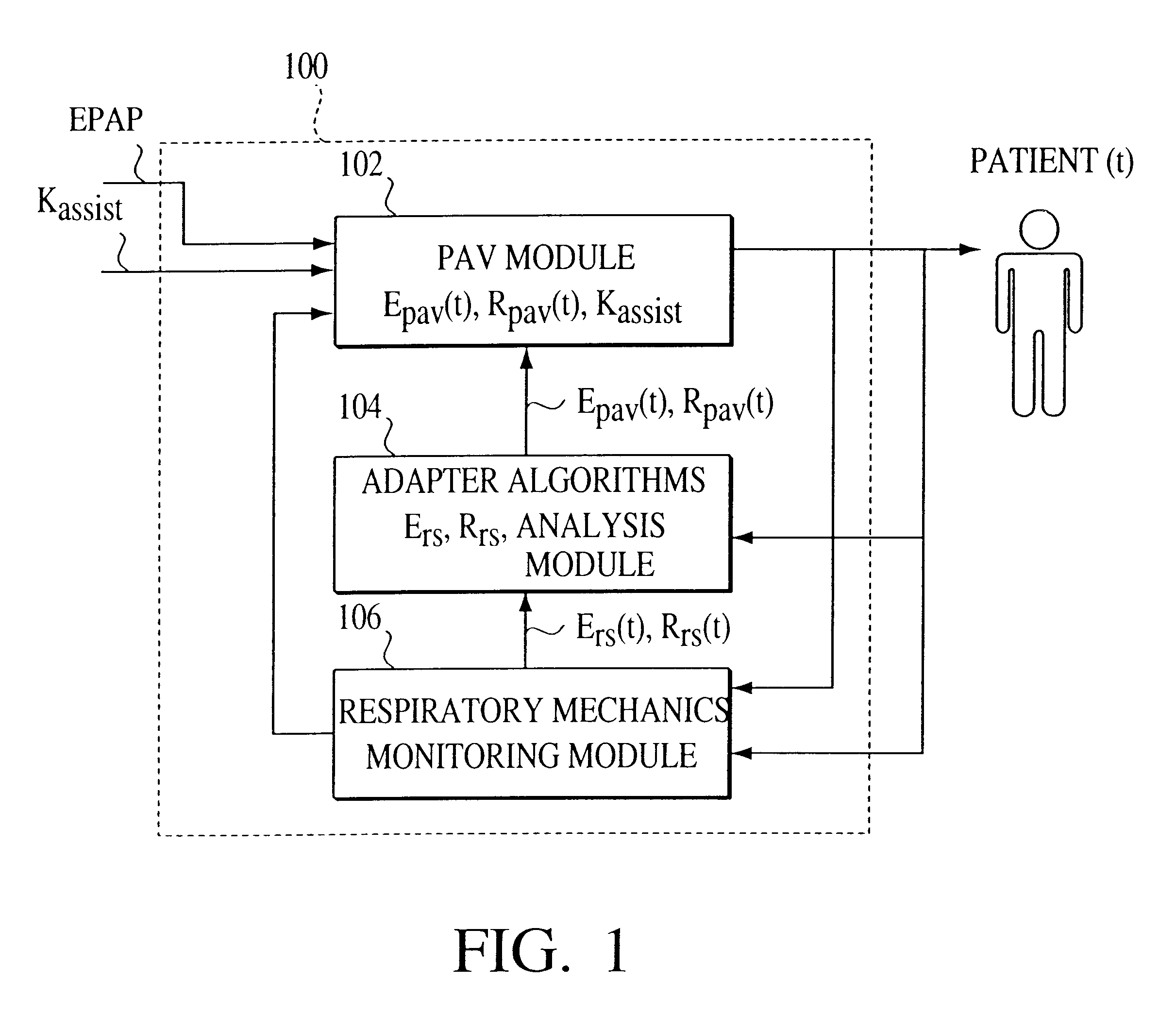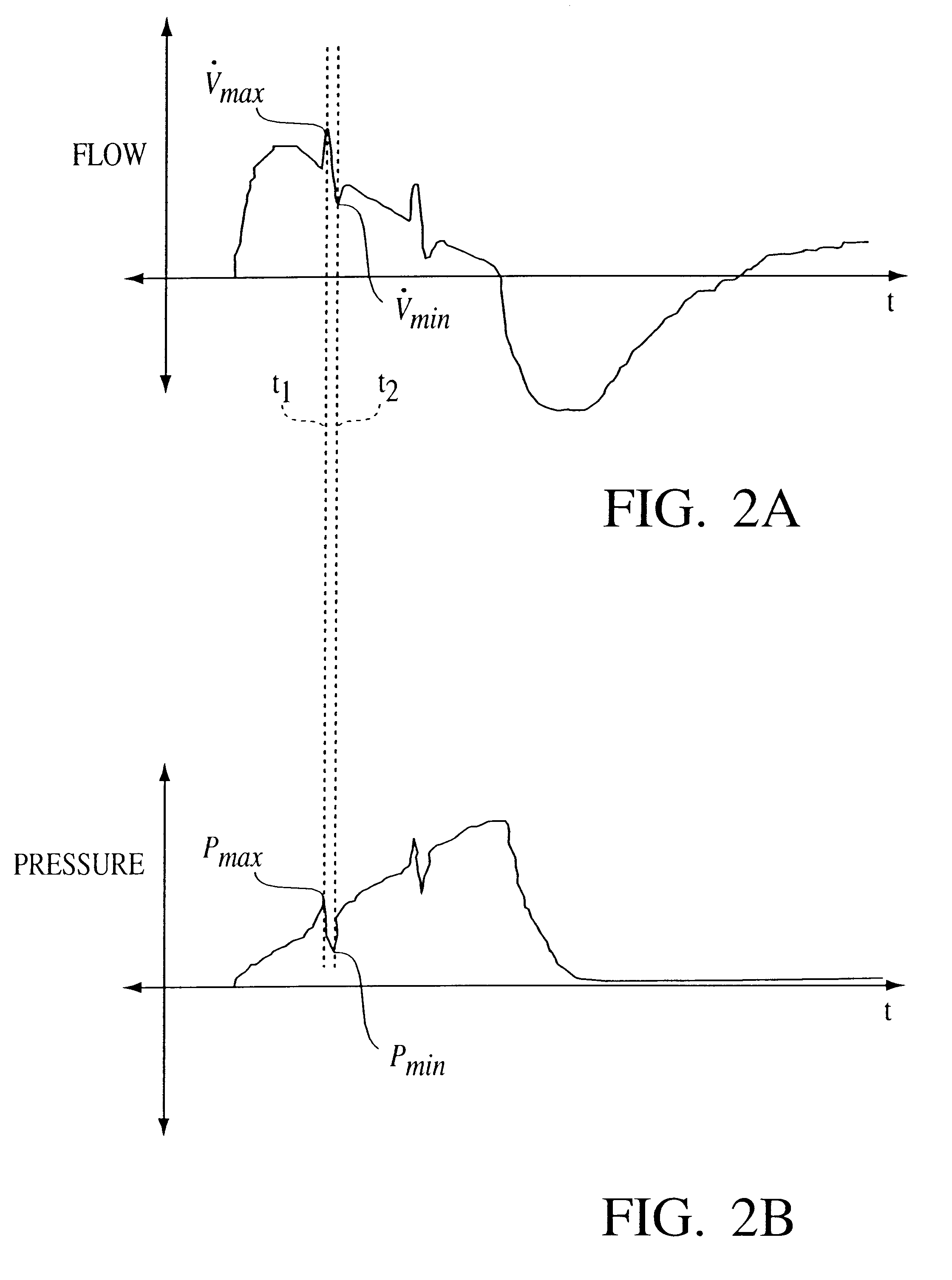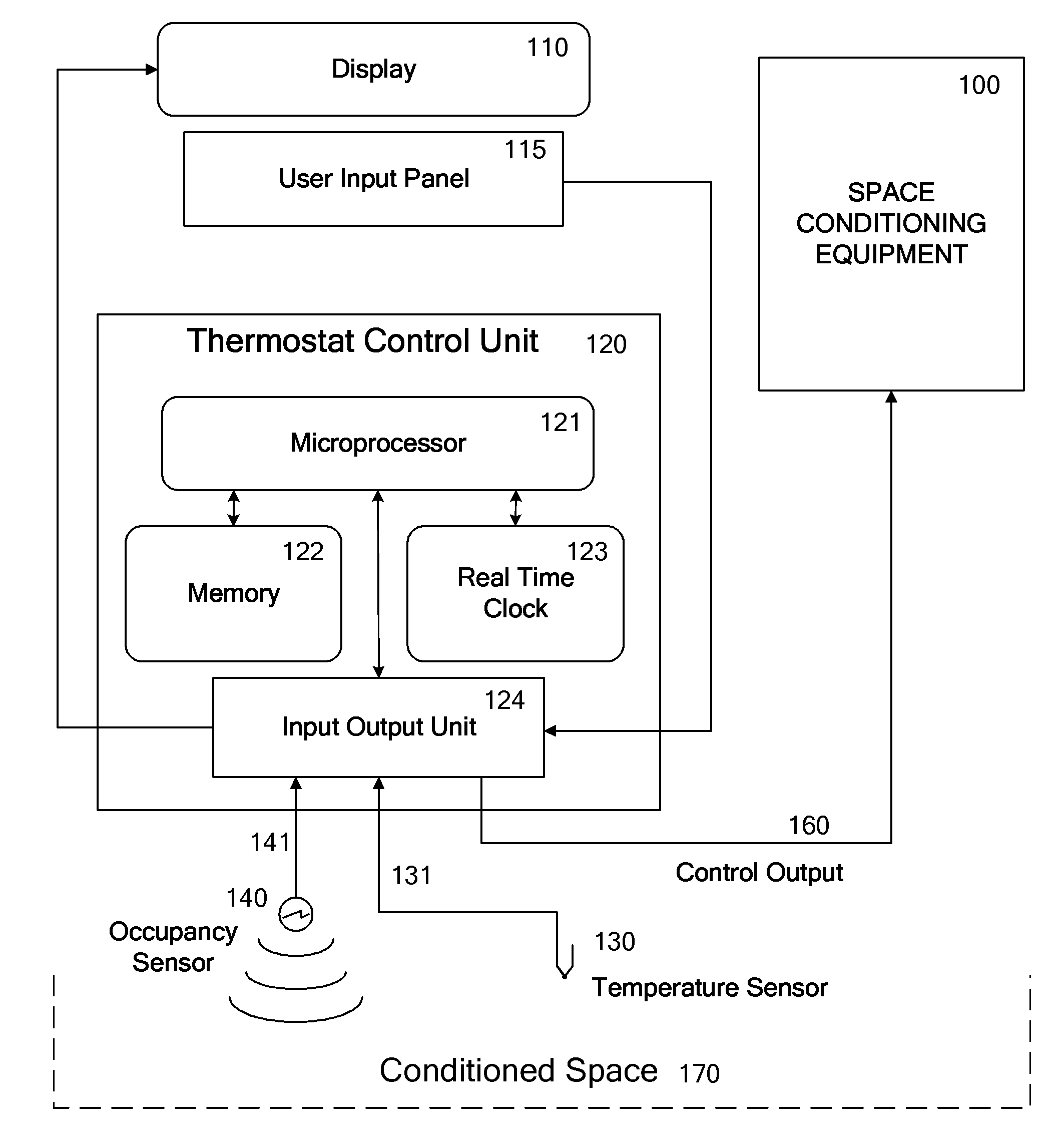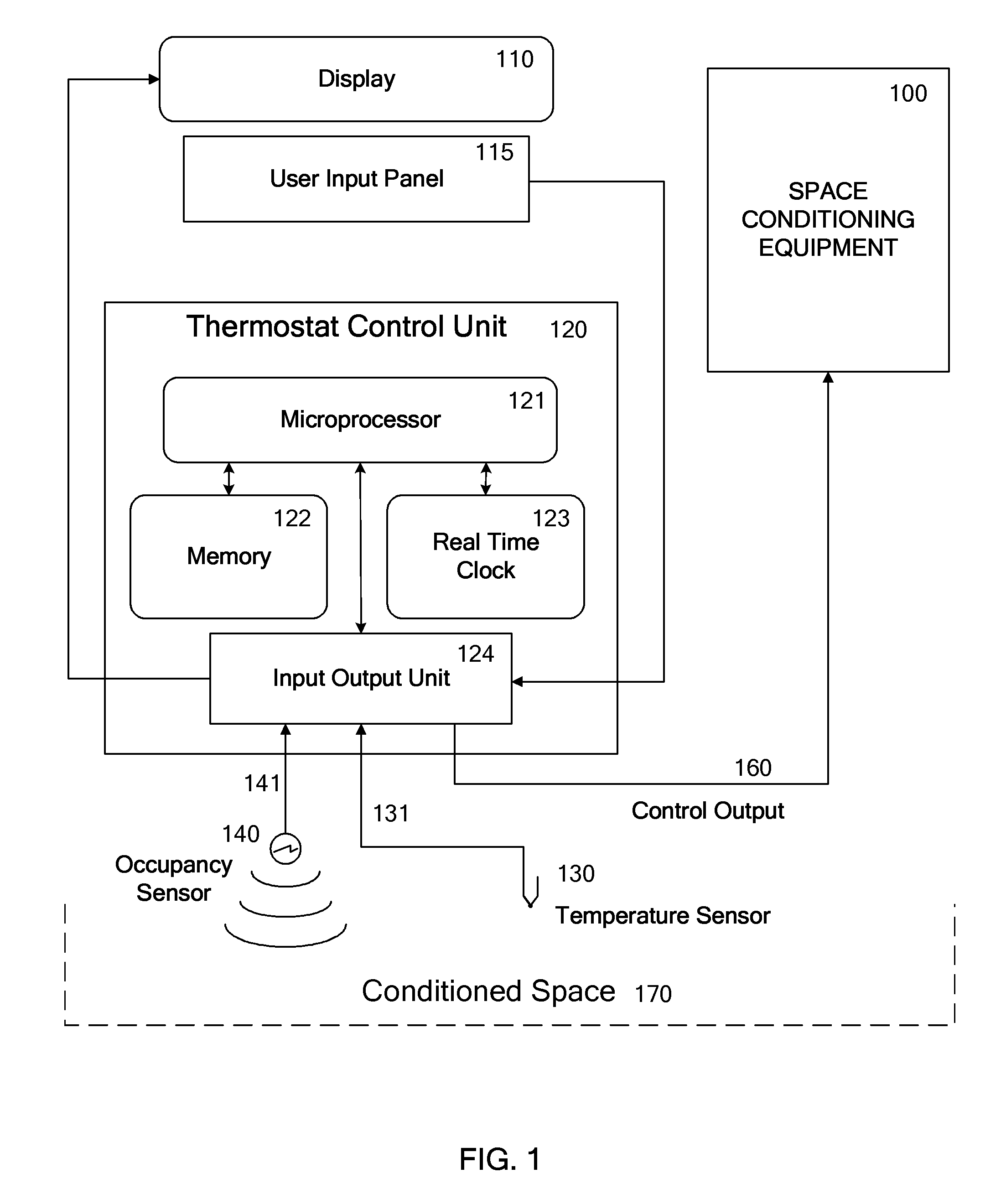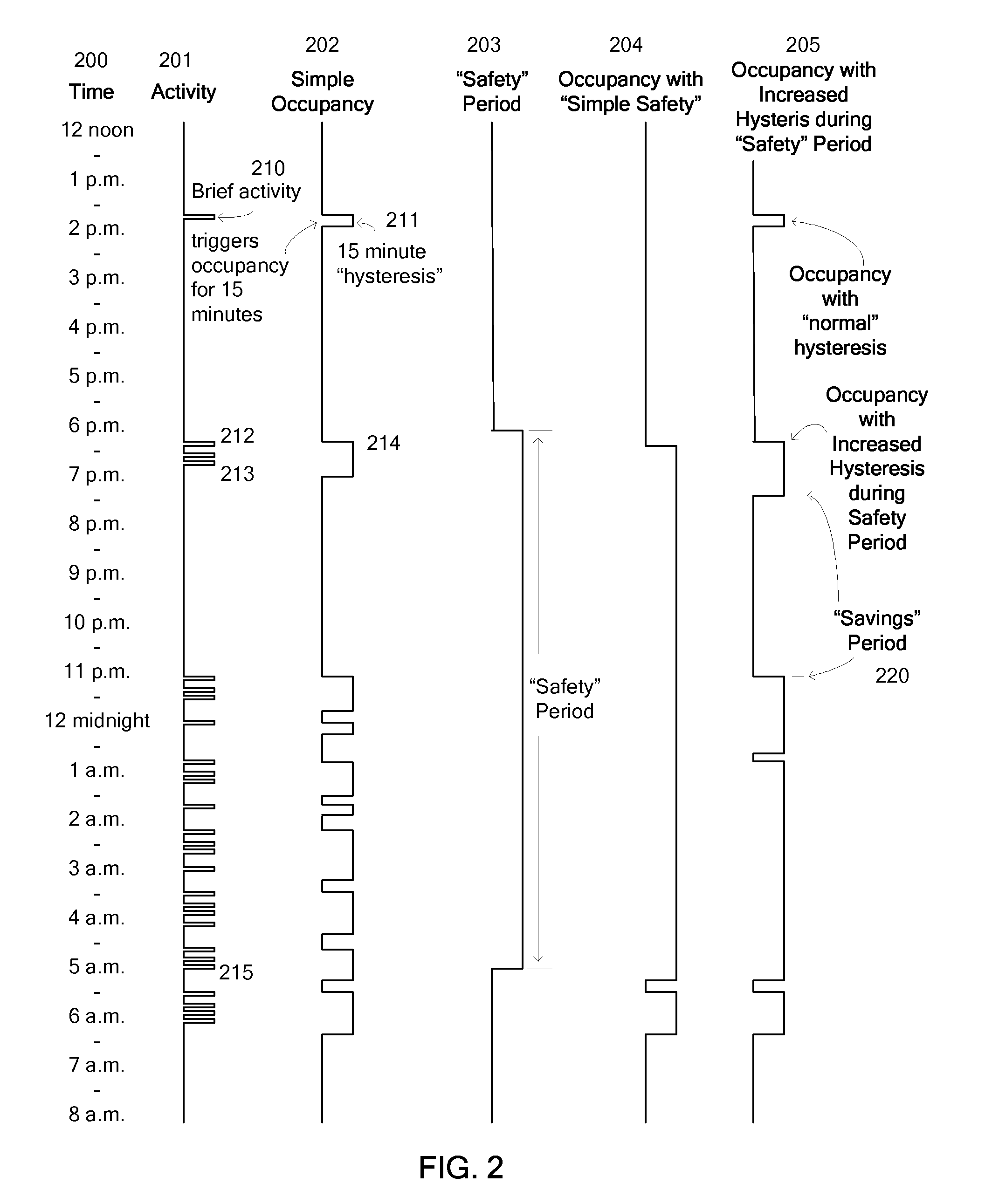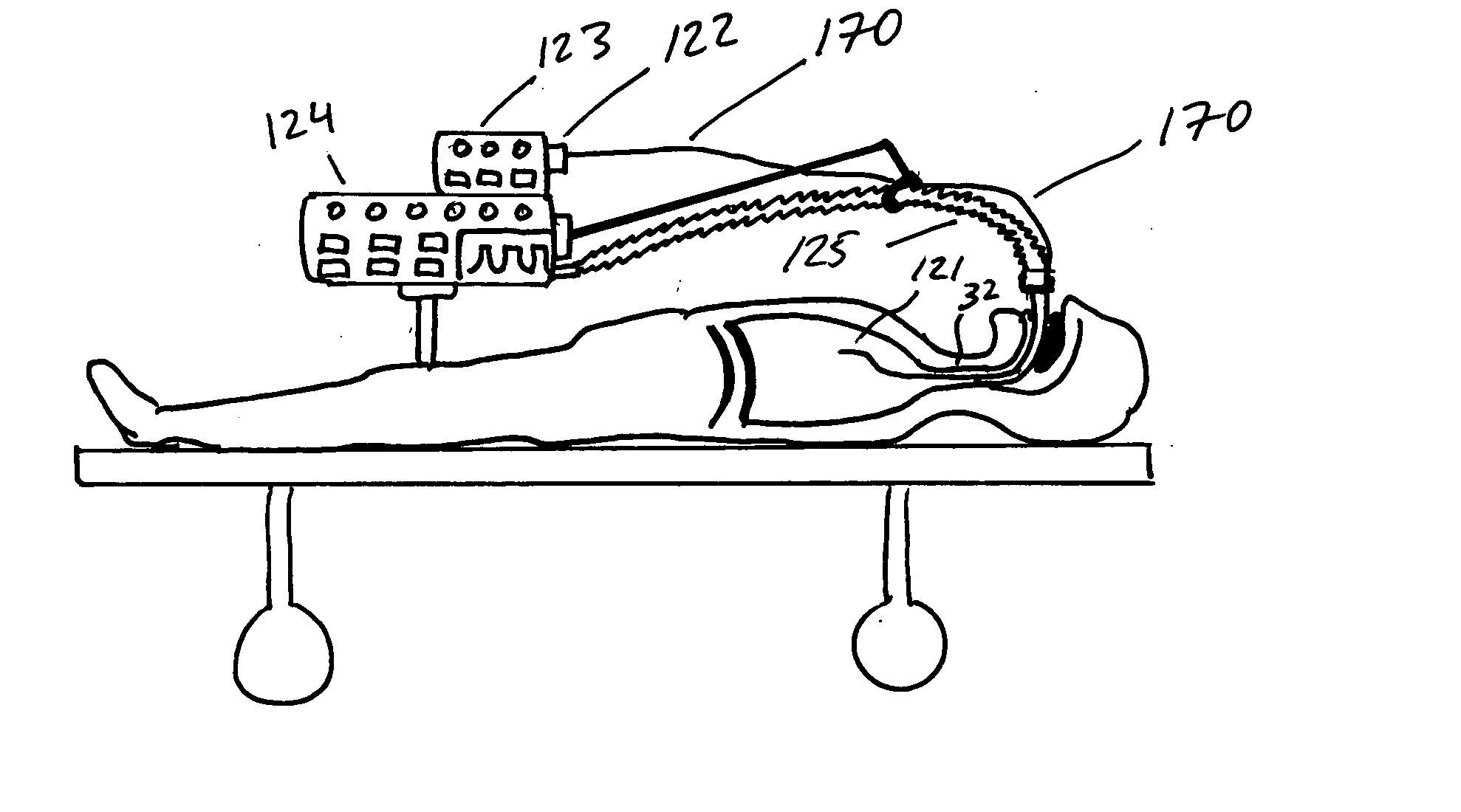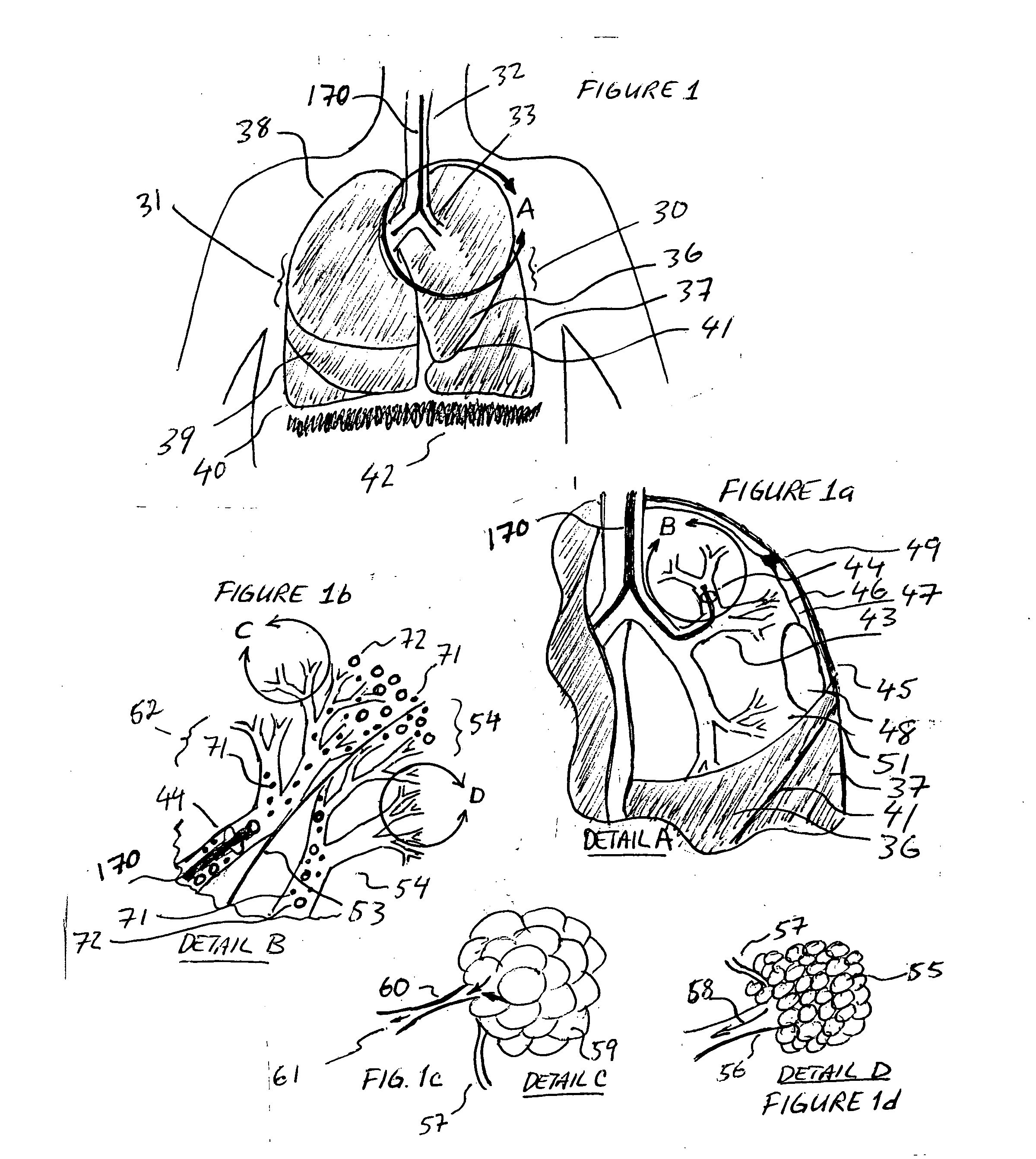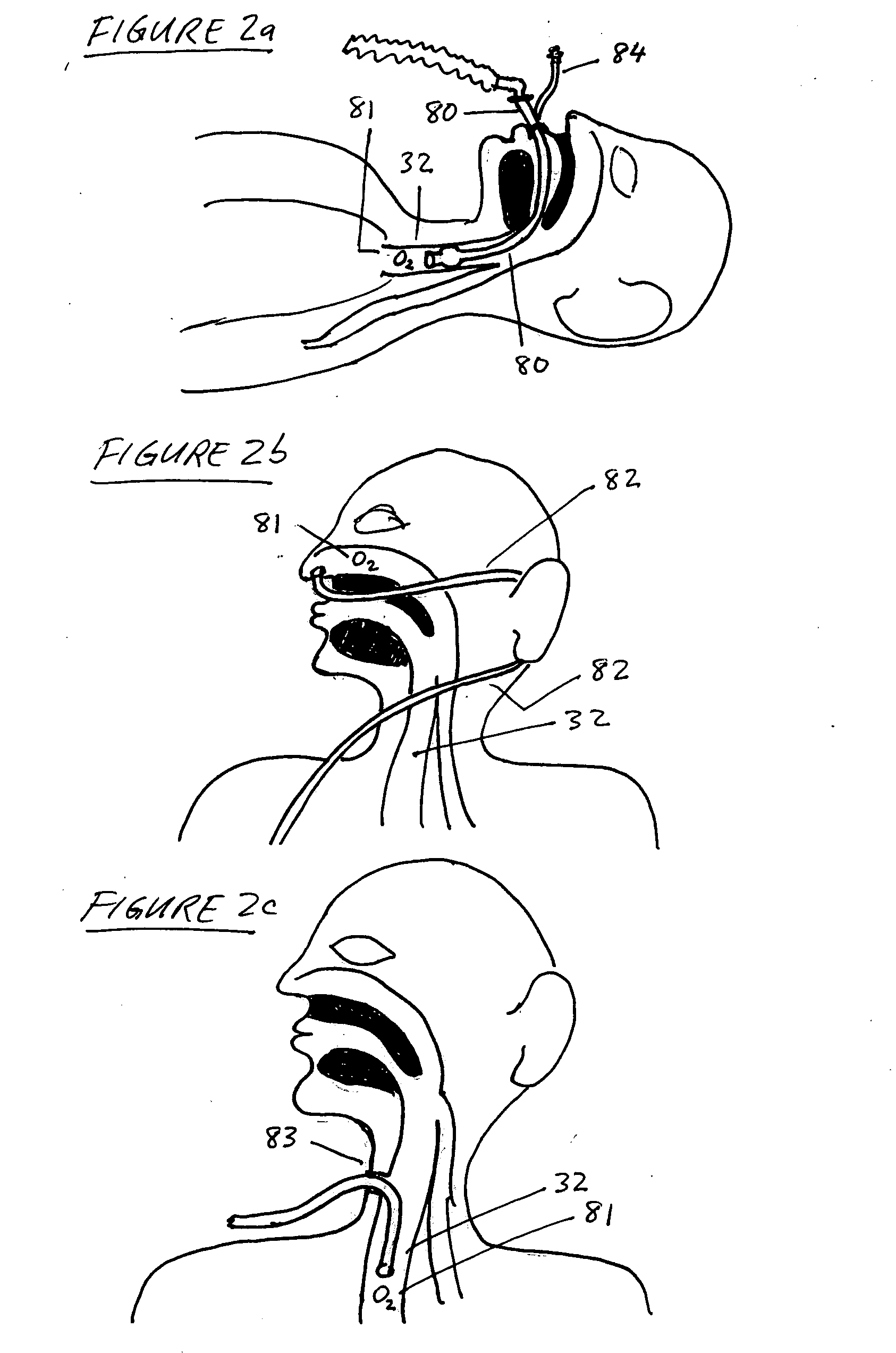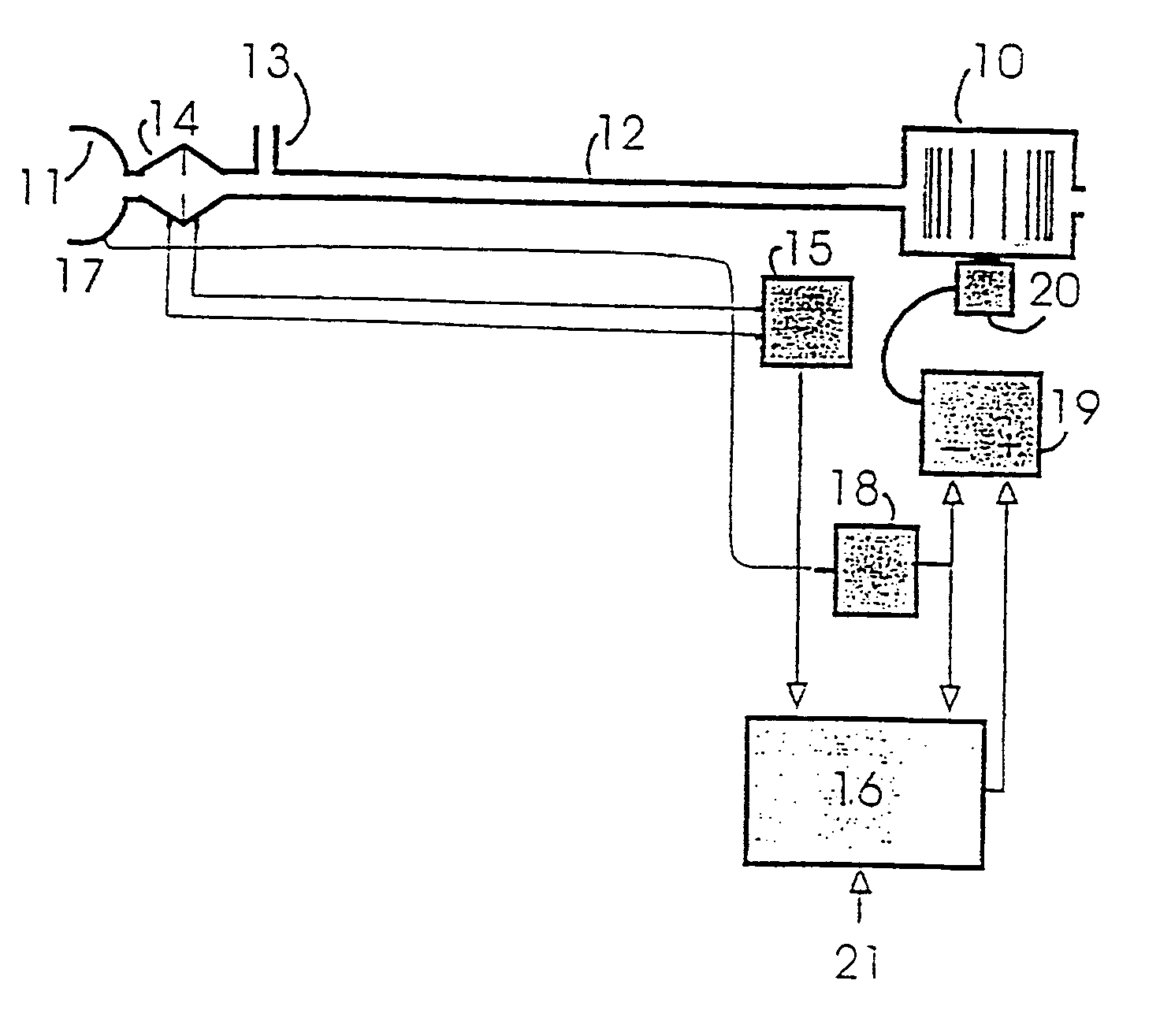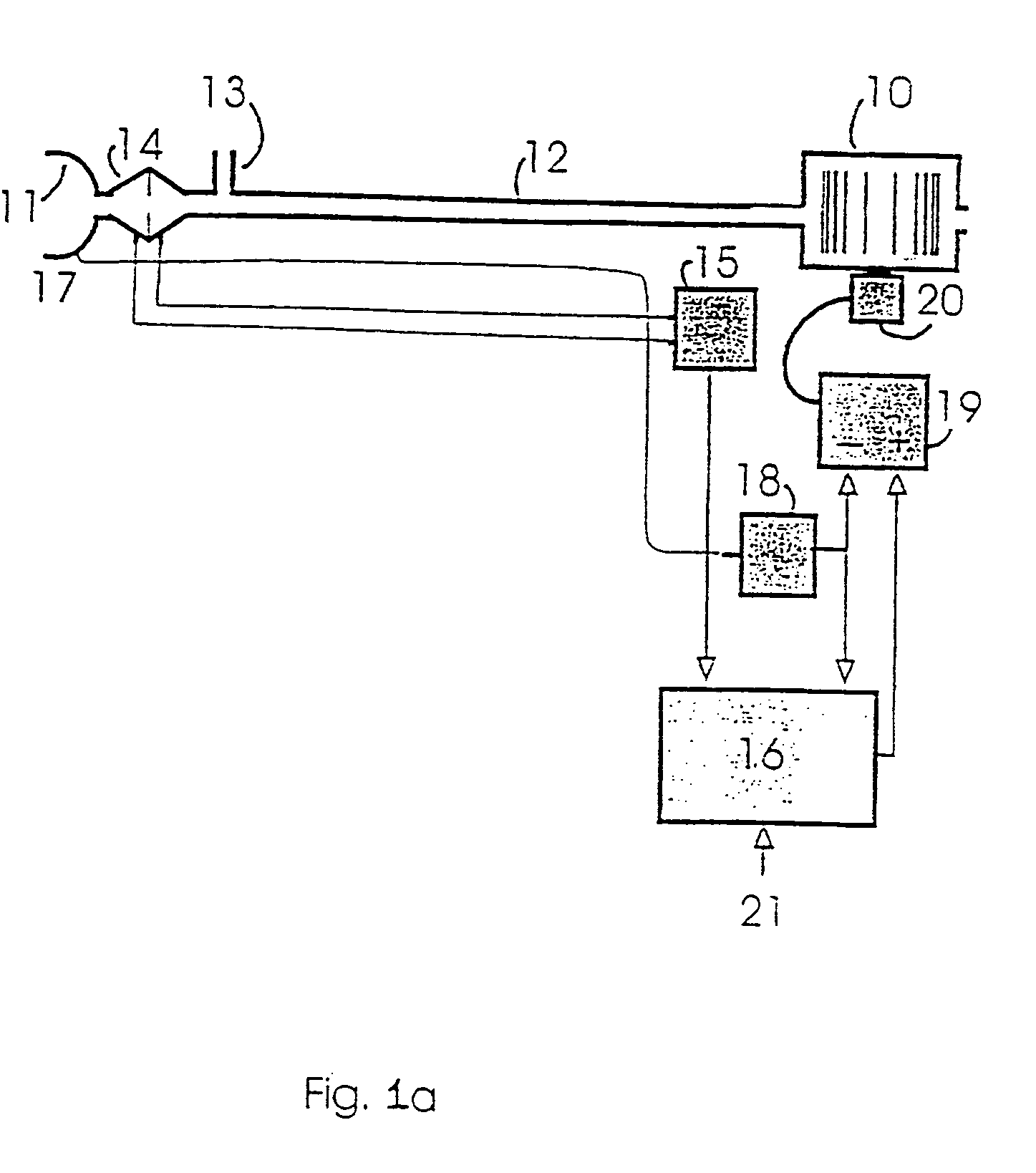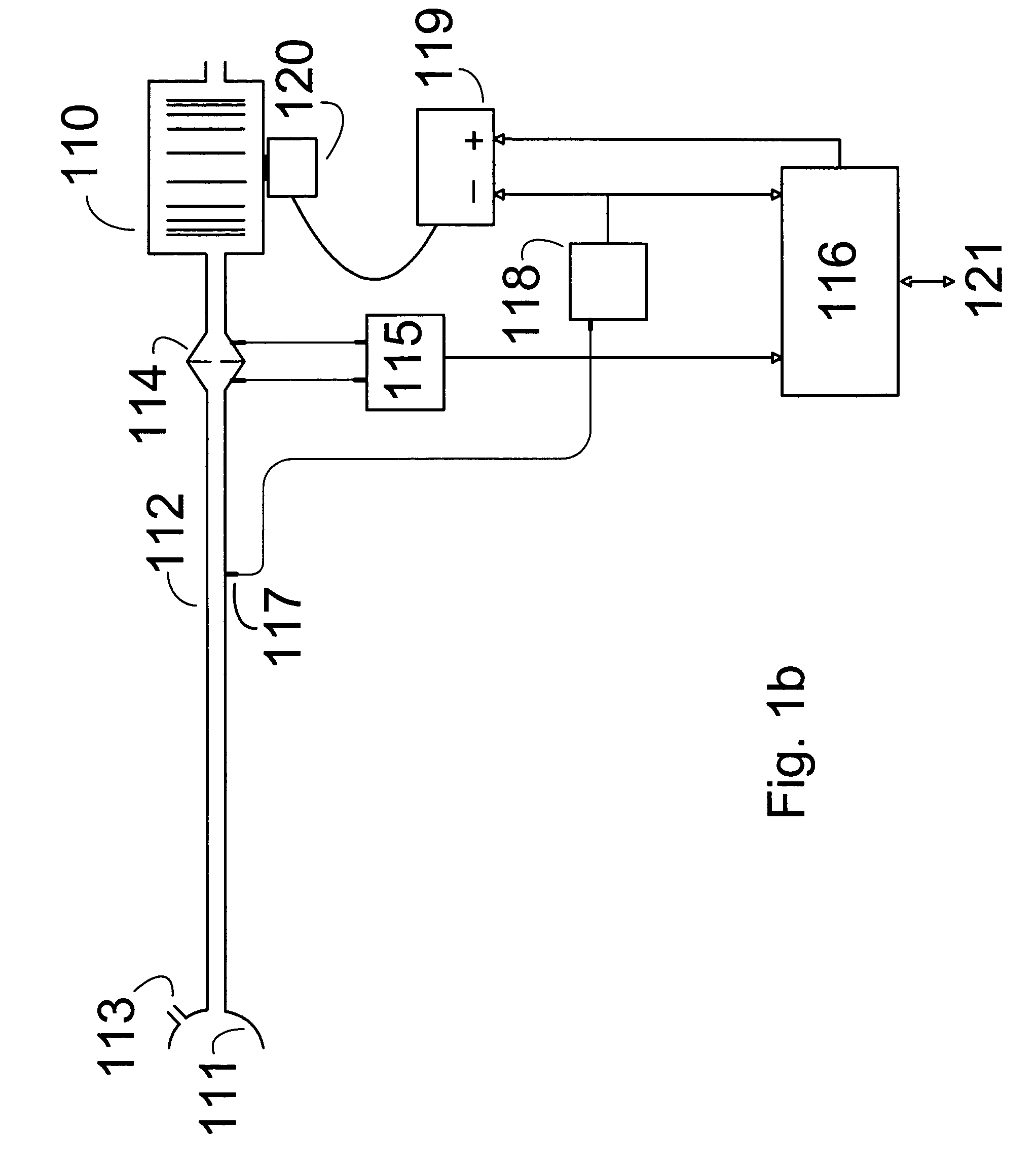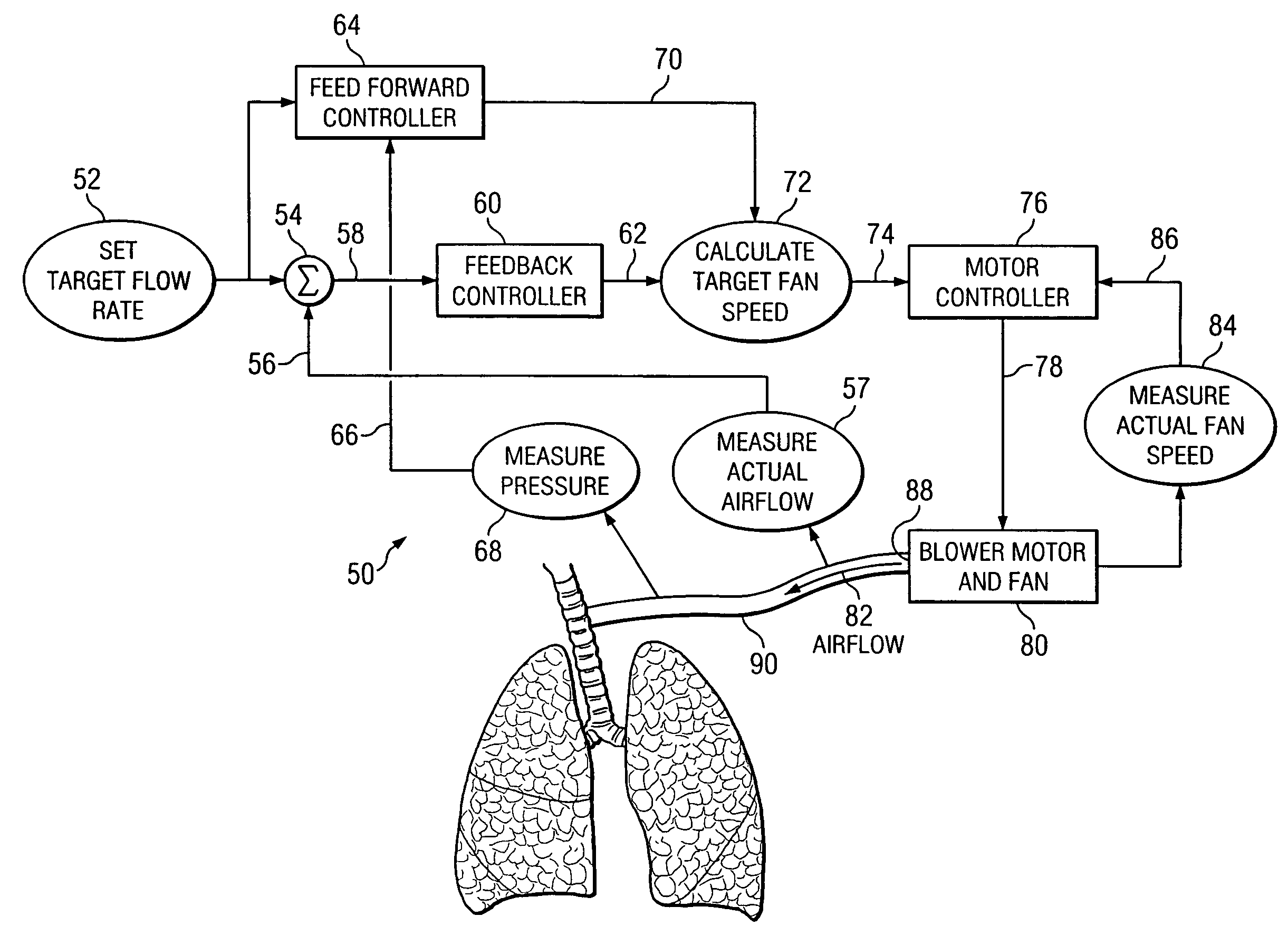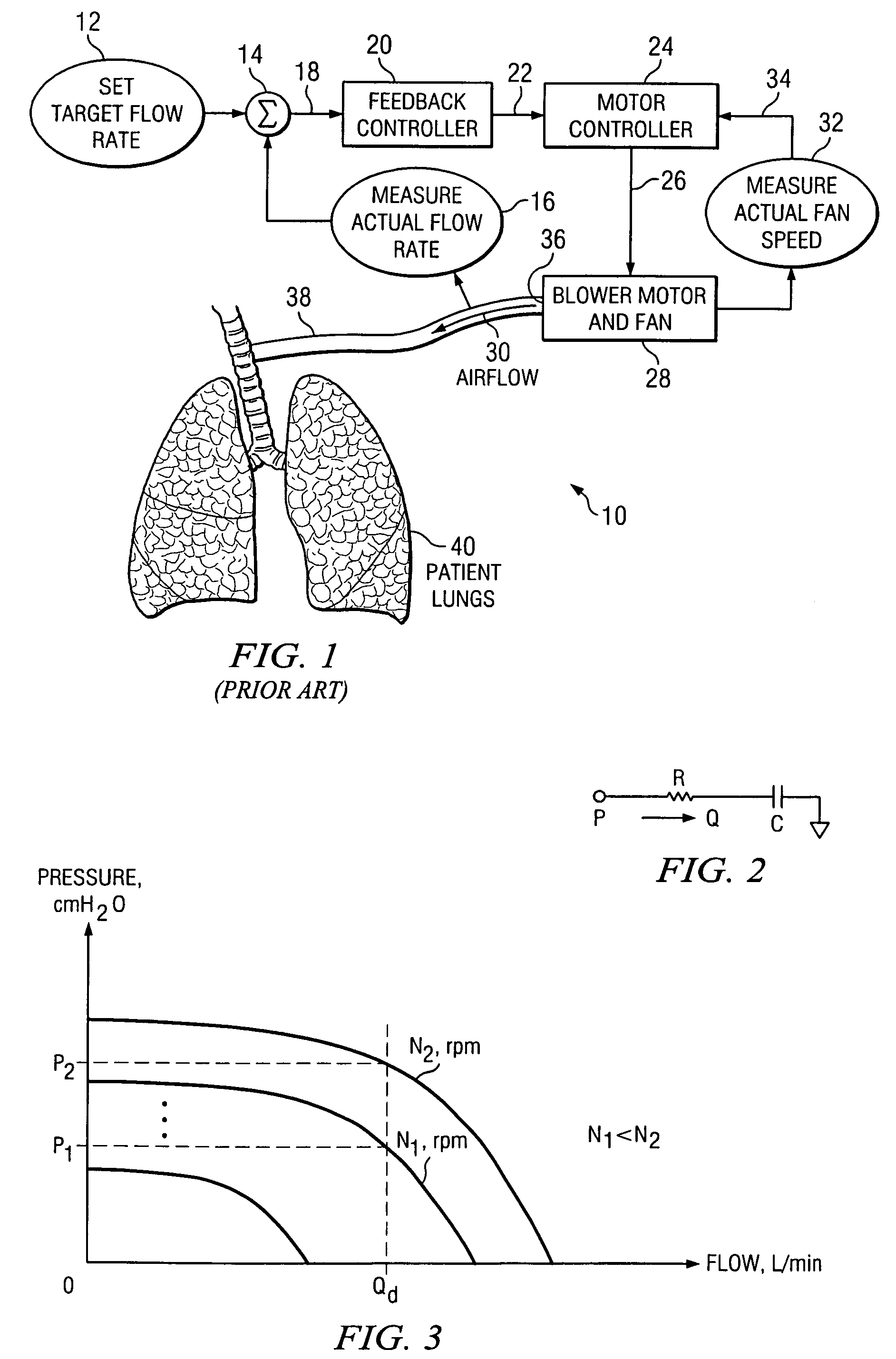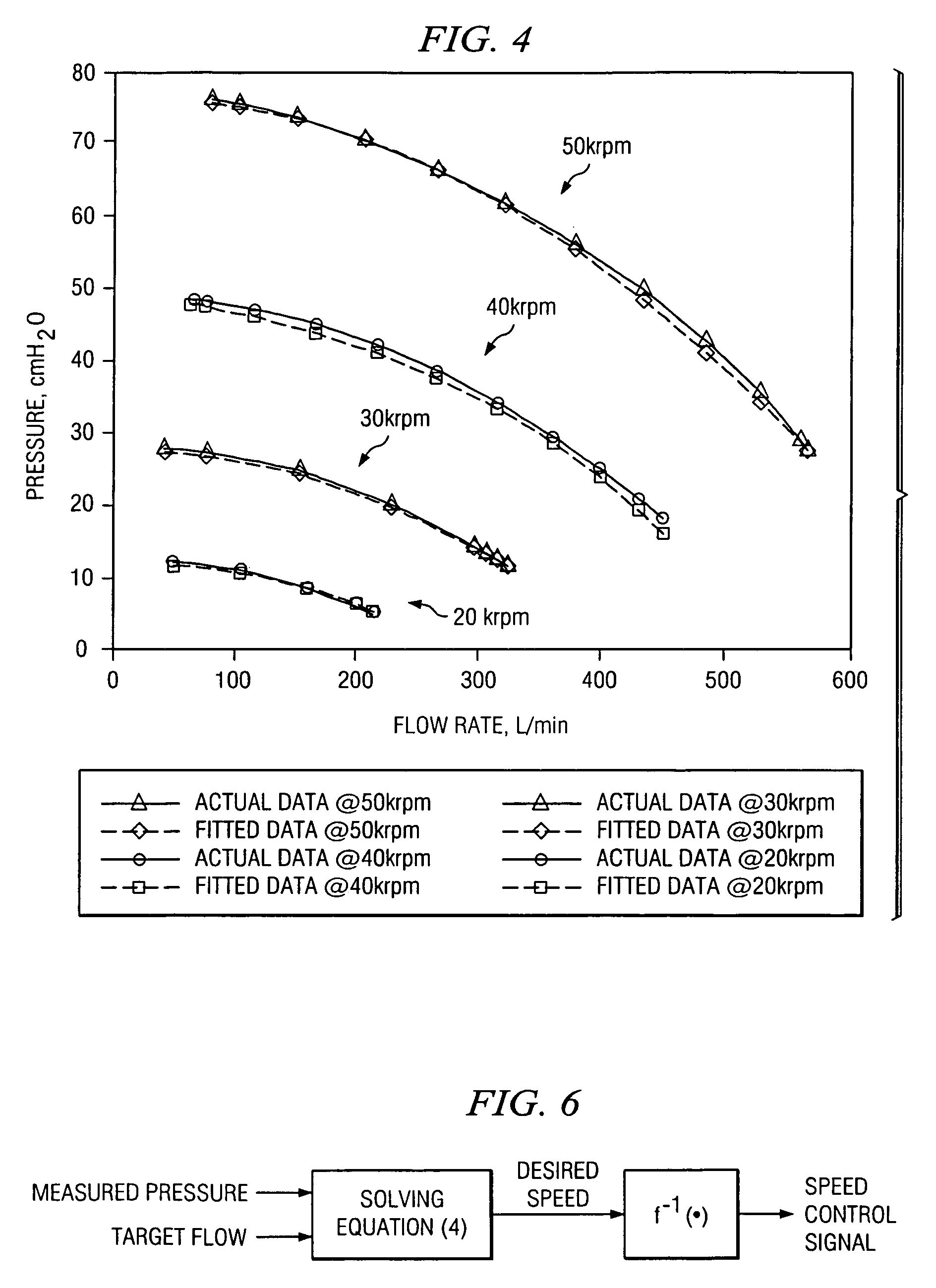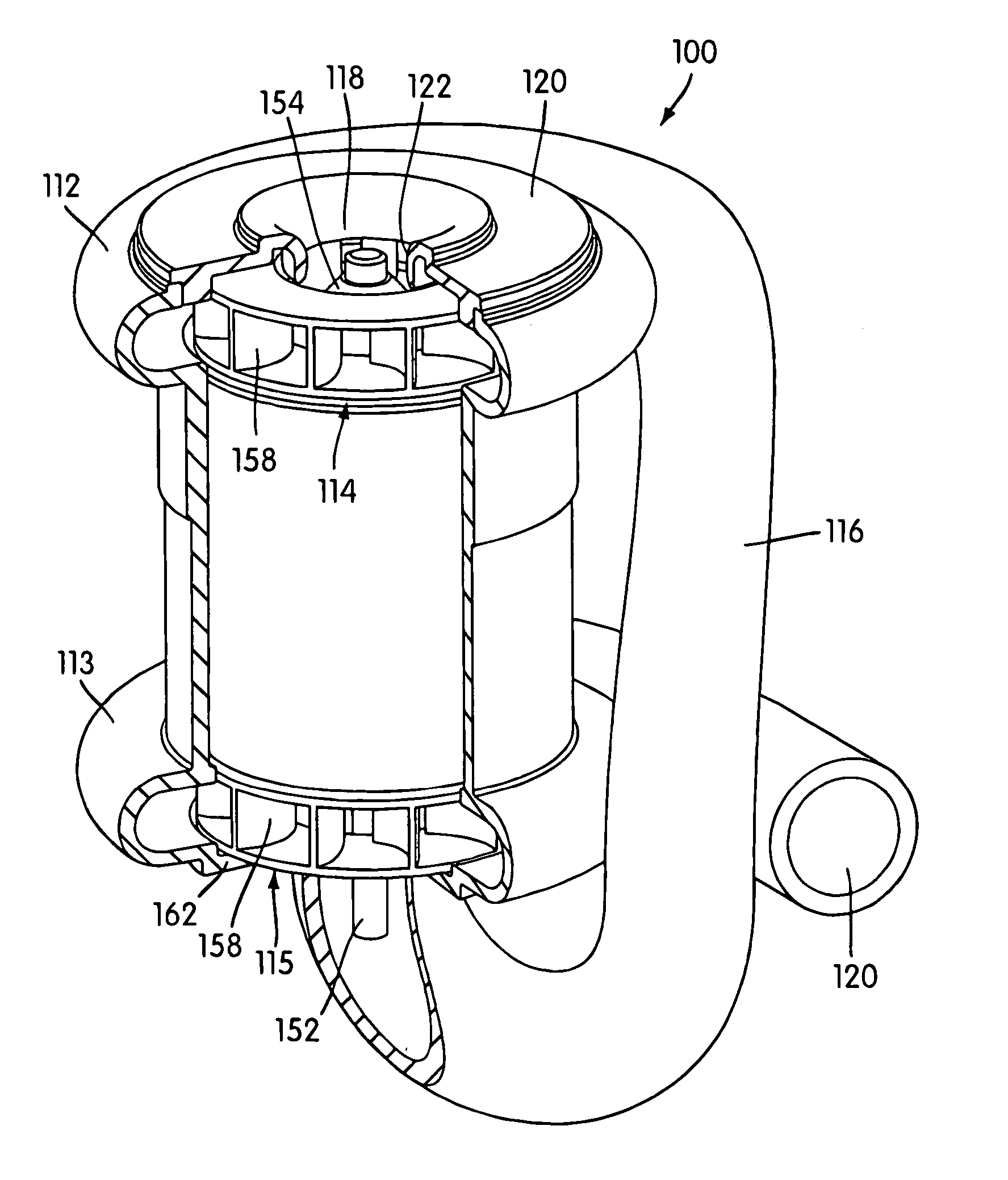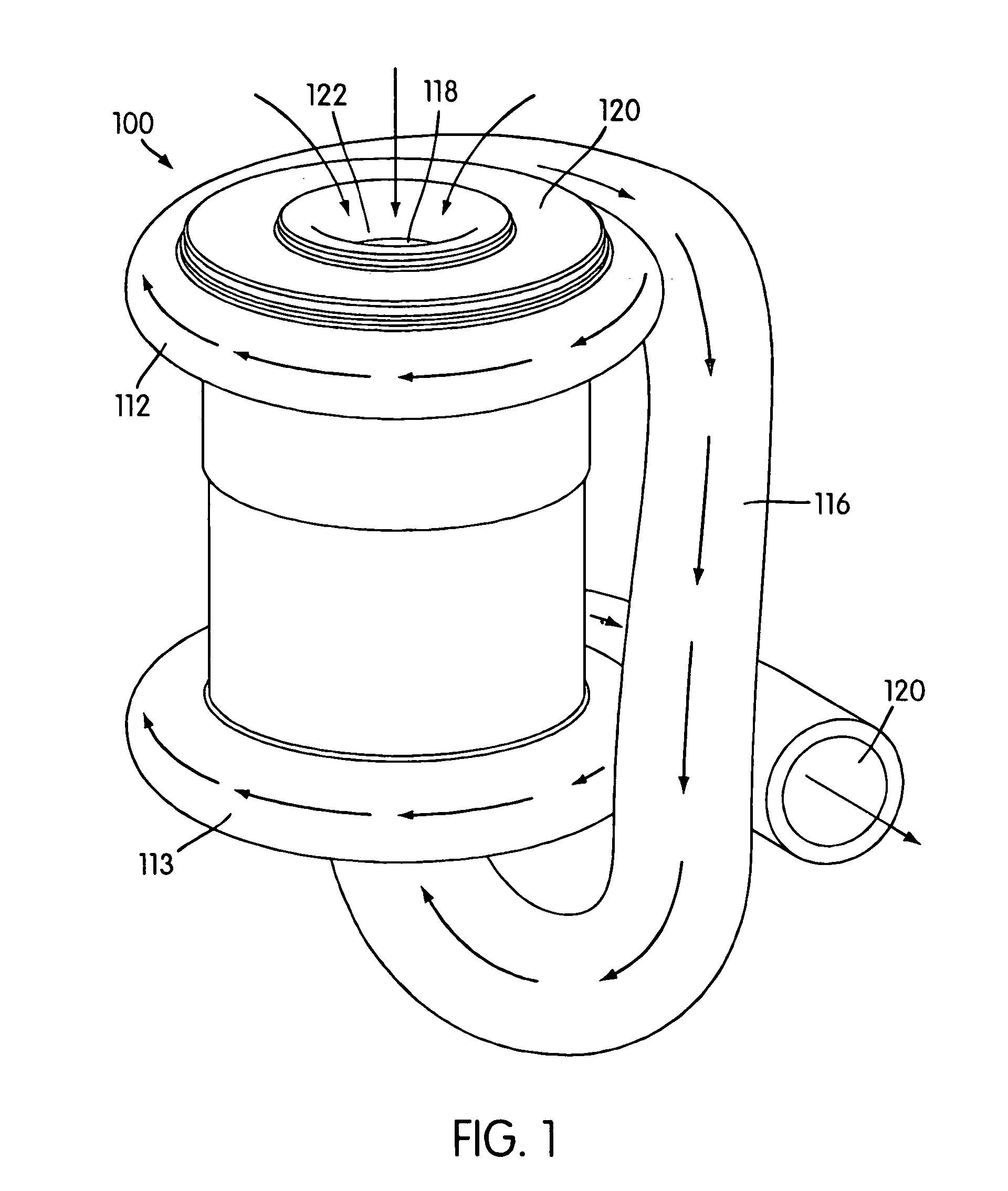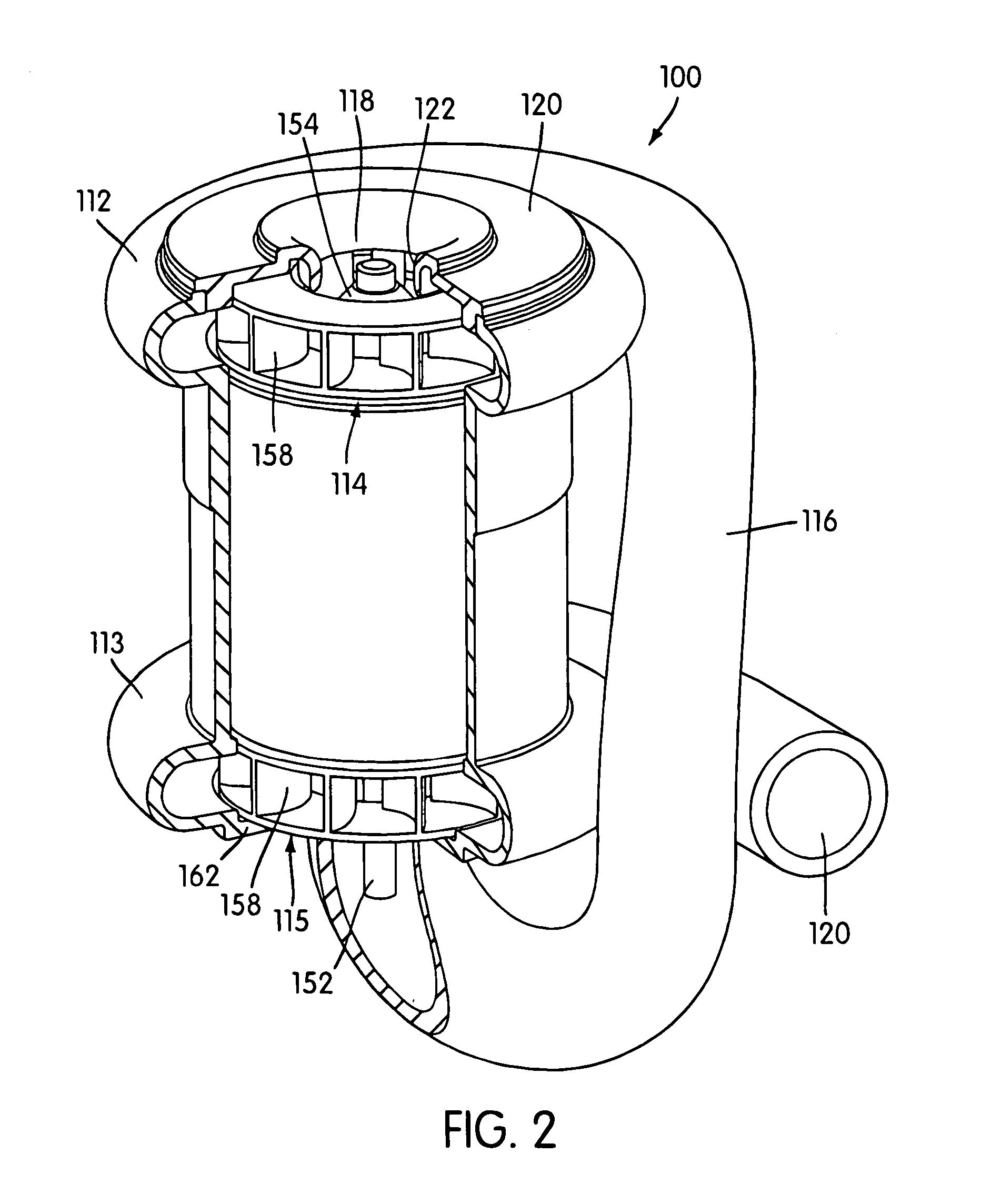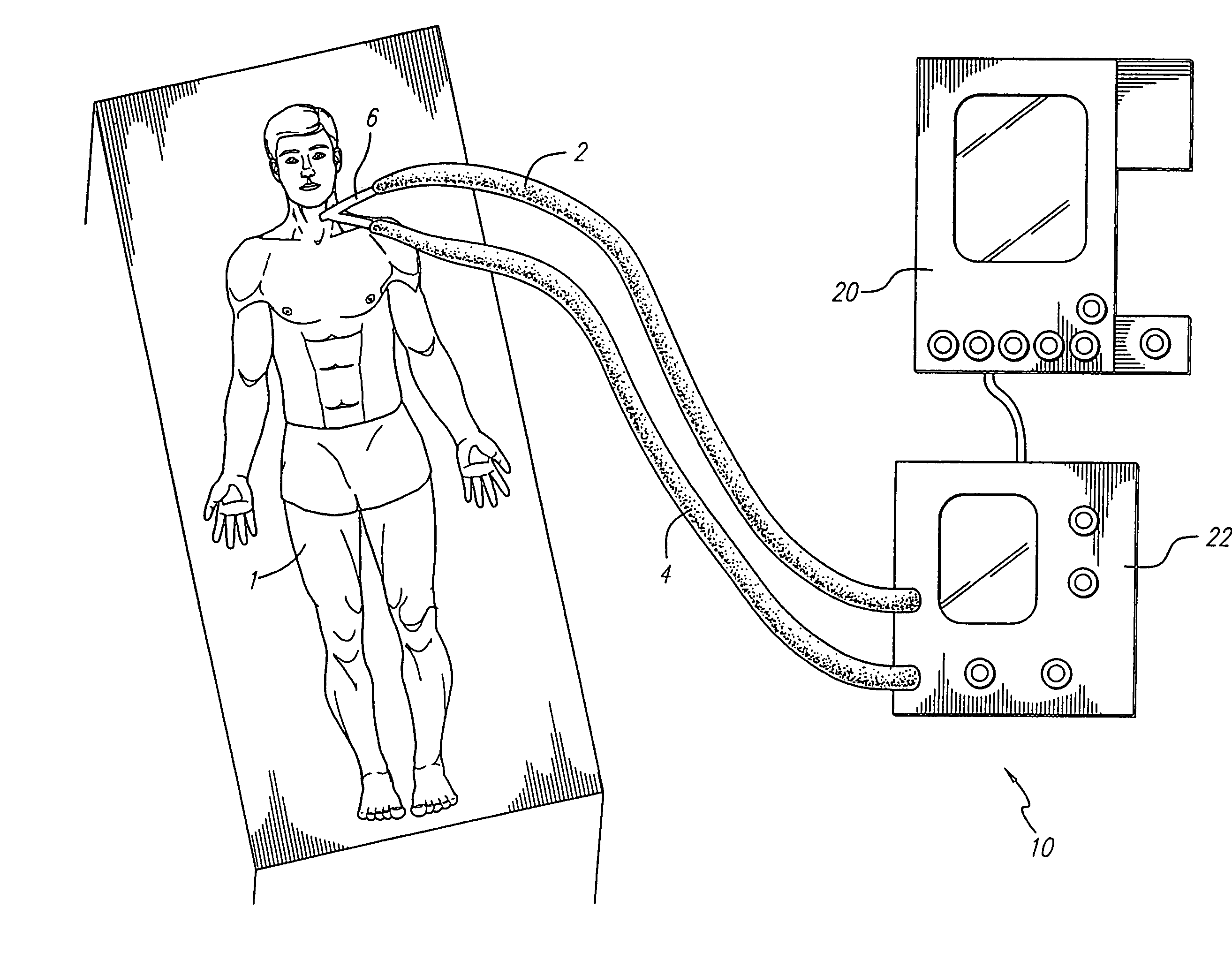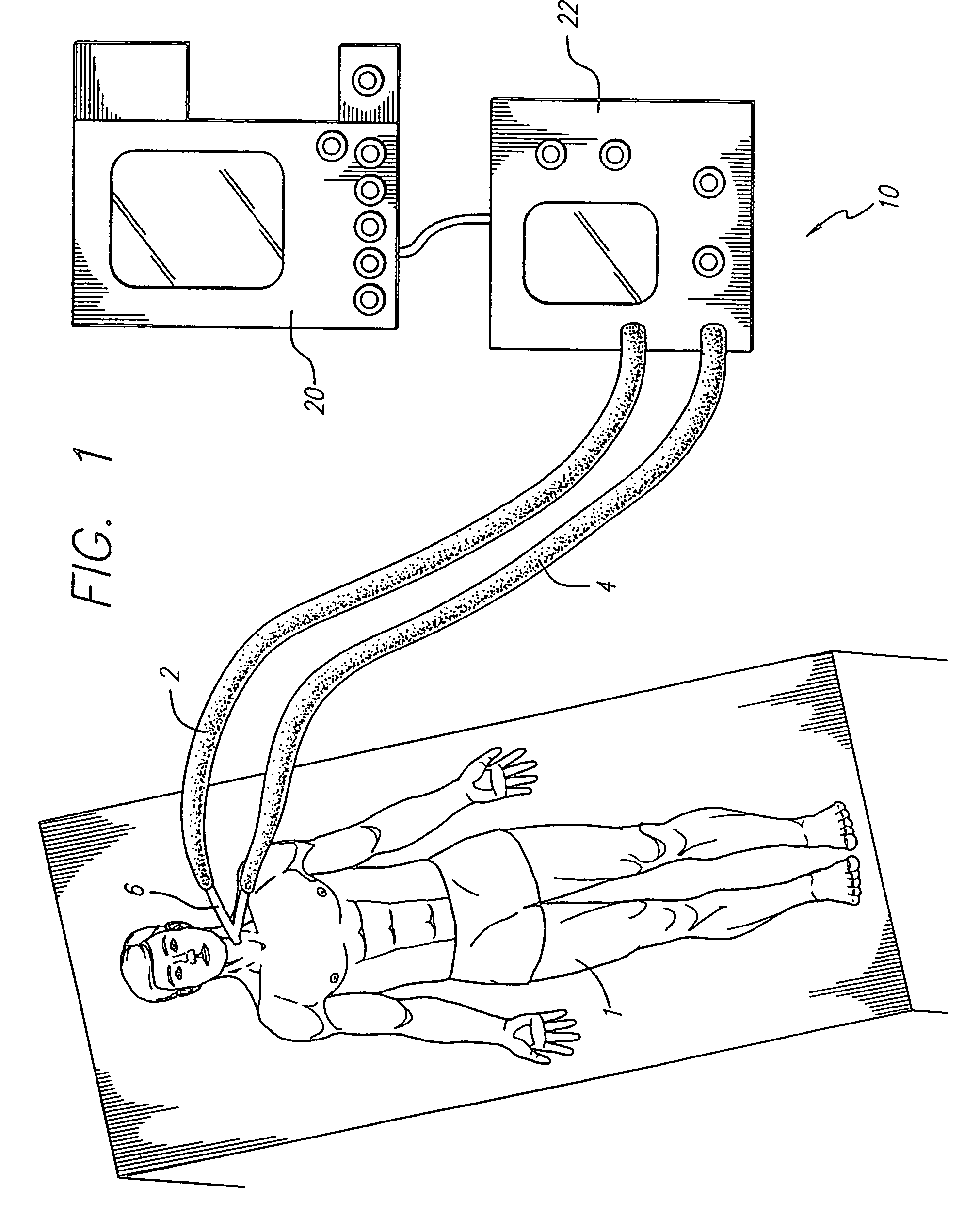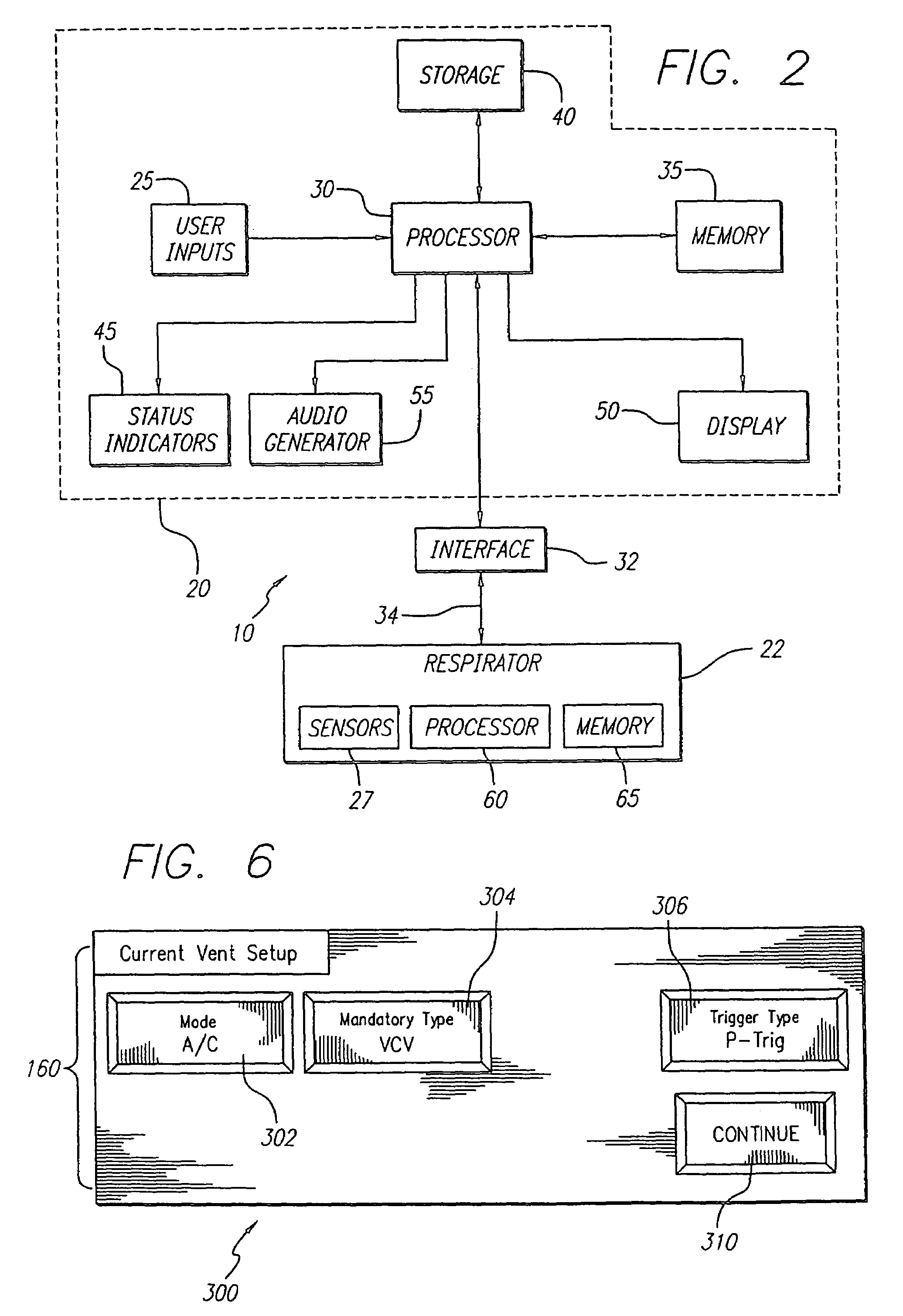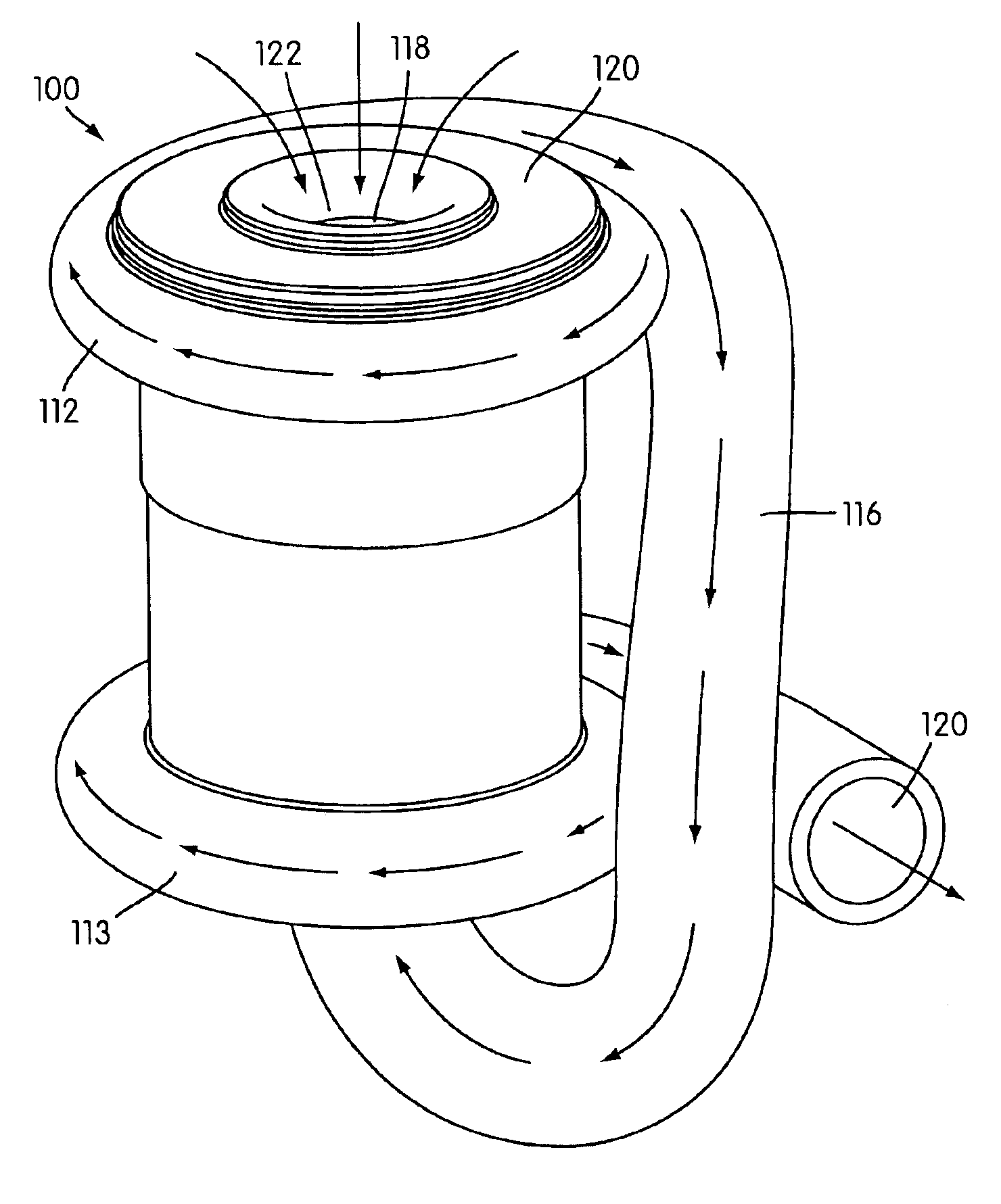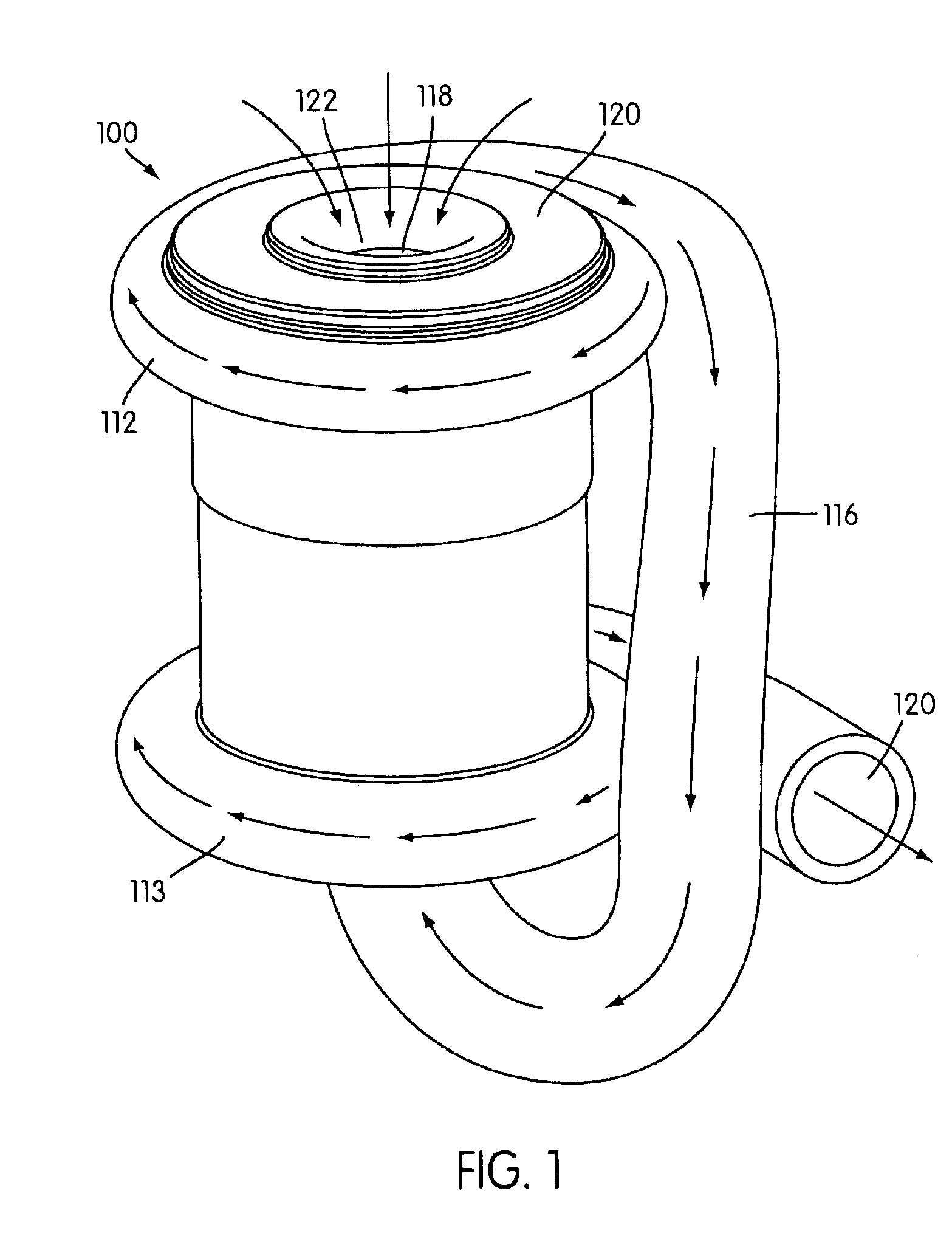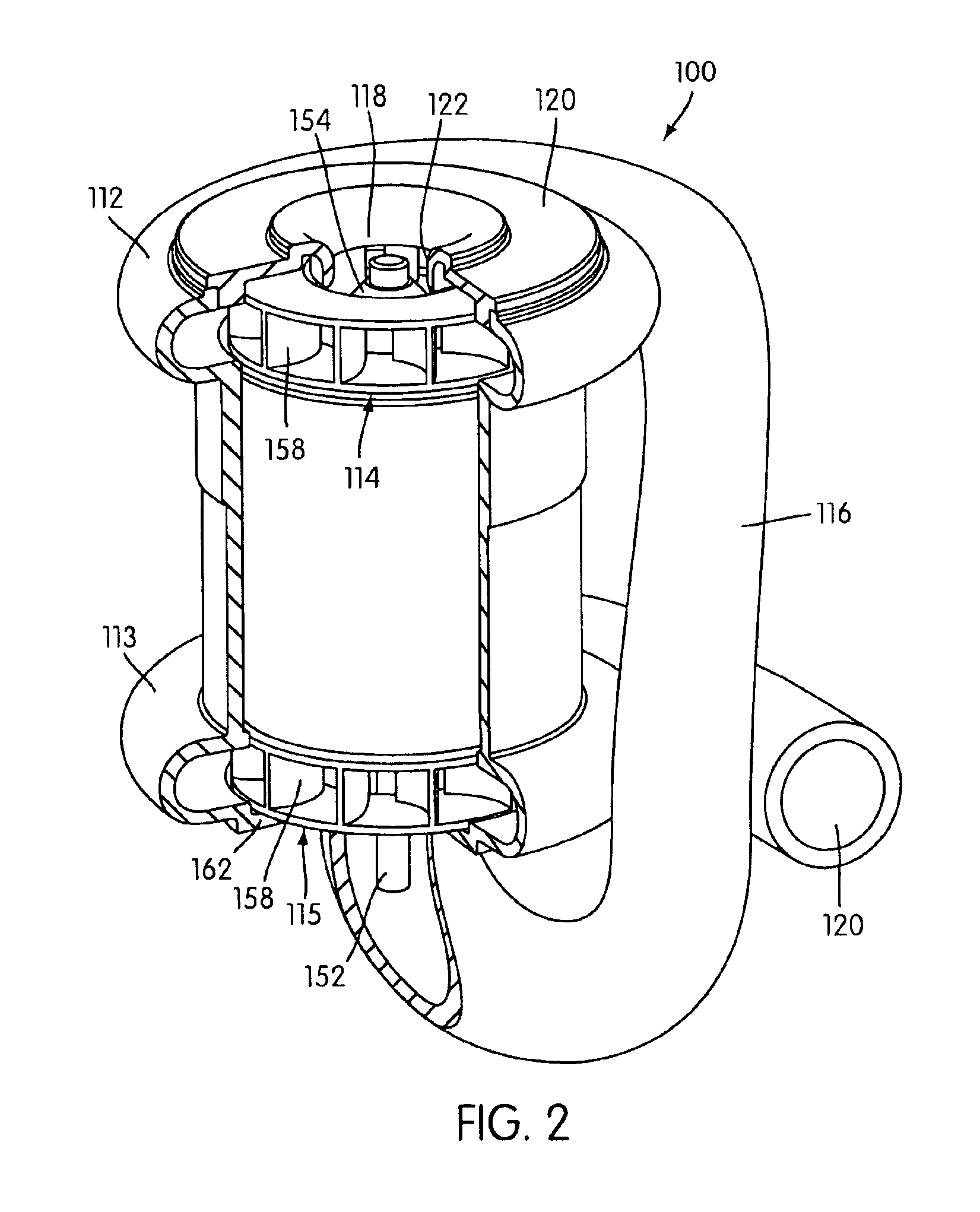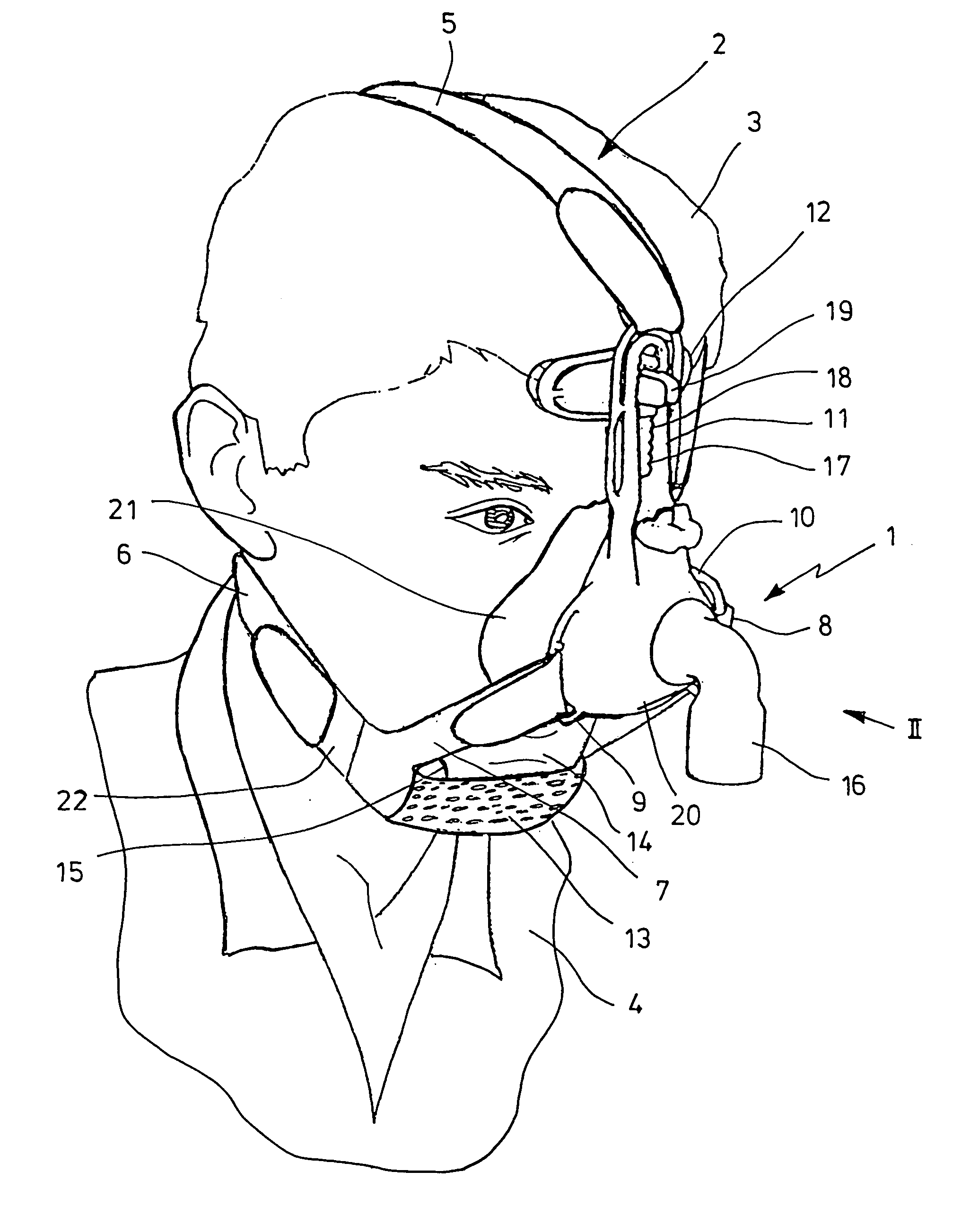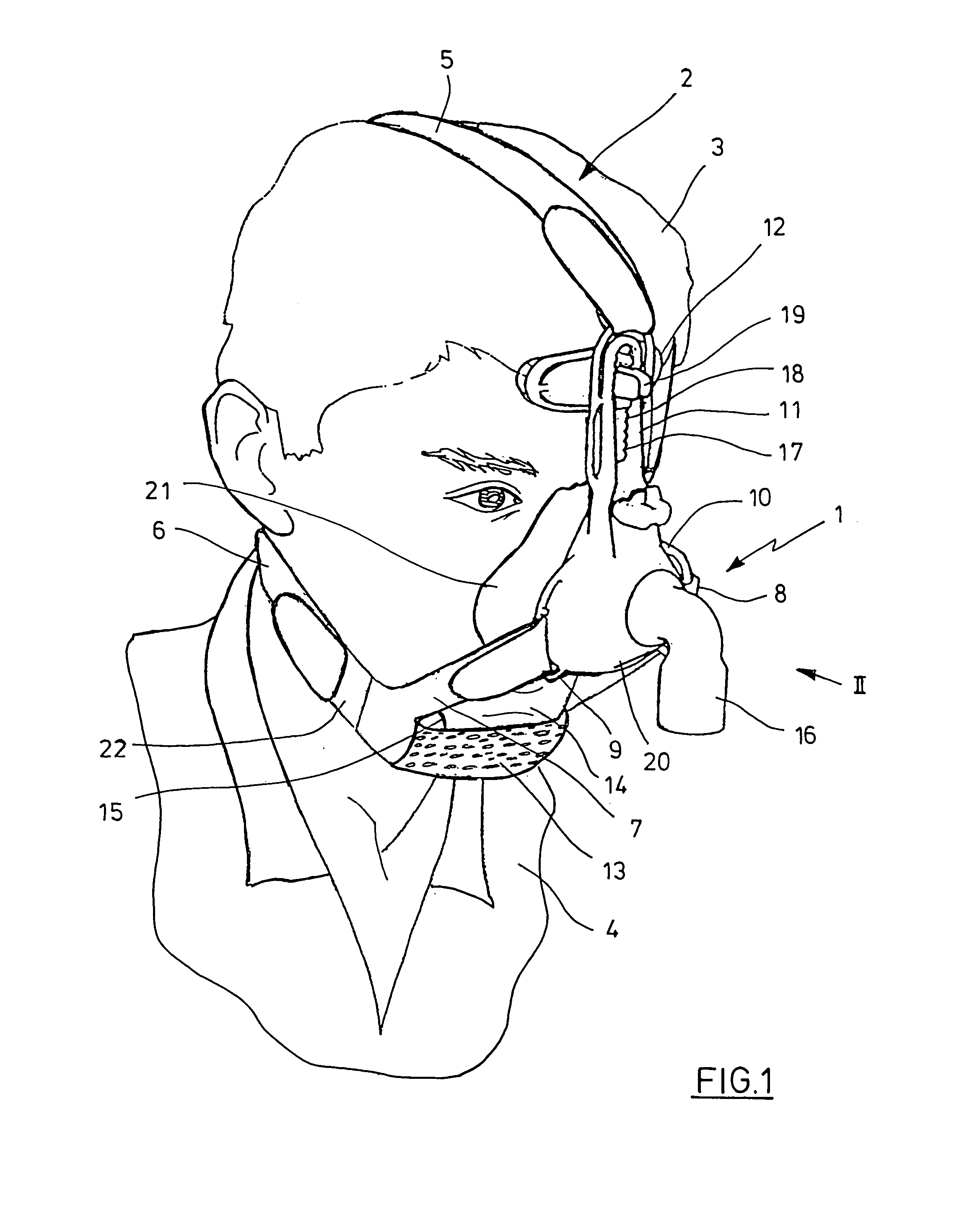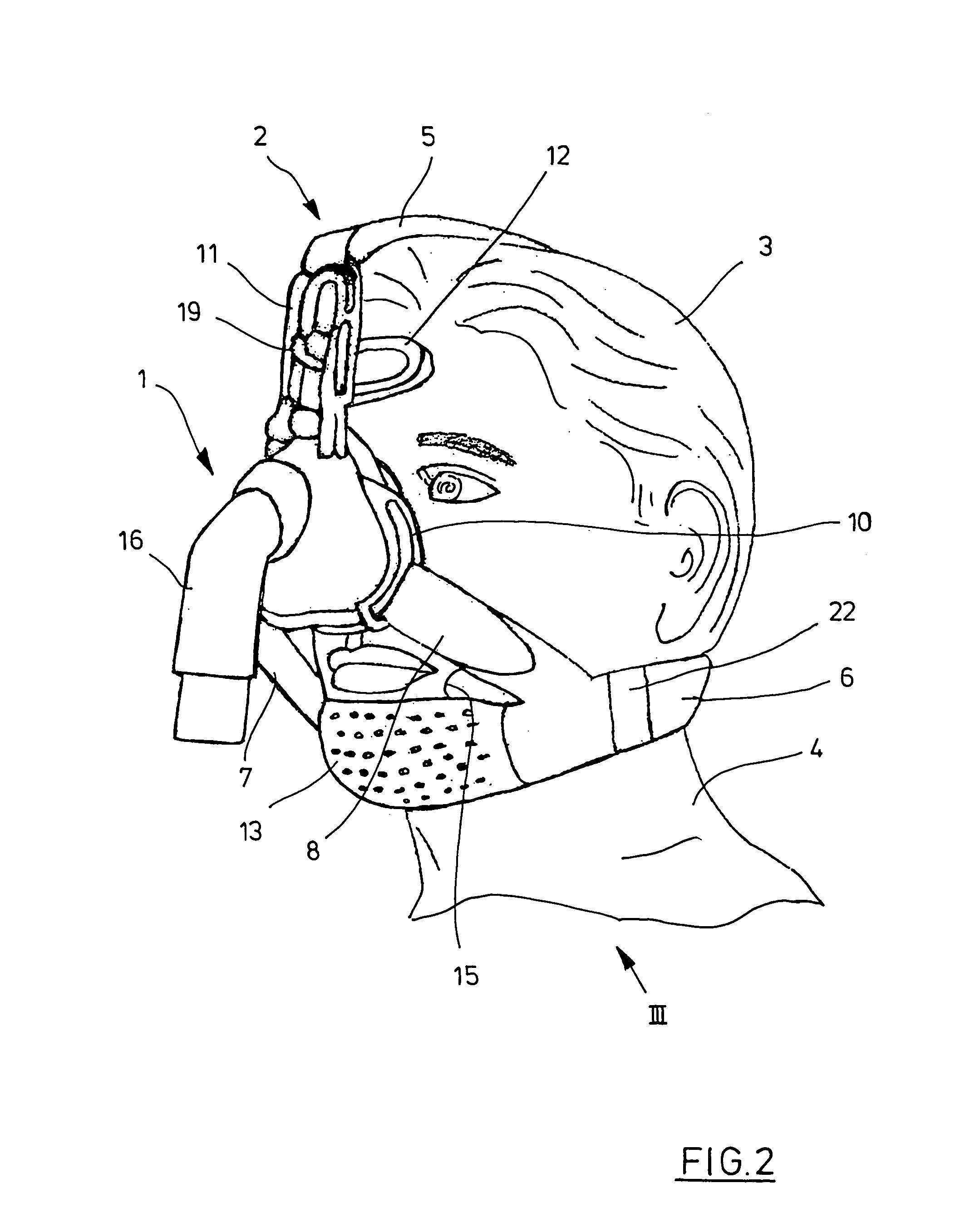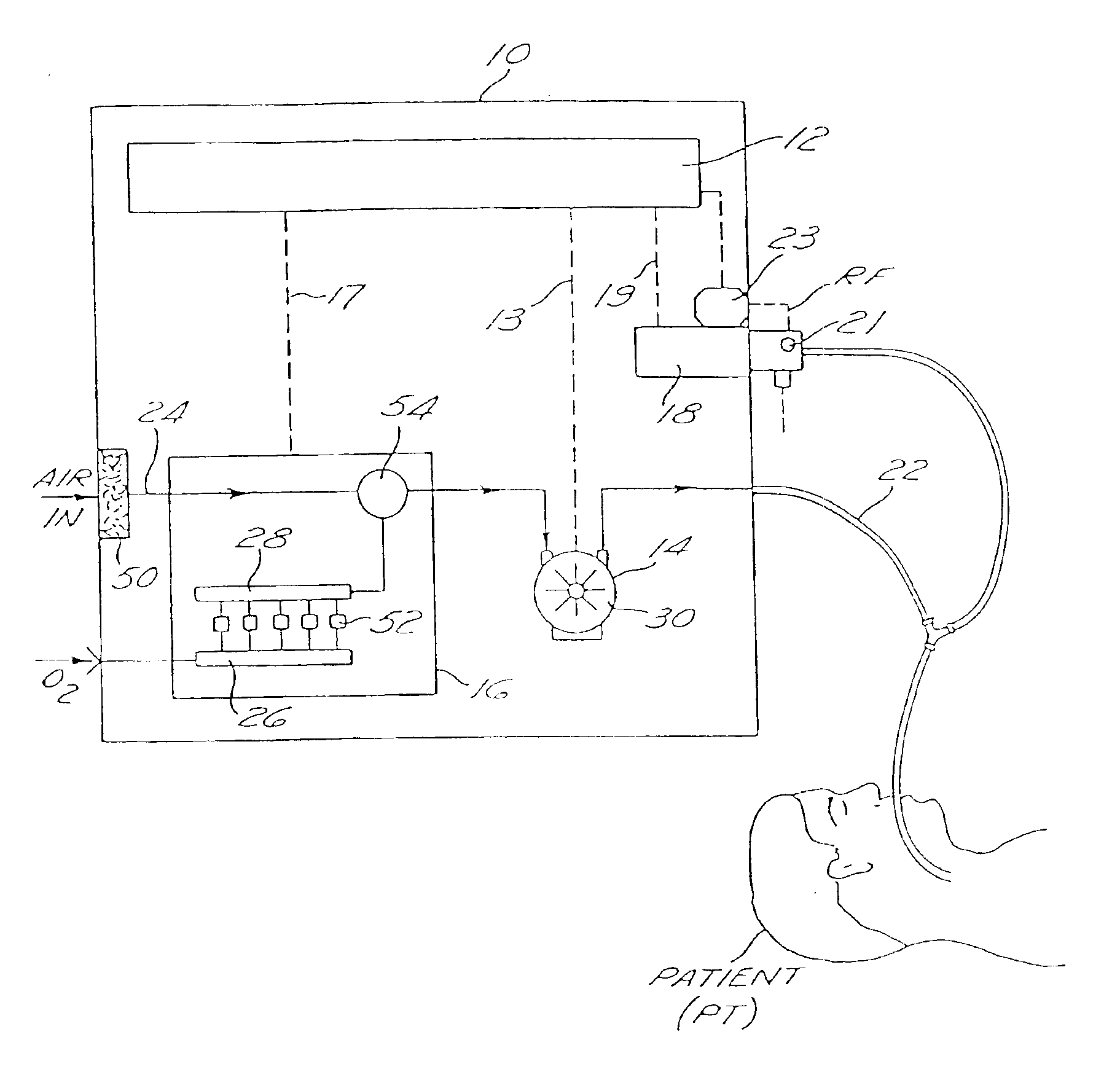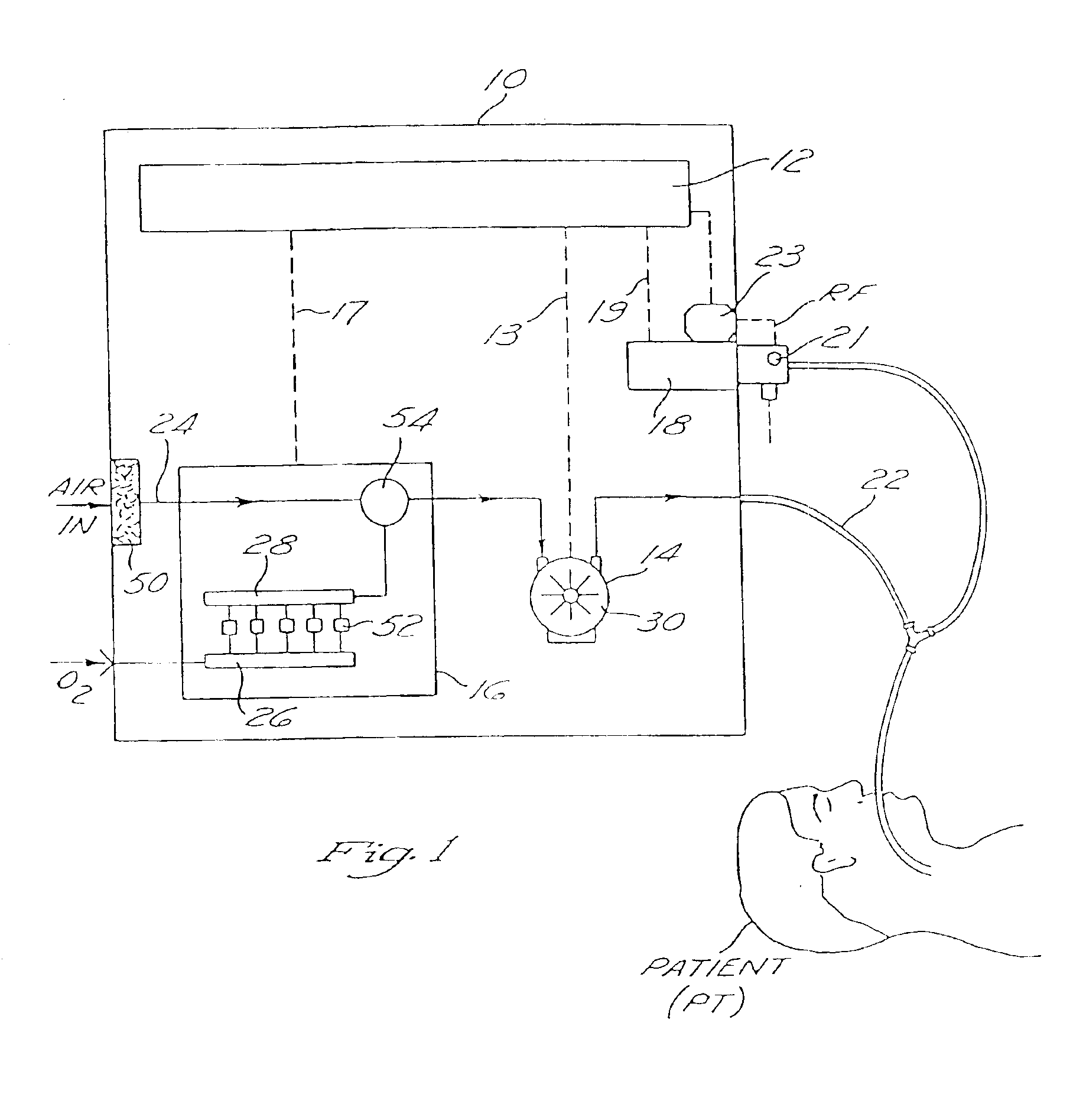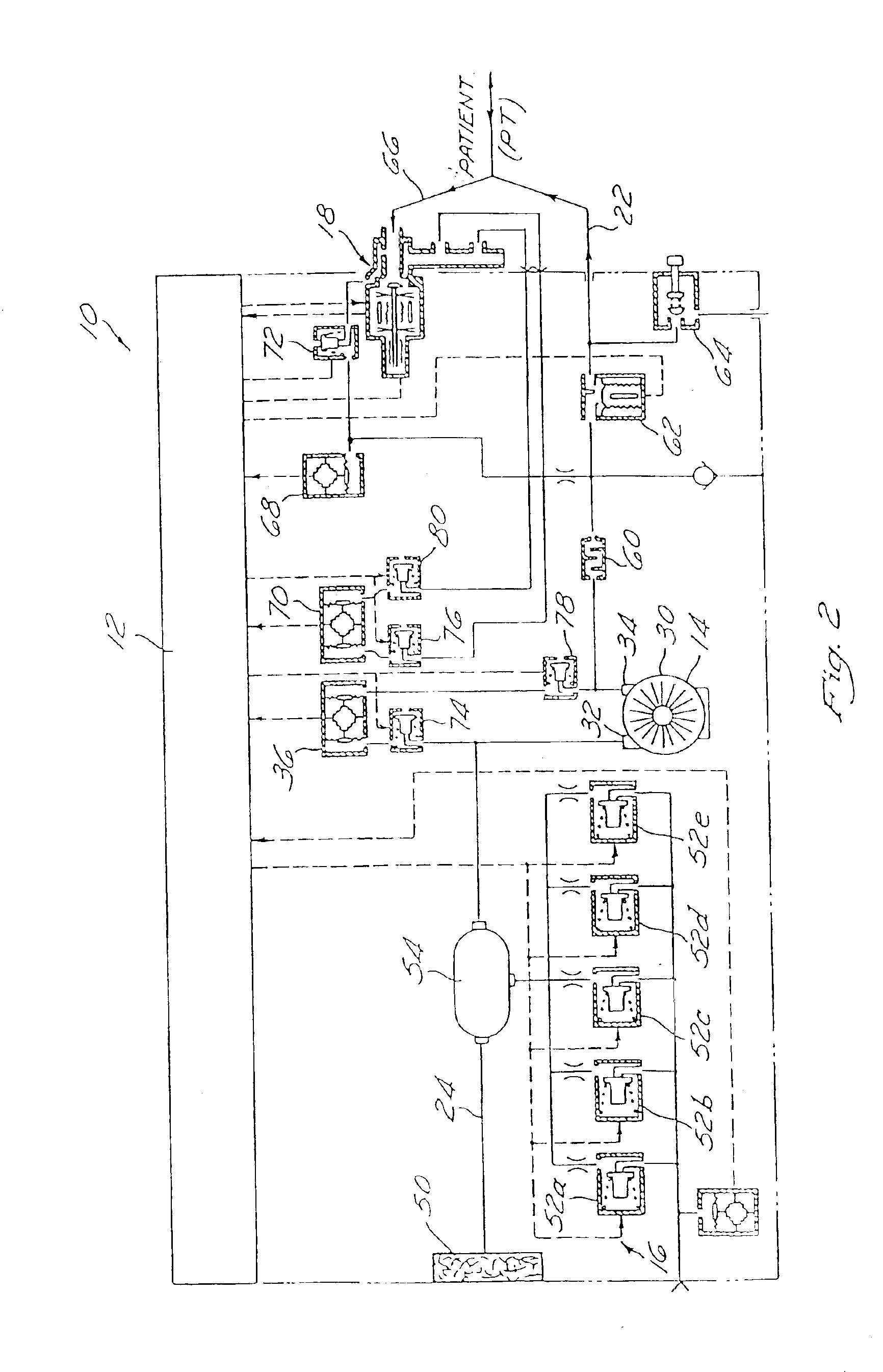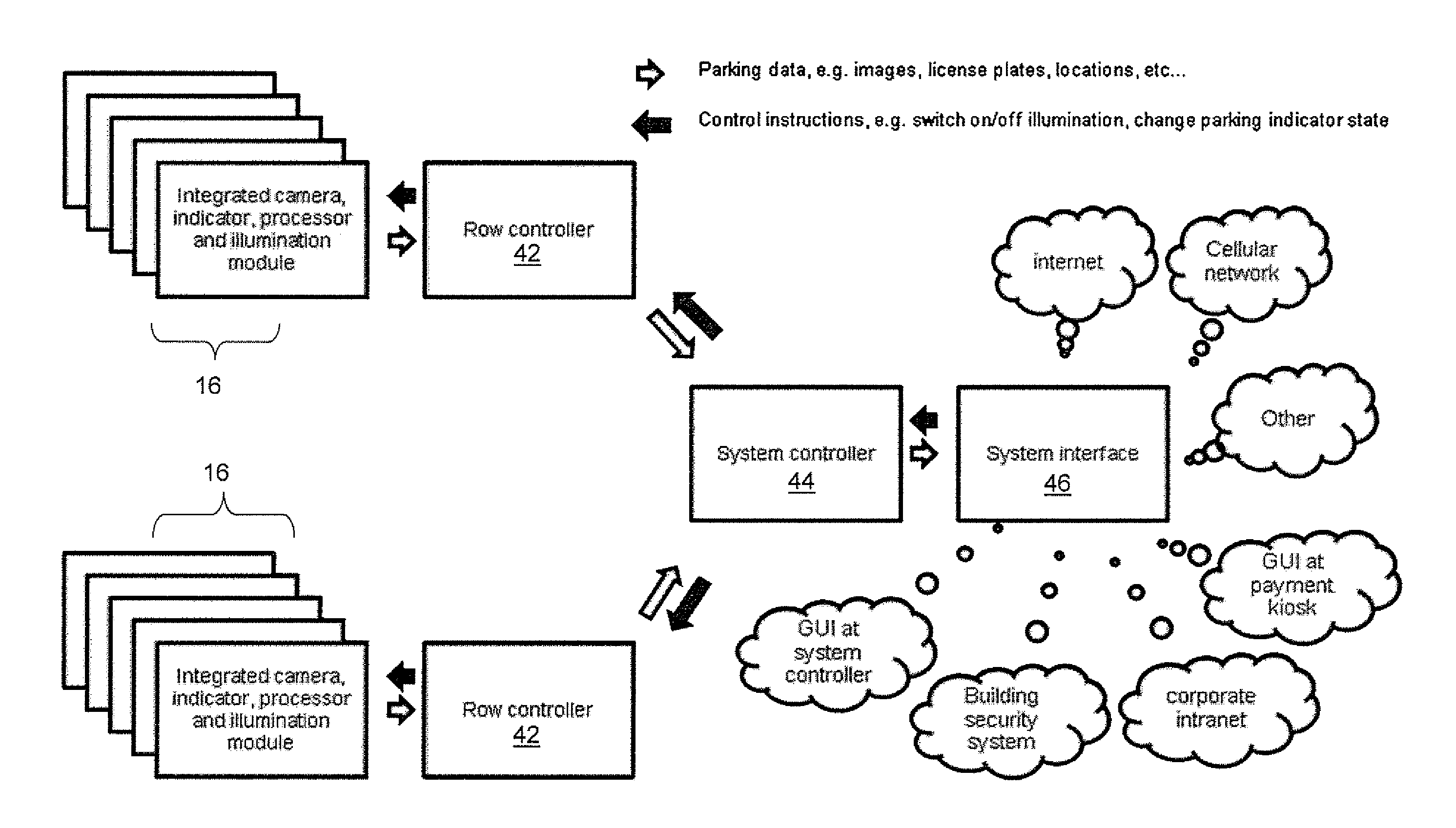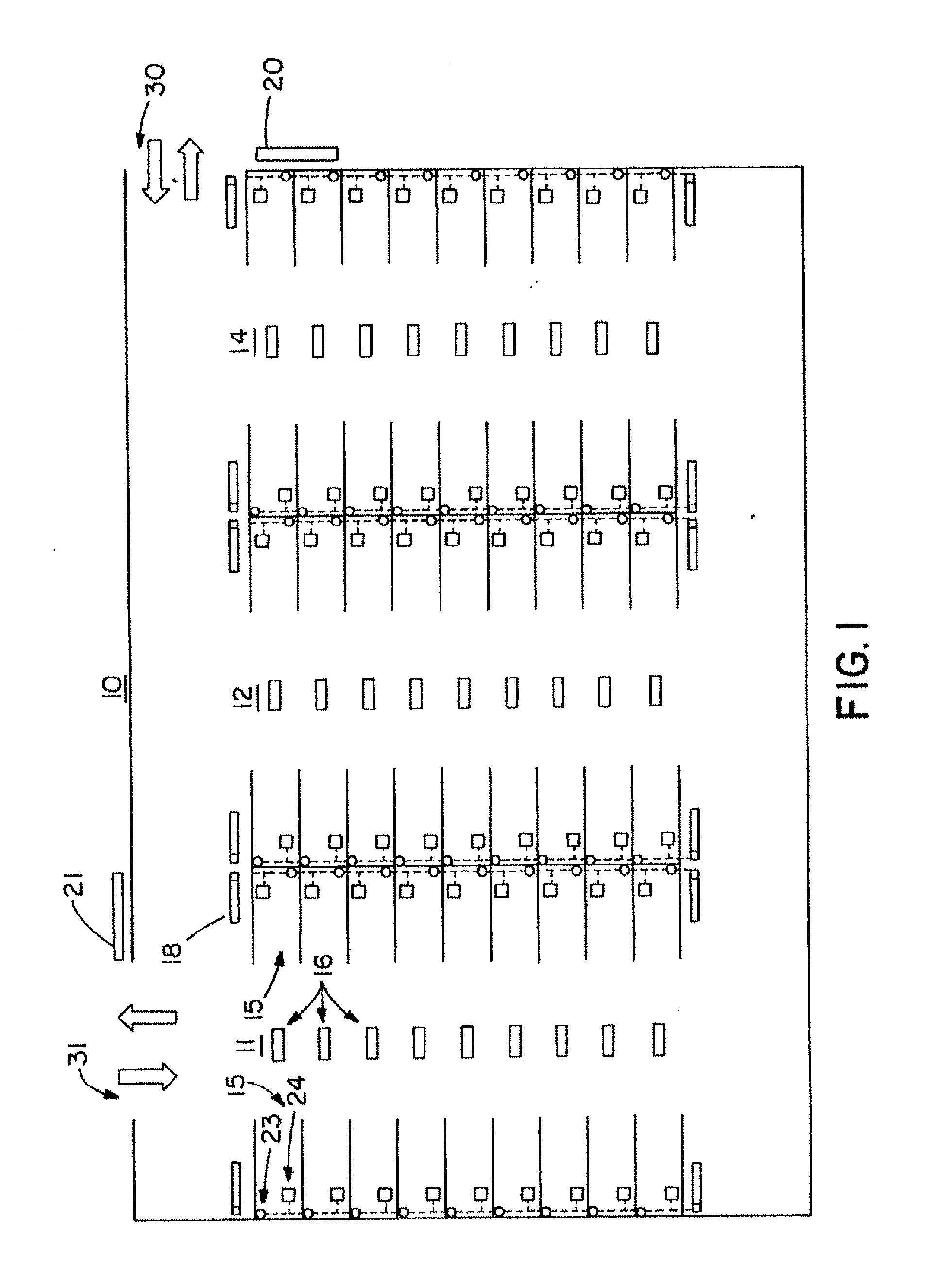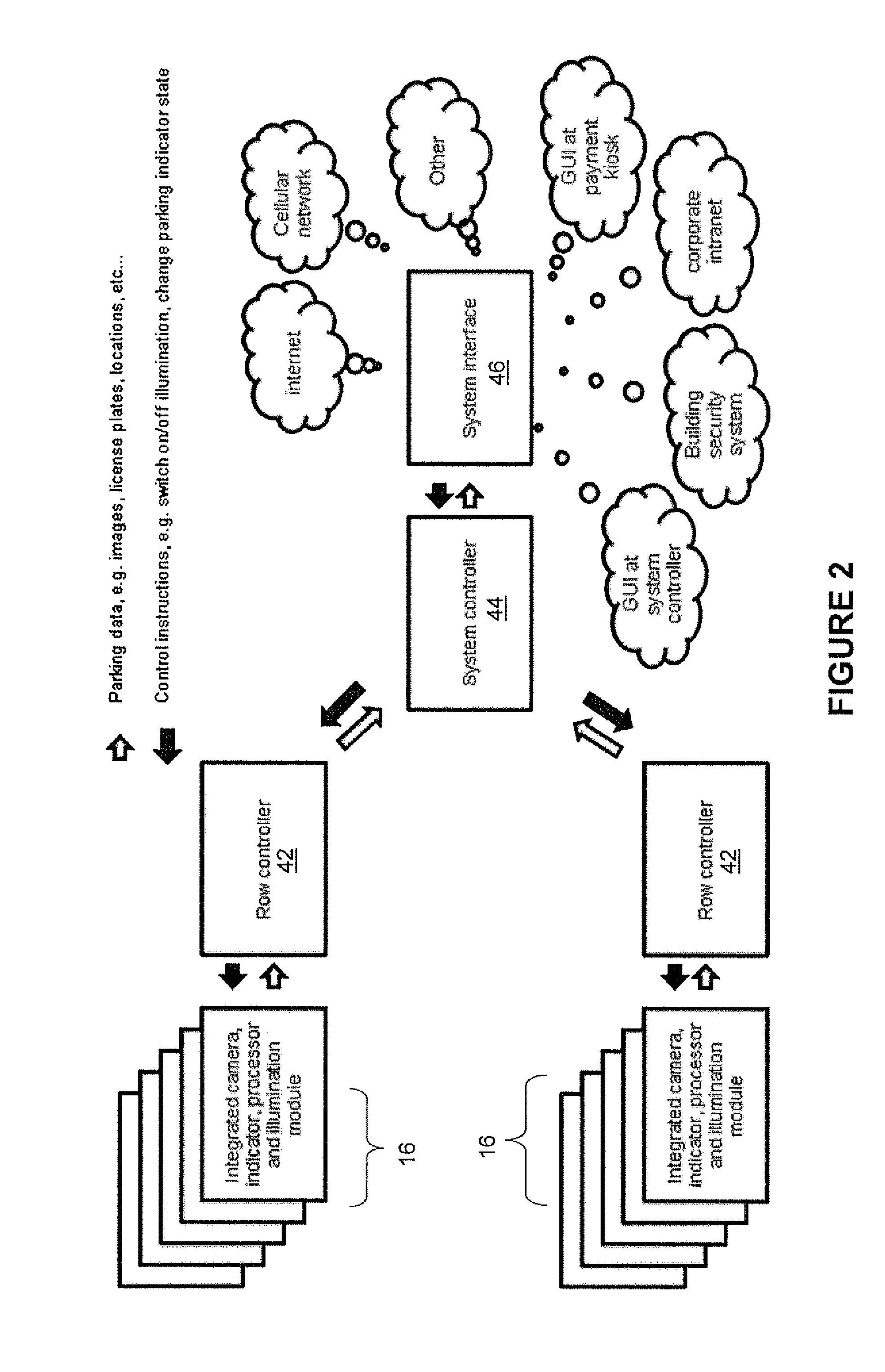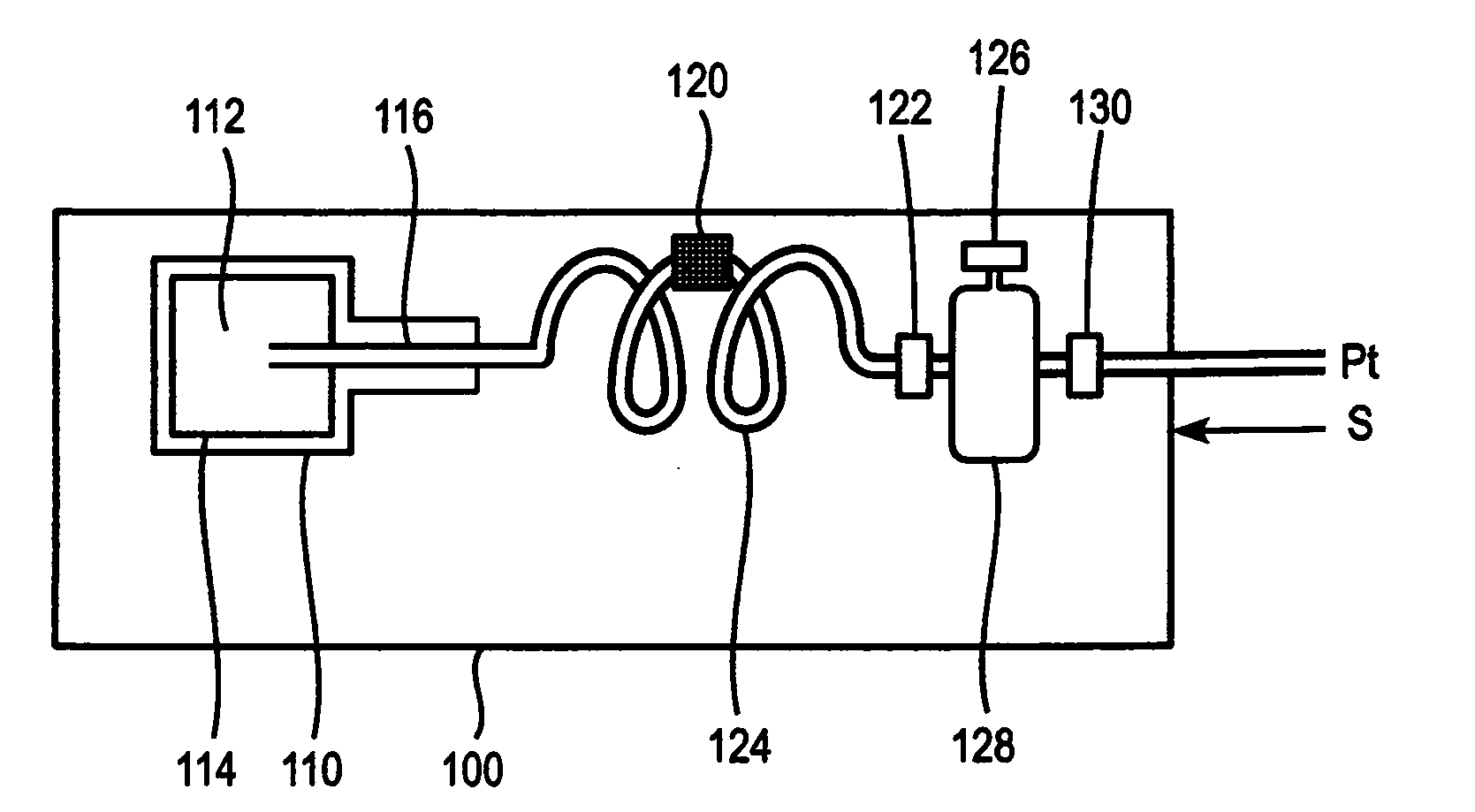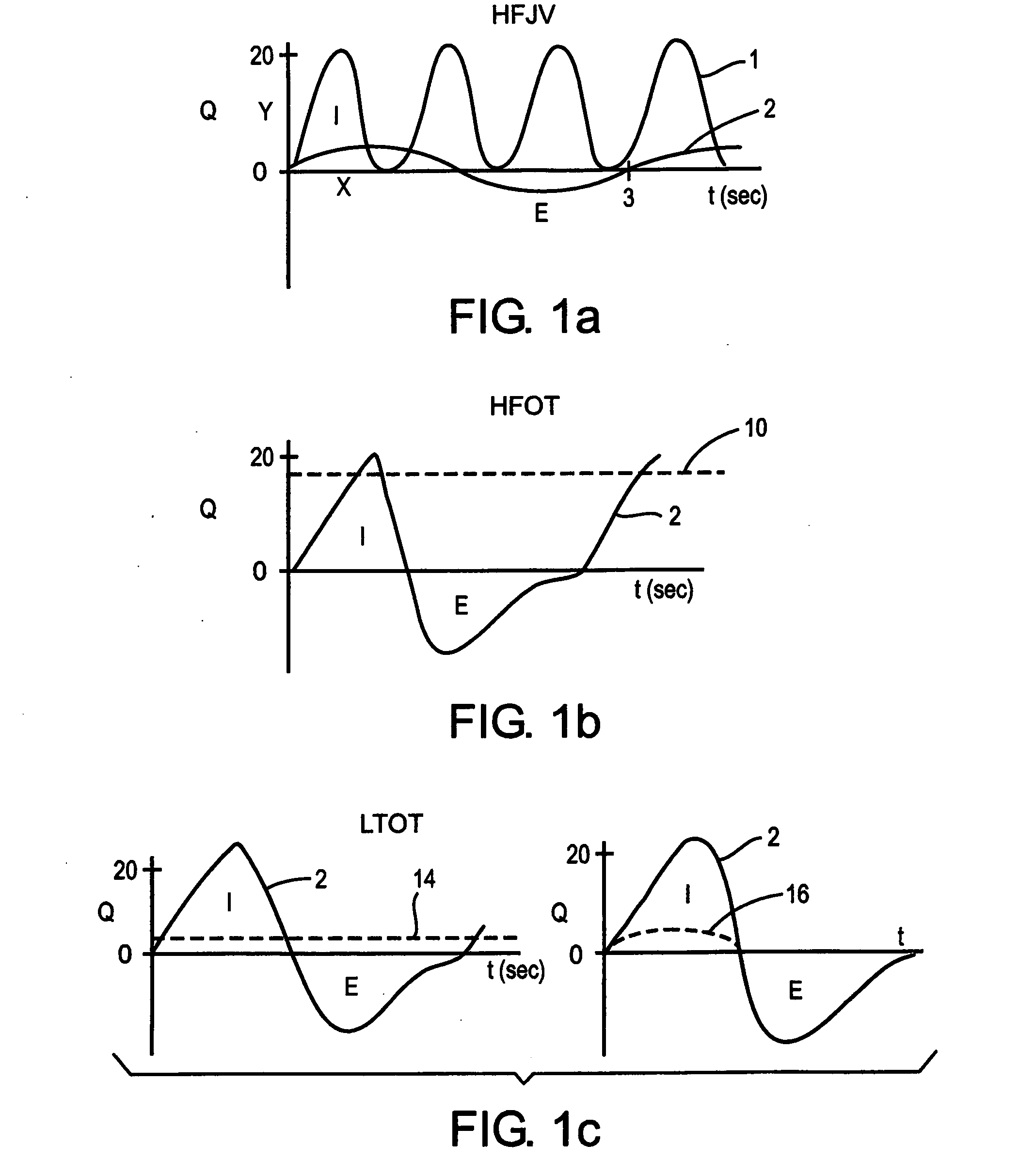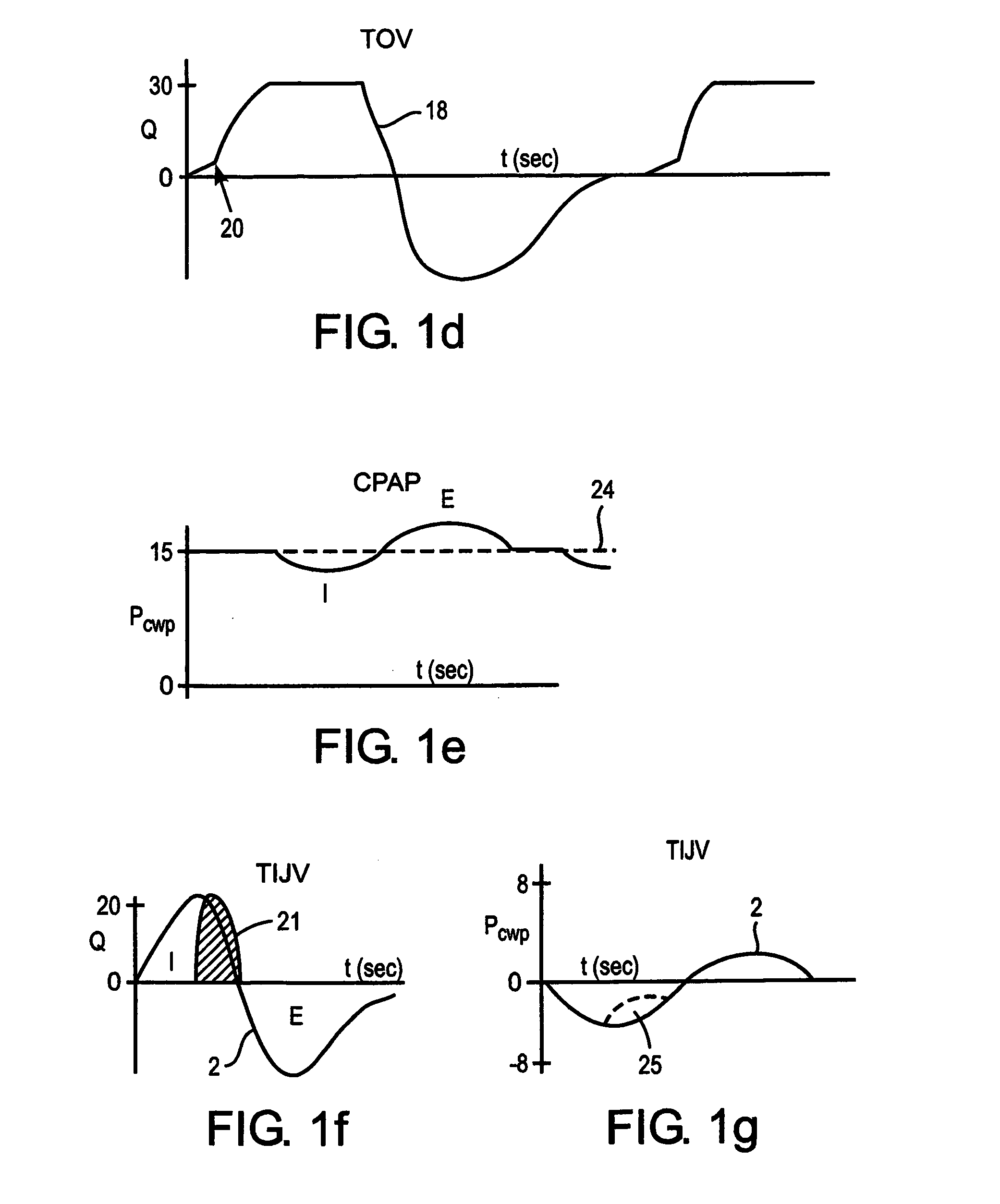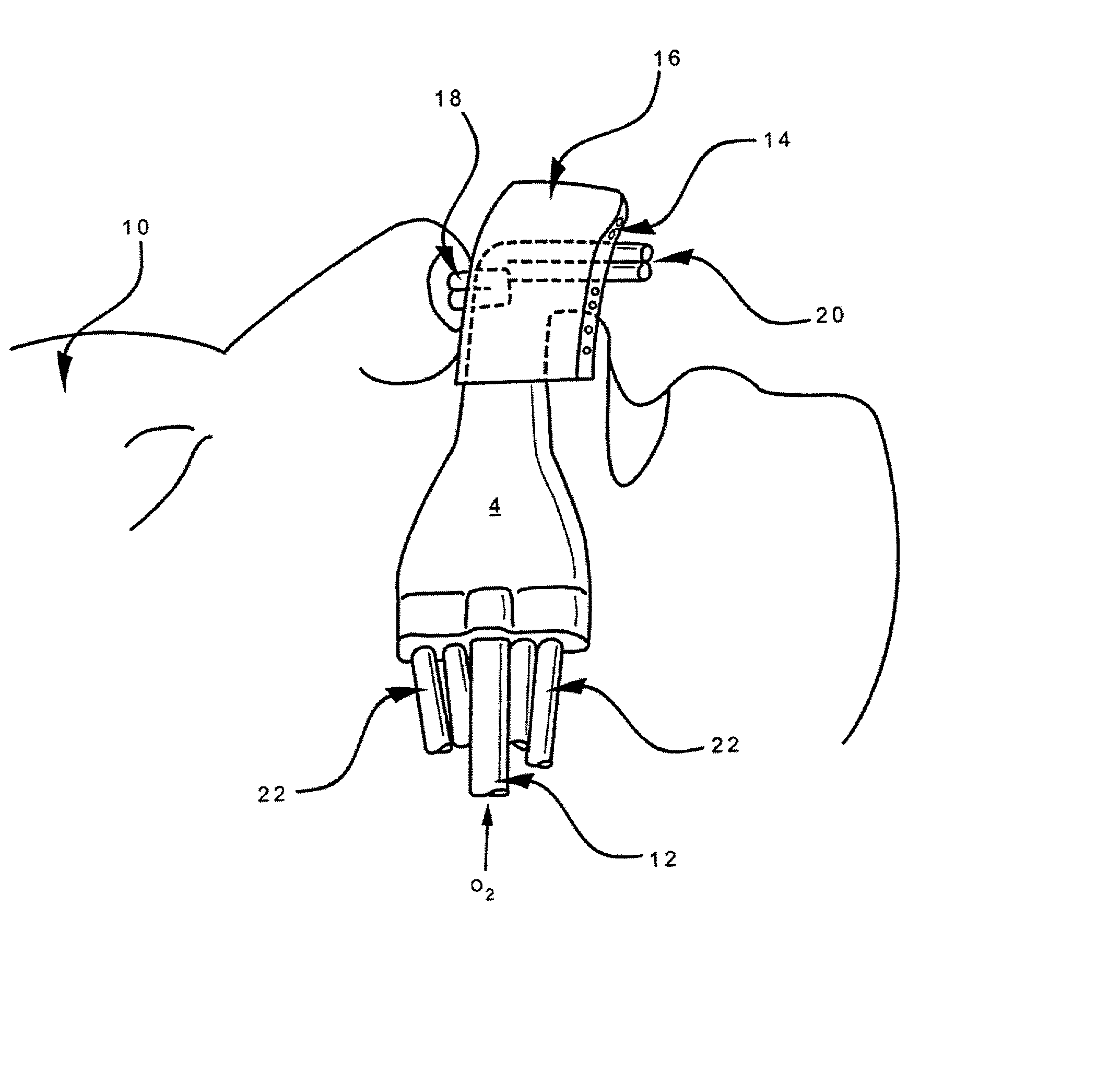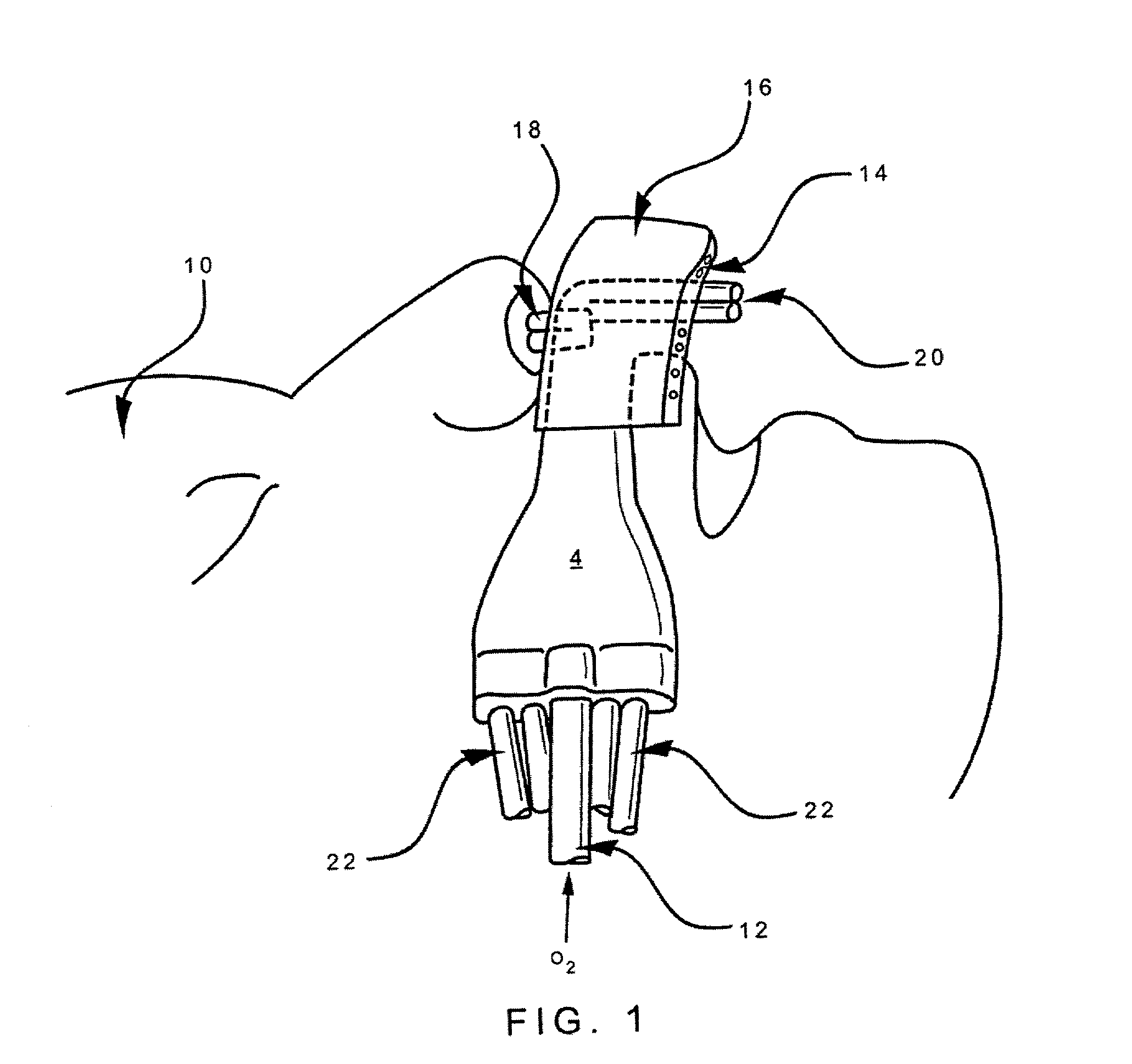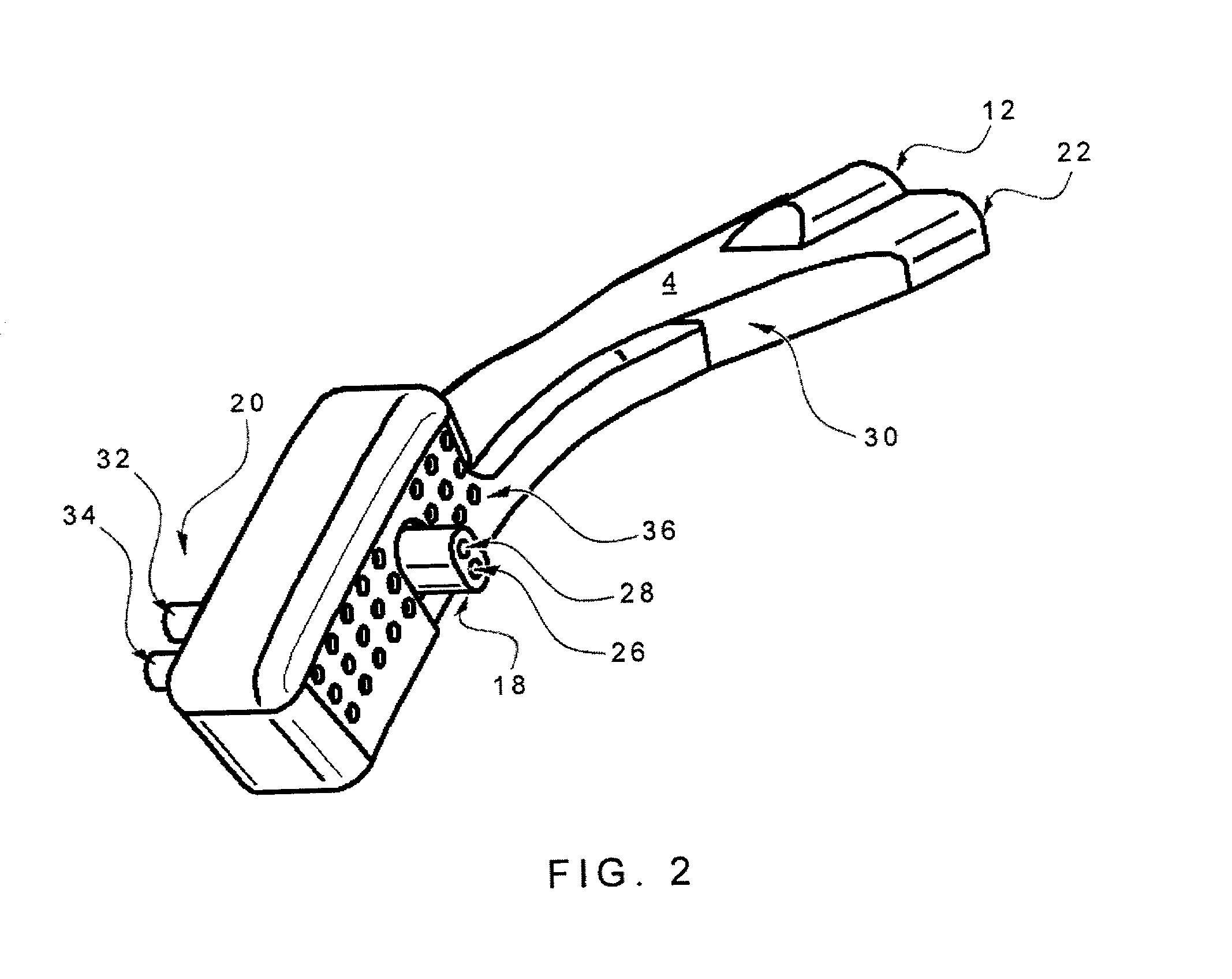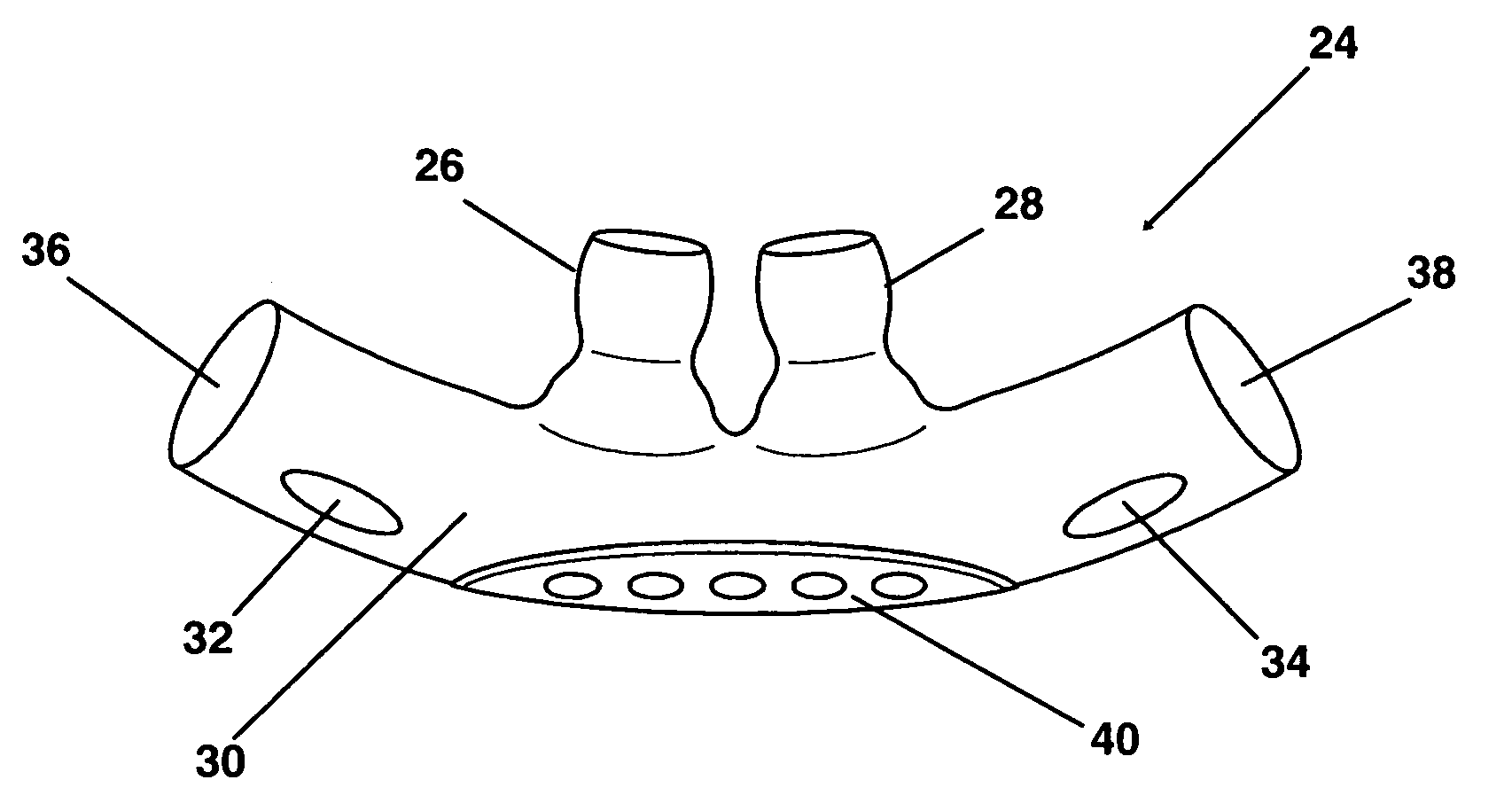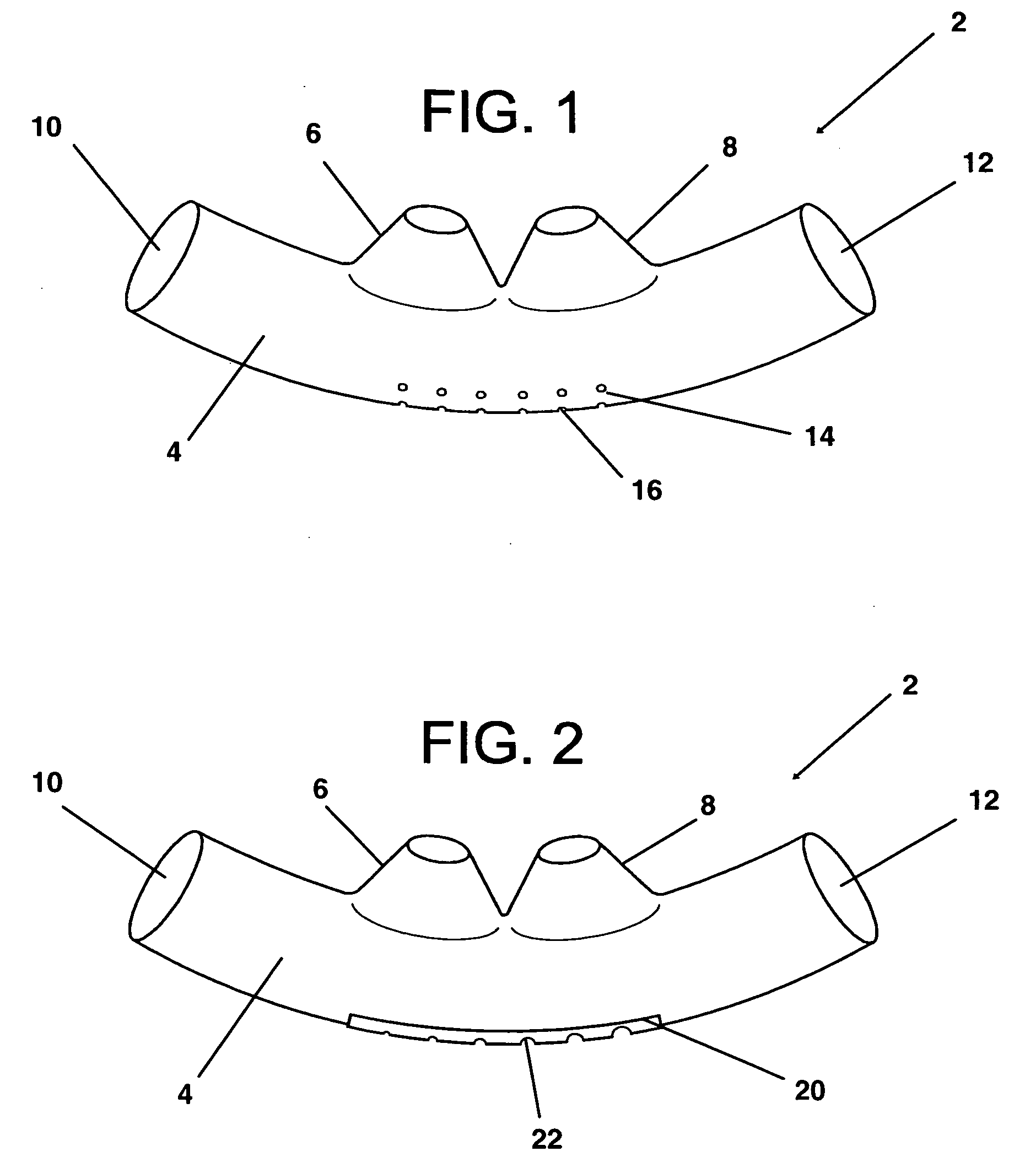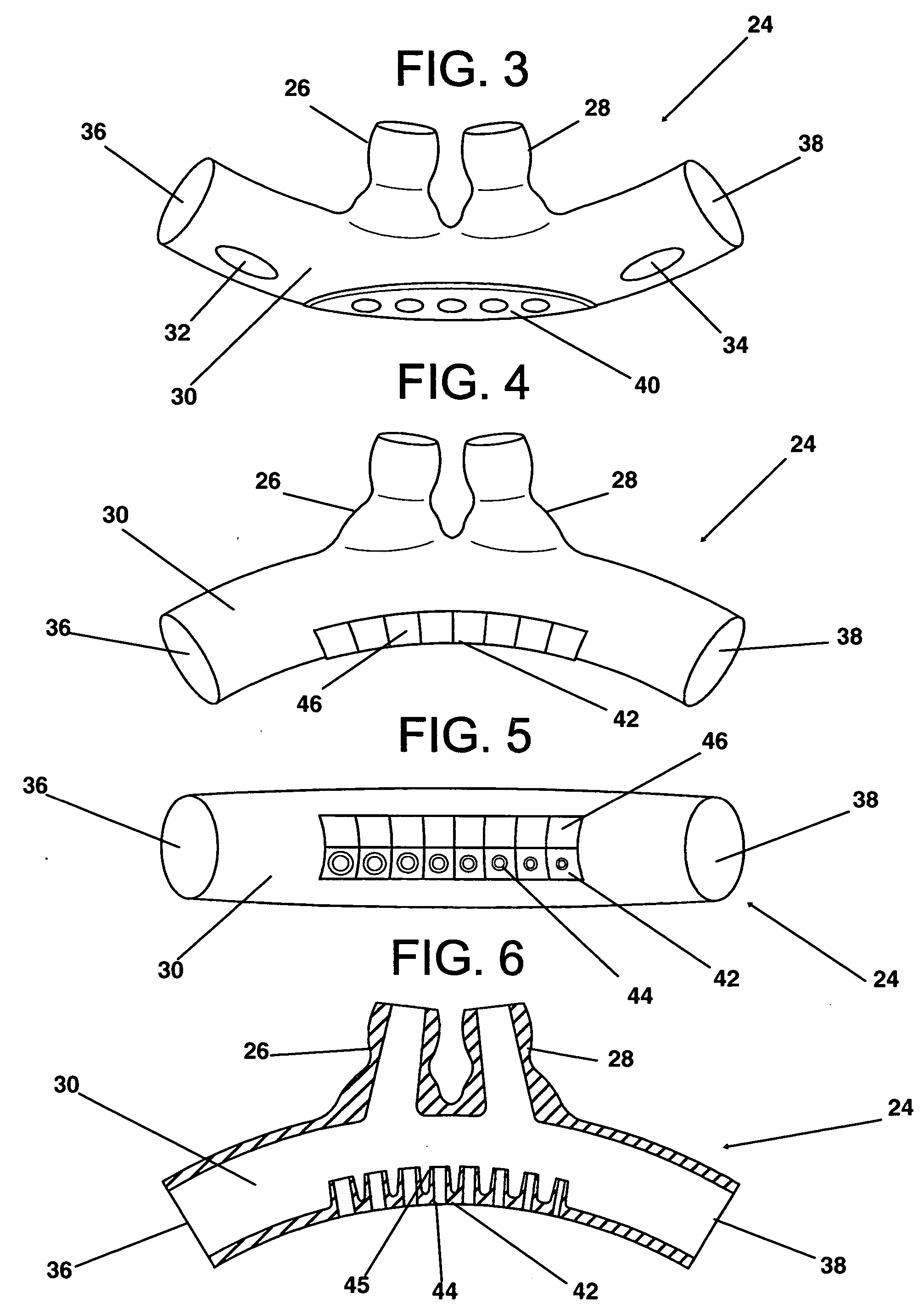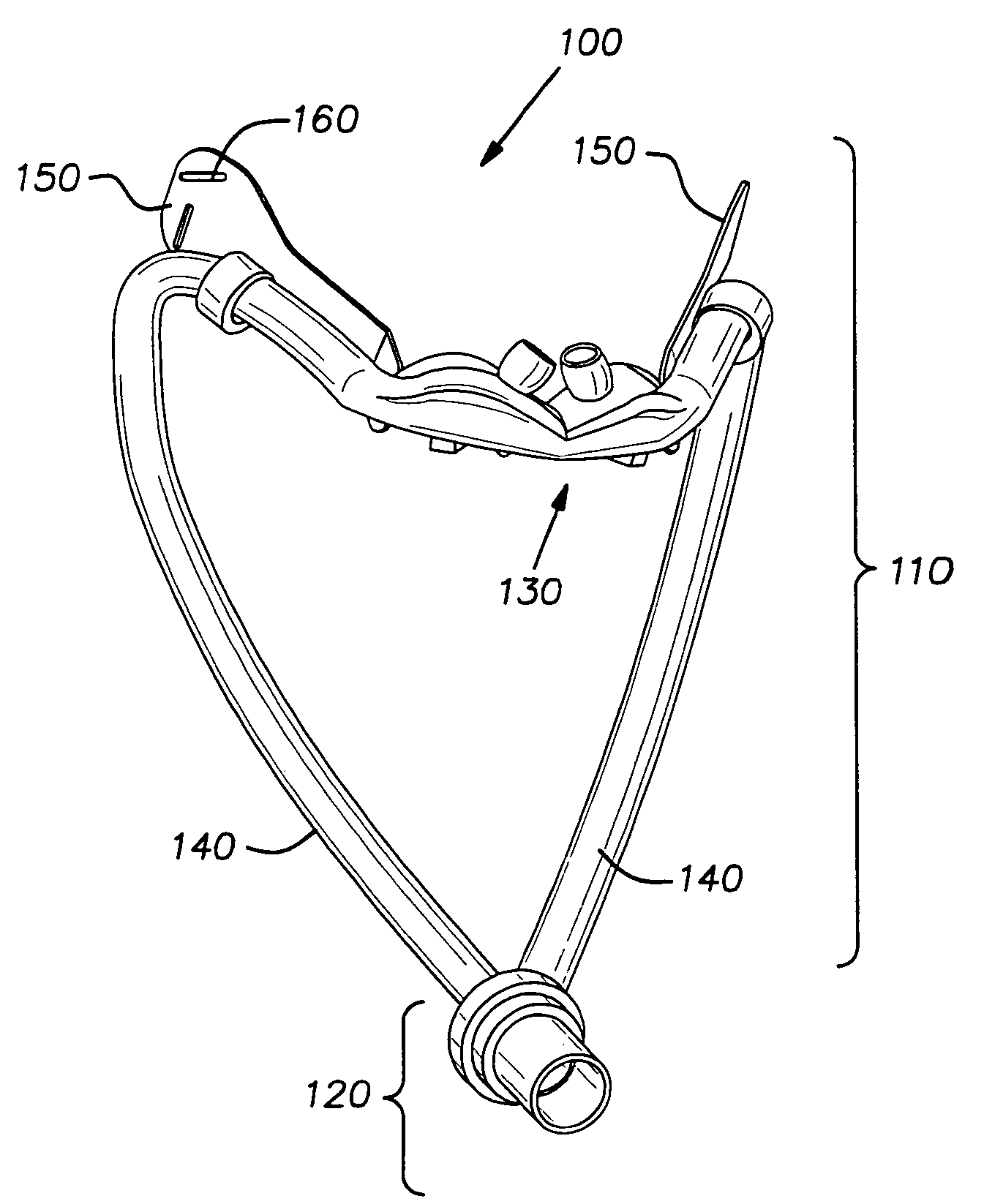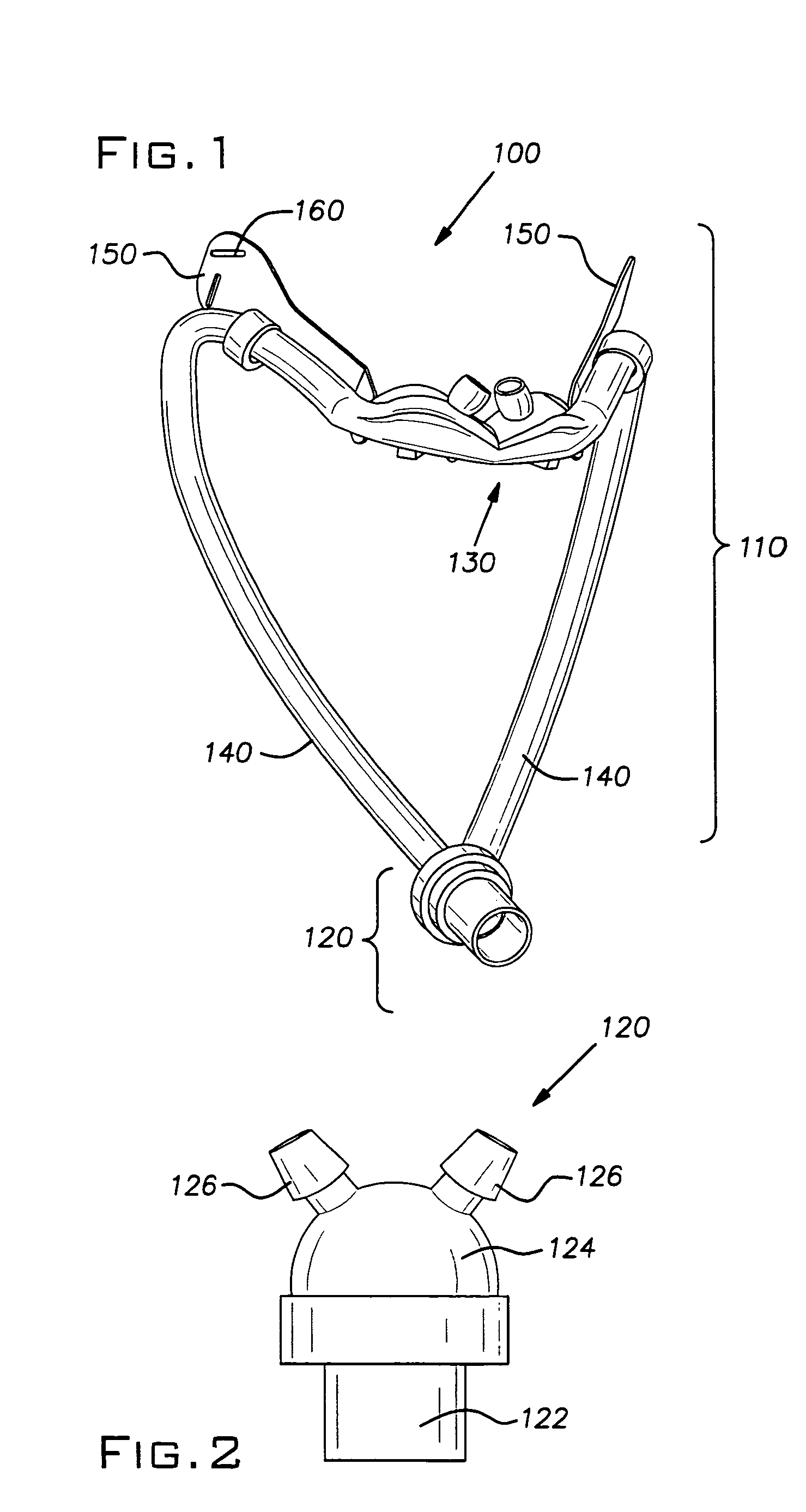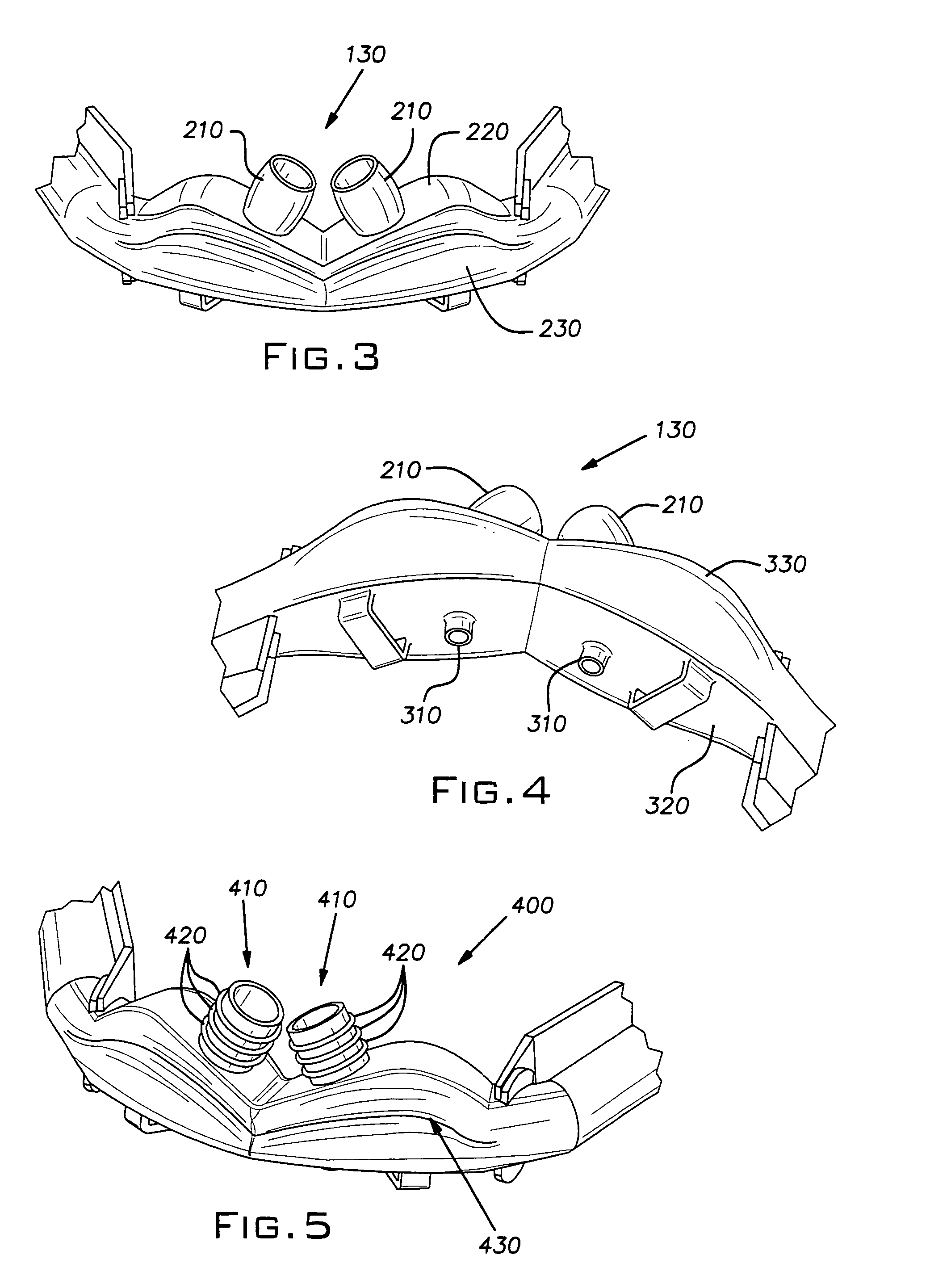Patents
Literature
35470 results about "Breathing" patented technology
Efficacy Topic
Property
Owner
Technical Advancement
Application Domain
Technology Topic
Technology Field Word
Patent Country/Region
Patent Type
Patent Status
Application Year
Inventor
Breathing (or ventilation) is the process of moving air into and out of the lungs to facilitate gas exchange with the internal environment, mostly by bringing in oxygen and flushing out carbon dioxide.
Imaging system for vehicle
ActiveUS20060171704A1Reduce vibration effectsReduce foggingTelevision system detailsPrintersWater vaporEngineering
An imaging system for a vehicle includes a camera module positionable at the vehicle and a control. The camera module includes a plastic housing that houses an image sensor, which is operable to capture images of a scene occurring exteriorly of the vehicle. The control is operable to process images captured by the image sensor. The portions of the housing may be laser welded or sonic welded together to substantially seal the image sensor and associated components within the plastic housing. The housing may include a ventilation portion that is at least partially permeable to water vapor to allow water vapor to pass therethrough while substantially precluding passage of water droplets and / or other contaminants. The housing may be movable at the vehicle between a stored position and an operational position, where the image sensor may be directed toward the exterior scene.
Owner:MAGNA ELECTRONICS
RF interconnected HVAC system and security system
InactiveUS20050270151A1Easy programmingMechanical apparatusSpace heating and ventilation safety systemsWireless controlThermostat
An interconnected wireless HVAC (heating, ventilation, air conditioning) system and wireless security system, which are interconnected and communicate with each other through the use of a common wireless technology, including the same selected frequency, modulation and a set of common protocols. The Wireless HVAC system includes wireless thermostats, which can communicate with and control both the HVAC system and the security system, and the wireless security system includes wireless controls or keypads, which can communicate with and control both the security system and the HVAC system. The universal wireless infrastructure can be expanded to provide communication or control of additional user or manufacturer installed wireless devices or systems through the universal wireless home infrastructure.
Owner:HONEYWELL INT INC
Imaging system for vehicle
ActiveUS7965336B2Reduce vibration effectsReduce foggingTelevision system detailsPrintersWater vaporCamera module
An imaging system for a vehicle includes a camera module positionable at the vehicle and a control. The camera module includes a plastic housing that houses an image sensor, which is operable to capture images of a scene occurring exteriorly of the vehicle. The control is operable to process images captured by the image sensor. The portions of the housing may be laser welded or sonic welded together to substantially seal the image sensor and associated components within the plastic housing. The housing may include a ventilation portion that is at least partially permeable to water vapor to allow water vapor to pass therethrough while substantially precluding passage of water droplets and / or other contaminants. The housing may be movable at the vehicle between a stored position and an operational position, where the image sensor may be directed toward the exterior scene.
Owner:MAGNA ELECTRONICS
Sealing nasal cannula
An integrally molded ventilation interface includes a hollow bellows-like structure and two nasal prongs extending from a top surface of the bellows. A pair of headgear strap flanges can also be molded integrally with the ventilation interface. The nasal prongs provide a first sealing interface between an outer surface of the nasal prongs and an inner surface of the patient's nares. The bellows provides a second sealing interface between a top surface of the bellows-like structure and a bottom surface of a patient's nose. The headgear strap flanges provide a third sealing interface between the ventilation interface and a mustache region of the patient's face as well as a bottom surface of the patient's nose.
Owner:VYAIRE MEDICAL CAPITAL LLC
Hybrid ventilation mask with nasal interface and method for configuring such a mask
ActiveUS20060124131A1Improve comfortEliminate requirementsRespiratory masksBreathing masksNasal cavityNose
A nasal ventilation interface and method for providing nasal ventilation to a patient includes a hybrid face mask, covering only the mouth, coupled with removable nasal inserts extending from the upper surface of the mask. The nasal interface has modular, removable, and disposable nasal pillows connecting the upper surface of the mouth-portion of the mask to the user's nares. Each part of the hybrid mask is modular and can be formed in various shapes and sizes. The ventilation interface has differing gas line entry ports and can be shallow with a relatively deep soft facial interface or deep with a relatively shallow facial interface. In either case, the upper surface receives the nasal interface. The upper surface can have a removable ceiling in which is defined a nasal interface connector. The nasal interface can be integral with a removable ceiling. The entire hybrid mask can be made in one piece.
Owner:SALTER LABS LLC
Method for generating alarms/alerts based on a patient's posture and vital signs
ActiveUS20100298661A1Improve securityMinimize corruptionPerson identificationInertial sensorsPulse ratePostural orientation
The invention provides a body-worn monitor that measures a patient's vital signs (e.g. blood pressure, SpO2, heart rate, respiratory rate, and temperature) while simultaneously characterizing their activity state (e.g. resting, walking, convulsing, falling). The body-worn monitor processes this information to minimize corruption of the vital signs by motion-related artifacts. A software framework generates alarms / alerts based on threshold values that are either preset or determined in real time. The framework additionally includes a series of ‘heuristic’ rules that take the patient's activity state and motion into account, and process the vital signs accordingly. These rules, for example, indicate that a walking patient is likely breathing and has a regular heart rate, even if their motion-corrupted vital signs suggest otherwise.
Owner:SOTERA WIRELESS
Air ventilation system
InactiveUS20090186571A1Low costReduce the amount requiredLighting and heating apparatusSemiconductor/solid-state device manufacturingEngineeringSemiconductor
The present invention is directed at an air ventilation system for use with semiconductor manufacturing equipment. Specifically, the ventilation system of the present invention adjusts vents or outlets located on an enclosure used for semiconductor manufacturing between a restricted state and an open state. When the vents and / or outlets are in an open state, a high flow rate through the enclosure is able to properly scavenge toxic and volatile gasses to safely remove them. When the vents and / or outlets are in a restricted state, the flow rate of gases therethrough is substantially or fully restricted. Upon the sensing of a condition (or the lack thereof) or the manual operation of an operator, the vents and / or outlets are selectively adjusted between the restricted and open states.
Owner:ASM IP HLDG BV
Method for providing a therapy to a patient involving modifying the therapy after detecting an onset of sleep in the patient, and implantable medical device embodying same
An implantable medical device system is described including an implantable medical device for implantation in a patient. One embodiment of the implantable medical device includes a therapy component for providing a therapy to the patient, a minute ventilation (MV) sensing circuit producing MV values indicative of a MV of the patient at time intervals, and computational circuitry. The computational circuitry receives a number of the MV values over a period of time, calculates a statistical parameter (e.g., a mean) of the MV values, and calculates a deviation of the MV values from the statistical parameter (e.g., a standard deviation of the MV values). The computational circuitry detects an onset of sleep in the patient when the deviation of the MV values from the statistical parameter is less than a predetermined MV threshold value, and signals the therapy component to modify the therapy when the onset of sleep is detected in the patient. A method is disclosed for providing therapy to a patient, including detecting an onset of sleep in the patient, and modifying the therapy following the detecting the onset of sleep in the patient.
Owner:MEDTRONIC INC
Method and system for patient monitoring and respiratory assistance control through mechanical ventilation by the use of deterministic protocols
InactiveUS6148814AReducing ventilator rateRelieve pressureRespiratorsBreathing masksDiseaseClinical staff
A method and system for managing mechanical ventilation of patients with respiratory disorders is described. The main objective of the system is to generate executable instructions for patient care which take into account a large number of parameters of patient condition and ventilation. Data regarding the state of the patient are stored in a database. Patient data are processed according to a set of protocols which contain rules for patient care decisions arranged in a logical sequence to generate detailed, executable instructions for patient care. Instructions are updated when new data are entered into the database. The data can be acquired in an automated fashion, or the clinician can be instructed to collect and enter new data into the clinical database. Likewise, patient care instructions can be carried out automatically or manually, but it is preferred that instructions are carried out manually as a safety check. The preferred embodiment of the invention includes a computer system, software for processing patient data, and a display device for presenting patient care instructions to the clinician. The system maintains a record of patient data, patient care instructions, whether instructions were followed by the clinical staff, and if not, a reason why.
Owner:INTERMOUNTAIN INTELLECTUAL ASSET MANAGEMENT LLC
Method and device for non-invasive ventilation with nasal interface
ActiveUS20050066976A1Noise minimizationMinimize resistancePhysical therapyBreathing filtersNasal cavityNostril
A nasal ventilation interface including a pair of tubes configured to deliver a ventilation gas. The tubes are attachable at a first end to a ventilation gas supply hose and engageable at a second end with a person's nostril. A coupler is configured to align the pair of tubes with the person's nostrils, wherein each tube has an absence of pneumatic interconnection with the other tube.
Owner:MENLOLIFE
Thermal and power management apparatus
InactiveUS20060168975A1Mechanical apparatusSpace heating and ventilation safety systemsData centerEngineering
A method for processing airflow distribution in a data center comprises monitoring airflow in a ventilation system including a plurality of fans in at least one server in the data center, and controlling cooling in the ventilation system as a function of the sensed airflow.
Owner:HEWLETT-PACKARD ENTERPRISE DEV LP
Ventilation interface
A respiration assist mask having an input gas feed tube, a ventilation interface, a facial interface and nasal inserts. The gas feed tube can connect to the ventilation interface and form a seal. The ventilation interface may be joined with the facial interface to form a seal between the ventilation interface and the facial interface, as well as between the facial interface and the face of a user. Additionally, nasal inserts may be inserted into a portion of the facial interface and form a seal between the inserts and the facial interface.
Owner:SALTER LABS LLC
Ventilation interface for sleep apnea therapy
InactiveUS6997177B2Large diameterAvoiding drying and burningRespiratory masksBreathing masksPositive airway pressureNasal cavity
The ventilation interface for sleep apnea therapy interfaces a ventilation device to the patient's airways. The ventilation interface includes a pair of nasal inserts made from flexible, resilient silicone which are oval shaped in cross-section and slightly tapered from a base proximal the ventilation supply to the distal tip end. A bead flange is disposed about the exterior of each insert at the distal end of the insert. In one embodiment, a valve is disposed between the nasal inserts and a source of positive airway pressure, the valve having a rim with a one-way diaphragm pivotally attached to the valve body with an inflatable bladder depending from the rim which seals against an exit port during inspiration and deflates to uncover the exit port on expiration. Another embodiment has nasal inserts without positive airway pressure but with a removable filter in the inserts for filtering inspired air.
Owner:SALTER LABS LLC
System and method for automatically monitoring and delivering therapy for sleep-related disordered breathing
InactiveUS7025730B2Freedom of movementMaintain airway patencyRespiratory organ evaluationHeart stimulatorsElectricityImplanted device
The invention relates generally to a system and method for monitoring and automatically delivering a therapy for sleep-related disordered breathing. In one form the present invention relates to an external device for monitoring for sleep-related disordered breathing in communication with an implantable medical device for delivering an electrical stimulation therapy. In another form the present invention relates to an implantable medical device for detecting sleep-related disordered breathing episode(s) and an external apparatus (e.g., a CPAP machine) for providing therapy to terminate, and / or reduce, said episode(s). In this form of the invention, the implantable medical device communicates with the external apparatus so that the therapy provided corresponds in magnitude and duration to the severity and / or length of the episode(s). In yet another form, an implantable apparatus detects said disordered breathing episode(s) and a hybrid therapy is provided by both the implantable apparatus and an external apparatus.
Owner:MEDTRONIC INC
Adjustable sealing nasal cannula
An adjustable ventilation interface for a continuous positive airway pressure system includes a nasal cannula body. The nasal cannula body includes a pair of nasal prongs that are adjustable with respect to each other. The nasal prongs are located on a top portion of the nasal cannula body to create a sealing interface between the nasal cannula body and a nose. Another sealing interface is provided by a bellows-like structure integrally molded in a portion of the nasal cannula body. The bellows portion acts as a compression spring; thereby creating an adjustable sealing between the nasal cannula body and the nose.
Owner:TIARA MEDICAL SYST
Apparatus and method for determining respiratory mechanics of a patient and for controlling a ventilator based thereon
InactiveUS6257234B1RespiratorsOperating means/releasing devices for valvesIntensive care medicineElastance
A ventilation system is controlled by detecting the resistance and elastance of the patient's respiratory system and adjusting the flow supplied by the ventilator accordingly. In one embodiment, the resistance is detected by controlling the ventilator to superimpose at least one forced single oscillation on the flow and observing the reaction of the respiratory system. In another embodiment, the elastance is detected by controlling the ventilator to supply a pressure which has the effect of temporarily occluding the respiratory system, waiting until the respiratory system has reached equilibrium, and observing the resulting state of the respiratory system. The detection techniques of these two embodiments can be used together.
Owner:RIC INVESTMENTS LLC
Override Of Nonoccupancy Status In a Thermostat Device Based Upon Analysis Of Recent Patterns Of Occupancy
ActiveUS20100019051A1Save energyReduce chanceMechanical apparatusSpace heating and ventilation safety systemsEngineeringThermostat
A thermostat system with a thermostat control program is disclosed for controlling a Heating Ventilation and / or Air Conditioning (HVAC) system which incorporates a mechanism for detecting activity or occupancy in a room, area or conditioned space served by the HVAC system. The thermostat control program analyzes levels, counts or other aspects of activity detected in the conditioned space, with an operating sequence which may include pattern recognition techniques. The operating sequence of the thermostat control program may further depend upon time of day, and upon periods of time identified as being periods for special handling of occupancy, or the recognition of occupancy. These factors may then be utilized by the thermostat control program to influence determination of the temperature setpoint, or to select from alternative programming provided either by the user of the thermostat, or by factory programming, with purpose of balancing energy savings and comfort.
Owner:VERDANT ENVIRONMENTAL TECH INC
Methods, systems and devices for improving ventilation in a lung area
ActiveUS20050005936A1Facilitates of gas concentrationEasy pressure controlTracheal tubesOperating means/releasing devices for valvesDiseaseMechanical ventilation
Methods, systems and devices are described for new modes of ventilation in which specific lung areas are ventilated with an indwelling trans-tracheobronchial catheter for the purpose of improving ventilation and reducing hyperinflation in that specific lung area, and for redistributing inspired air to other healthier lung areas, for treating respiratory disorders such as COPD, ARDS, SARS, CF, and TB. Trans-Tracheobronchial Segmental Ventilation (TTSV) is performed on either a naturally breathing or a mechanical ventilated patient by placing a uniquely configured indwelling catheter into a bronchus of a poorly ventilated specific lung area and providing direct ventilation to that area. The catheter can be left in place for extended periods without clinician attendance or vigilance. Ventilation includes delivery of respiratory gases, therapuetic gases or agents and evacuation of stagnant gases, mixed gases or waste fluids. Typically the catheter's distal tip is anchored without occluding the bronchus but optionally may intermittently or continuously occlude the bronchus. TTSV is optionally performed by insufflation only of the area, or by application of vacuum to the area, can include elevating or reducing the pressure in the targeted area to facilitate stagnant gas removal, or can include blocking the area to divert inspired gas to better functioning areas.
Owner:BREATHE TECHNOLOGIES INC
Method and apparatus for determining instantaneous inspired volume of a subject during ventilatory assistance
InactiveUS7137389B2Reduce noiseOperating means/releasing devices for valvesRespiratory masksEngineeringRespiration rate
The apparatus provides for the determination of the instantaneous phase in the respiratory cycle, subject's average respiration rate and the provision of ventilatory assistance. A microprocessor (16) receives an airflow signal from a pressure transducer (18) coupled to a port (17) at a mask (11). The microprocessor (16) controls a servo (19), that in turn controls the fan motor (20) and thus the pressure of air delivered by the blower (10). The blower (10) is coupled to a subject's mask (ii) by a conduit (12). The invention seeks to address the following goals: while the subject is awake and making substantial efforts the delivered assistance should be closely matched in phase with the subject's efforts; the machine should automatically adjust the degree of assistance to maintain at least a specified minimum ventilation without relying on the integrity of the subject's chemoreflexes; and it should continue to work correctly in the presence of large leaks.
Owner:RESMED LTD
Gas flow control method in a blower based ventilation system
ActiveUS7487773B2Accurate predictionRespiratorsOperating means/releasing devices for valvesControl systemFeedback controller
The invention is directed to a system and method for controlling the flow of gas from a medical ventilator into a patient's lungs. The control system provides for a non-linear feedforward controller to correct for disturbances caused by back pressure at the outlet of the blower of the medical ventilator. For this purpose, a pressure transducer is provided to measure the back pressure. Additionally, the invention allows for a feedback controller to correct for the differences between the rate of the actual gas flow and the targeted gas flow rate. For this purpose a flow rate transducer is provided. The control system may account for each of the gas flow rate error and the back pressure disturbance to provide for a quick and accurate adjustment to achieve the targeted gas flow rate.
Owner:TYCO HEALTHCARE GRP LP
Multiple stage blowers and volutes therefor
ActiveUS20050103339A1Faster pressure rise timeImprove reliabilityPump componentsMedical devicesImpellerMotor speed
A multiple stage variable speed blower for Continuous Positive Airway Pressure (CPAP) ventilation of patients includes two impellers in the gas flow path that cooperatively pressurize gas to desired pressure and flow characteristics. Thus, the multiple stage blower can provide faster pressure response and desired flow characteristics over a narrower range of motor speeds, resulting in greater reliability and less acoustic noise.
Owner:RESMED LTD
Ventilator breath display and graphic user interface
InactiveUS7036504B2Avoid harmIncrease speedRespiratory device testingMedical devicesGraphicsGraphical user interface
The invention is directed to a ventilation control system for controlling the ventilation of a patient. The ventilation control system utilizes a user-friendly user interface for the display of patient data and ventilator status. The user interface includes a graphic representation of a breath cycle that displays the breath cycle currently being ventilated, and is also responsive to changes in ventilation settings to assist the user in evaluation the effect of those changes on the ventilator strategy before the changes are implemented.
Owner:NELL COR PURITAN BENNETT INC (US)
Double-ended blower and volutes therefor
InactiveUS6910483B2Faster pressure rise timeImprove reliabilityPropellersElement comparisonMotor speedImpeller
A double-ended variable speed blower for Continuous Positive Airway Pressure (CPAP) ventilation of patients includes two impellers in the gas flow path that cooperatively pressurize gas to desired pressure and flow characteristics. Thus, the double-ended blower can provide faster pressure response and desired flow characteristics over a narrower range of motor speeds, resulting in greater reliability and less acoustic noise.
Owner:RESMED LTD
Breathing mask with a head fastening device
A breathing mask is joined with a head fastening device that has at least one headstrap and at least one neckstrap. The headstrap and the neckstrap are connected with each other in the area of their extensions away from the breathing mask. The headstrap is fastened to the breathing mask at the top, and the neckstrap is fastened to the breathing mask at the sides in the orientation of the breathing mask when it is being worn. Regions of the neckstrap that are located next to the breathing mask are connected with one another by a chinstrap. The chinstrap extends essentially in the longitudinal direction of the neckstrap. End segments of the neckstrap, which are arranged between the breathing mask and the places at which the neckstrap is connected with the chinstrap, run towards the breathing mask at an angle of inclination relative to the chinstrap, so that they move farther and farther away from the chinstrap as they approach the breathing mask.
Owner:WEINMANN GERATE FUR MEDIZIN
Portable drag compressor powered mechanical ventilator
InactiveUS6877511B2Accurate measurementMinimize fabrication inaccuracyRespiratorsOperating means/releasing devices for valvesSolenoid valveEngineering
A ventilator device and system comprising a rotating compressor, preferably a drag compressor, which, at the beginning of each inspiratory ventilation phase, is accelerated to a sufficient speed to deliver the desired inspiratory gas flow, and is subsequently stopped or decelerated to a basal flow level to permit the expiratory ventilation phase to occur. The ventilator device is small and light weight enough to be utilized in portable applications. The ventilator device is power efficient enough to operate for extended periods of time on internal or external batteries. Also provided is an oxygen blending apparatus which utilizes solenoid valves having specific orifice sizes for blending desired amounts of oxygen into the inspiratory gas flow. Also provided is an exhalation valve having an exhalation flow transducer which incorporates a radio frequency data base to provide an attendant controller with specific calibration information for the exhalation flow transducer.
Owner:BIRD PRODS
Method and system for managing a parking lot based on intelligent imaging
ActiveUS20130113936A1Efficiently findReduce parking lot energy consumptionTicket-issuing apparatusIndication of parksing free spacesParking spaceComputer science
To manage a plurality of parking spaces, one or more images are acquired, with each parking space appearing in at least one image. Periodically acquired images of occupancy and identity are used in directing a customer to a parked vehicle. Periodically acquired images of just occupancy are used in controlling respective environment aspects, such as illumination and ventilation, of the parking spaces. For these purposed, the images are classified automatically as “vacant” or “occupied”, and are displayed along with their classifications so that the classifications can be corrected manually.
Owner:TKH SECURITY LLC
Methods and devices for minimally invasive respiratory support
ActiveUS20080135044A1RespiratorsOperating means/releasing devices for valvesAssisted ventilationCatheter
Modes, methods, systems and devices are described for providing assisted ventilation to a patient, including wearable ventilation systems with integral gas supplies, special gas supply features, ventilation catheters and access devices, and breath sensing techniques.
Owner:BREATHE TECHNOLOGIES INC
Apparatus and method for mask free delivery of an inspired gas mixture and gas sampling
InactiveUS20020017300A1Operating means/releasing devices for valvesRespiratory masksOxygen deliveryInspired gas
Disclosed is an apparatus and method for the delivery of inspired gas, e.g., supplemental O2, to a person combined with gas sampling, including for the purpose of monitoring of the ventilation of the person. In the invention, the delivery of inspired gas and gas sampling are accomplished without the use of a sealed face mask. The apparatus of one embodiment of the present invention comprises an oxygen delivery device, nasal airway pressure sampling devices, optionally an oral airway pressure sampling device and at least one pressure analyzer connected to the sampling devices which determine the phase of the person's respiration cycle and the person's primary airway. The oxygen delivery device is connected to a controller such that it delivers a higher flow of oxygen to the person during the inhalation phase of the person's respiratory cycle. The invention thus increases end tidal oxygen concentrations. The invention further comprises carbon dioxide sampling tubes that continuously sample gas from two nasal sites and the mouth. The nasal sampling tubes are connected to a switching valve that is in turn connected to a capnometer which determines carbon dioxide concentration during exhalation. The oral gas sampling site is connected to a second capnometer.
Owner:SCOTT LAB
Ventilation interface
A ventilation interface device is disclosed that may include a hollow cannula, at least one nasal insert and at least one exhaust port or may include a mask designed to cover a user's nose, mouth or both nose and mouth. The at least one nasal insert may be formed so as to fit in any size nares of any user and may be detachable. Additionally, the at least one exhaust port may be in any of a variety of orientations and, in some embodiments, contain sealable ports.
Owner:SALTER LABS LLC
Sealing nasal cannula
An integrally molded ventilation interface includes a hollow bellows-like structure and two nasal prongs extending from a top surface of the bellows. A pair of headgear strap flanges can also be molded integrally with the ventilation interface. The nasal prongs provide a first sealing interface between an outer surface of the nasal prongs and an inner surface of the patient's nares. The bellows provides a second sealing interface between a top surface of the bellows-like structure and a bottom surface of a patient's nose. The headgear strap flanges provide a third sealing interface between the ventilation interface and a mustache region of the patient's face as well as a bottom surface of the patient's nose.
Owner:VYAIRE MEDICAL CAPITAL LLC
Features
- R&D
- Intellectual Property
- Life Sciences
- Materials
- Tech Scout
Why Patsnap Eureka
- Unparalleled Data Quality
- Higher Quality Content
- 60% Fewer Hallucinations
Social media
Patsnap Eureka Blog
Learn More Browse by: Latest US Patents, China's latest patents, Technical Efficacy Thesaurus, Application Domain, Technology Topic, Popular Technical Reports.
© 2025 PatSnap. All rights reserved.Legal|Privacy policy|Modern Slavery Act Transparency Statement|Sitemap|About US| Contact US: help@patsnap.com
